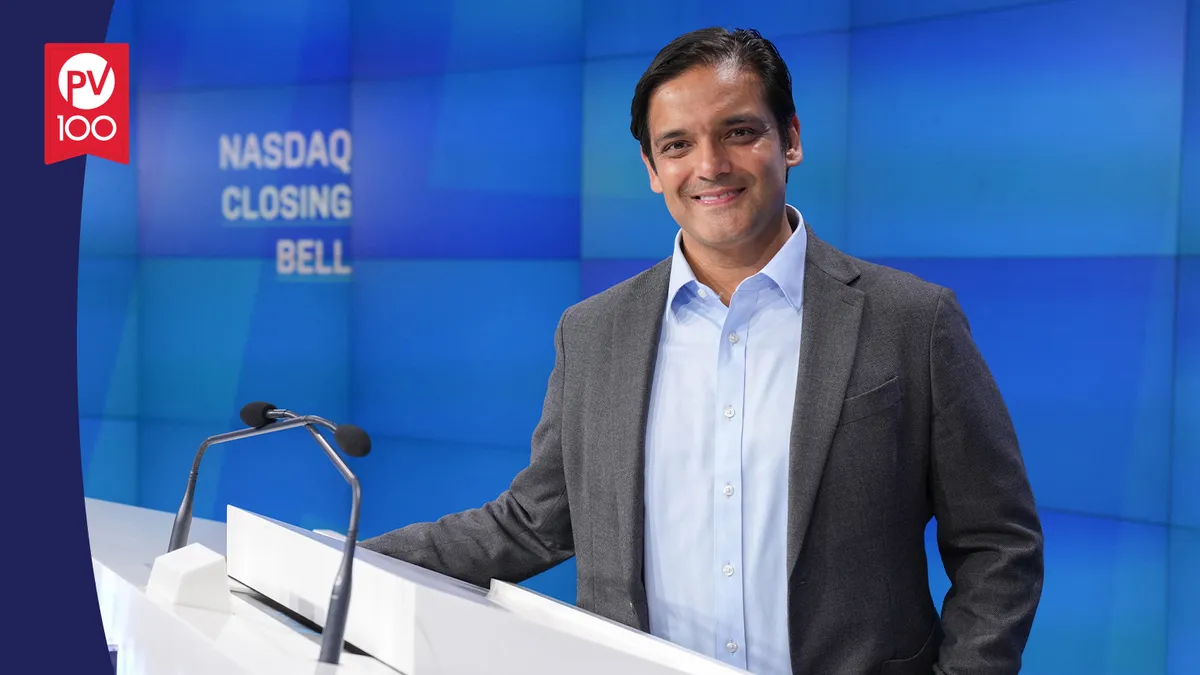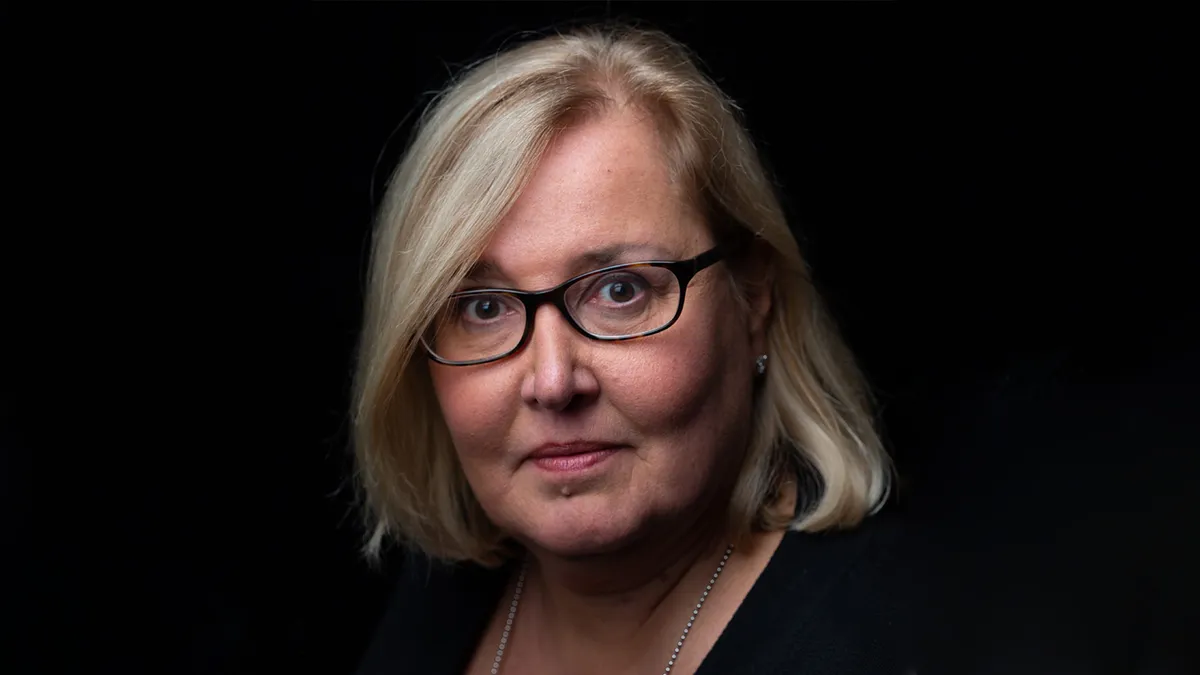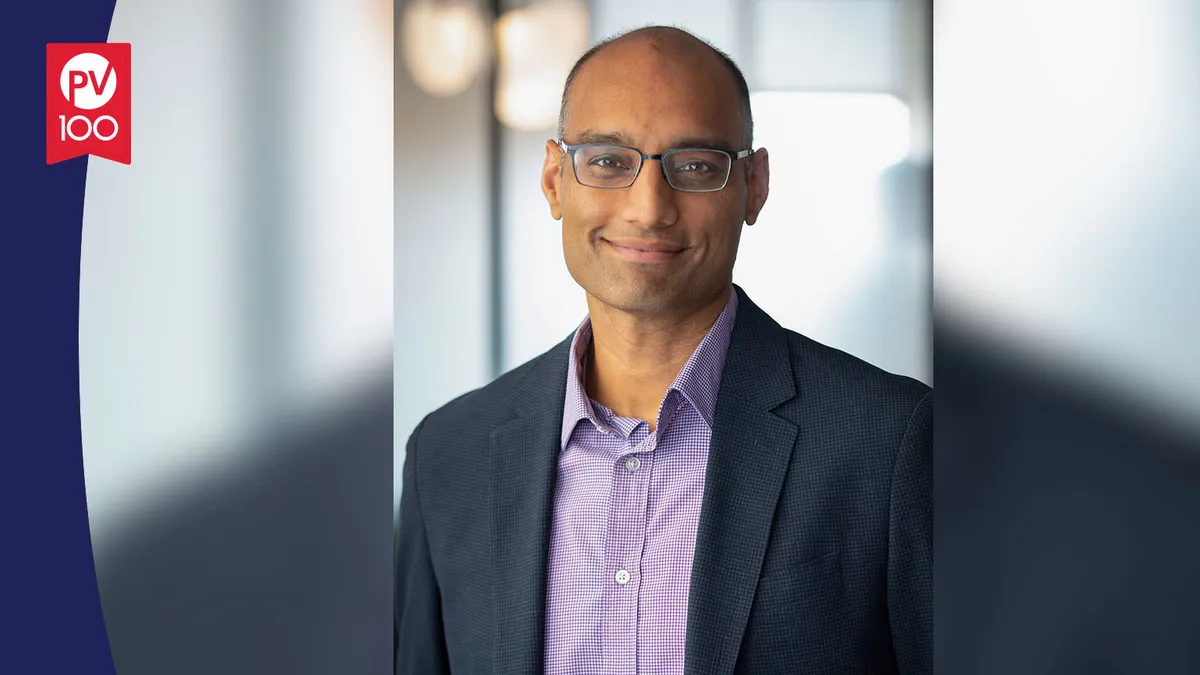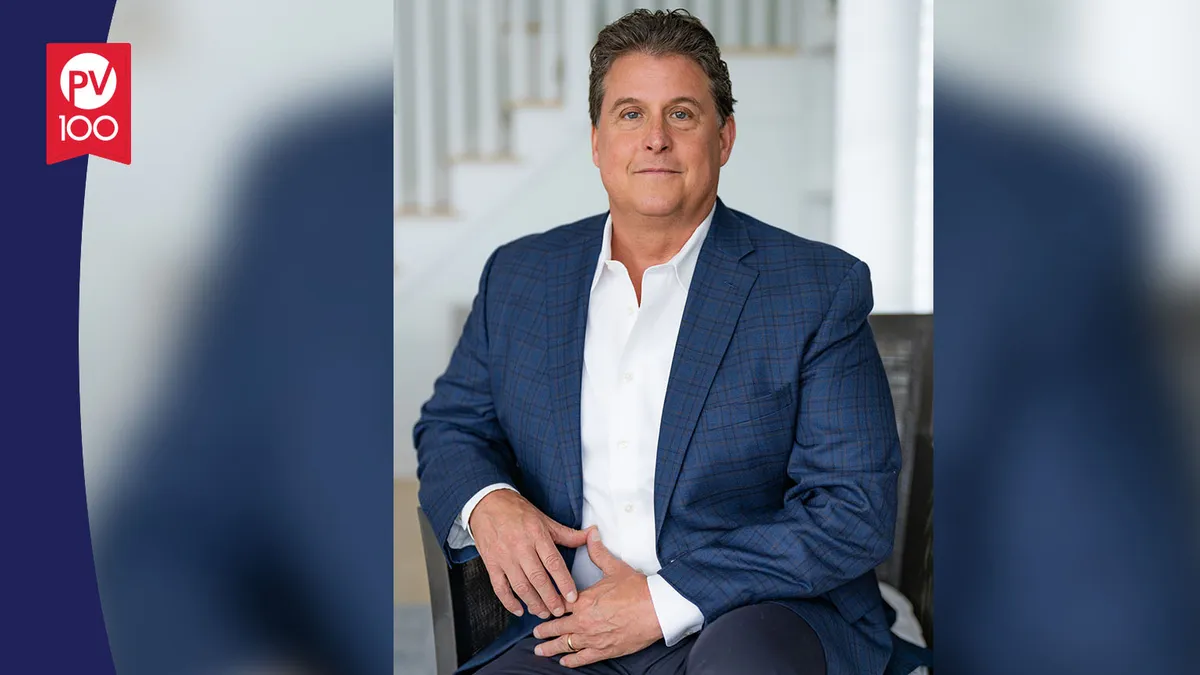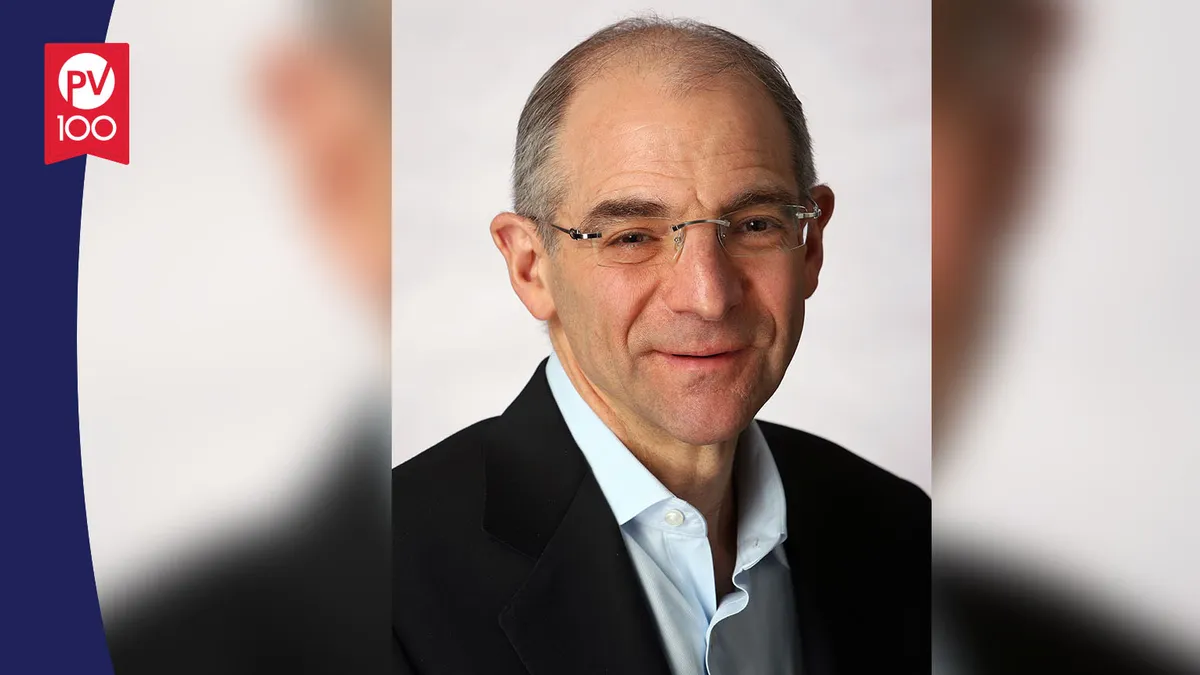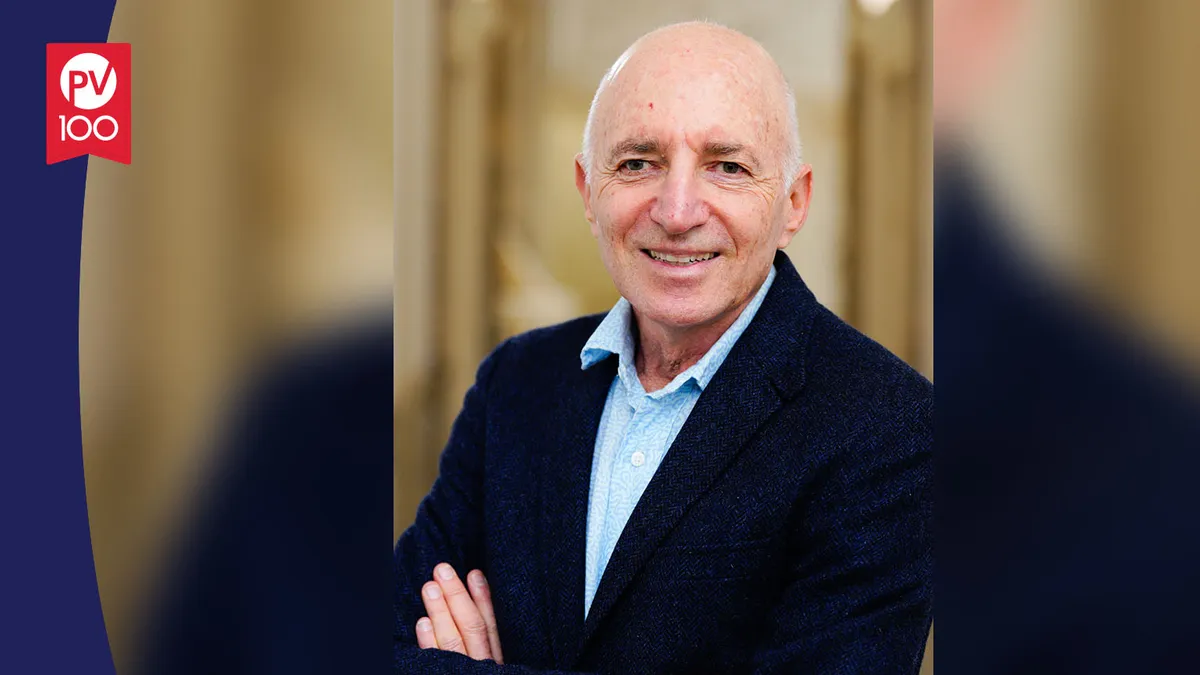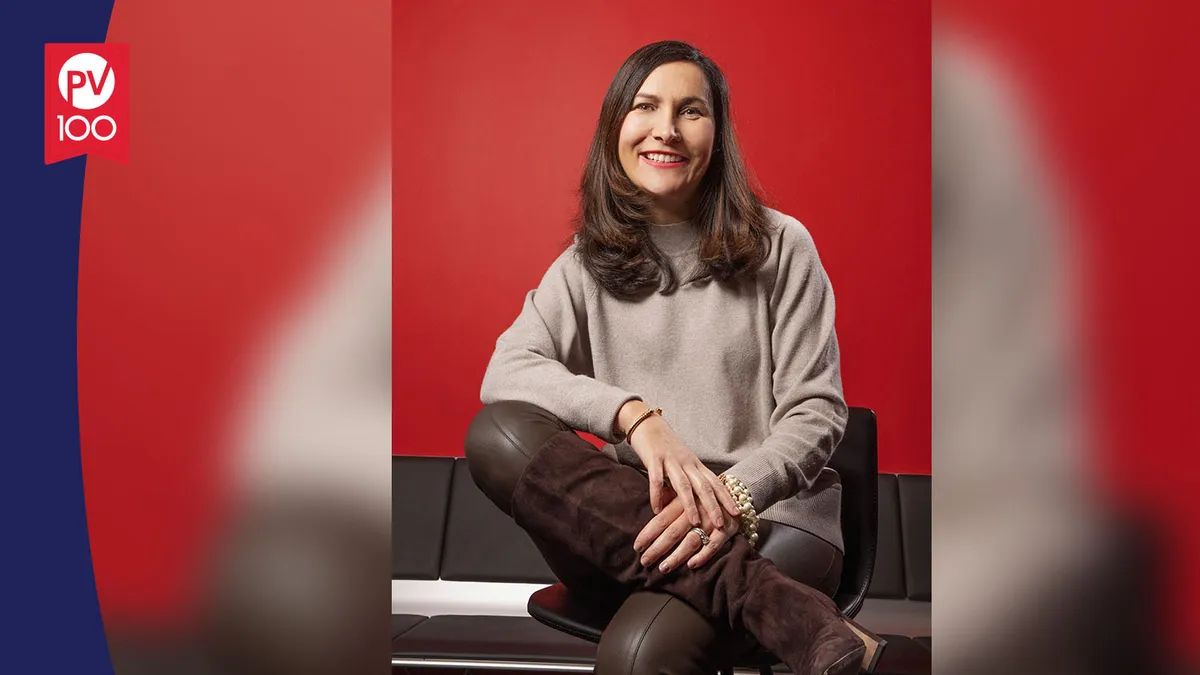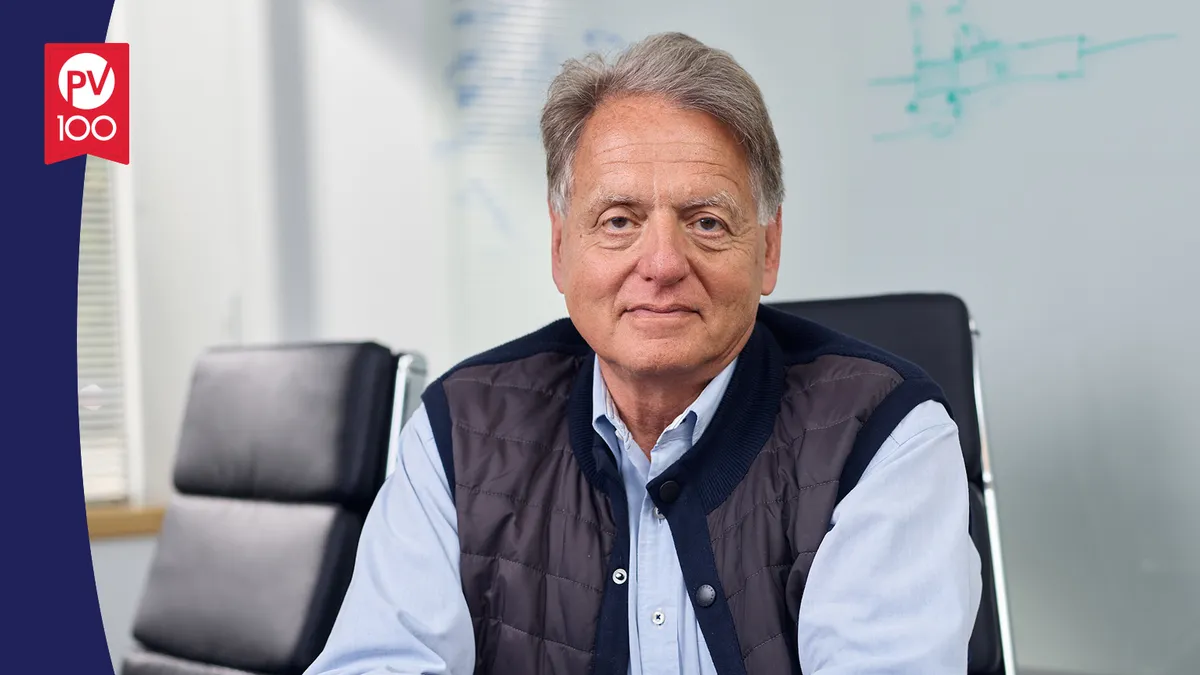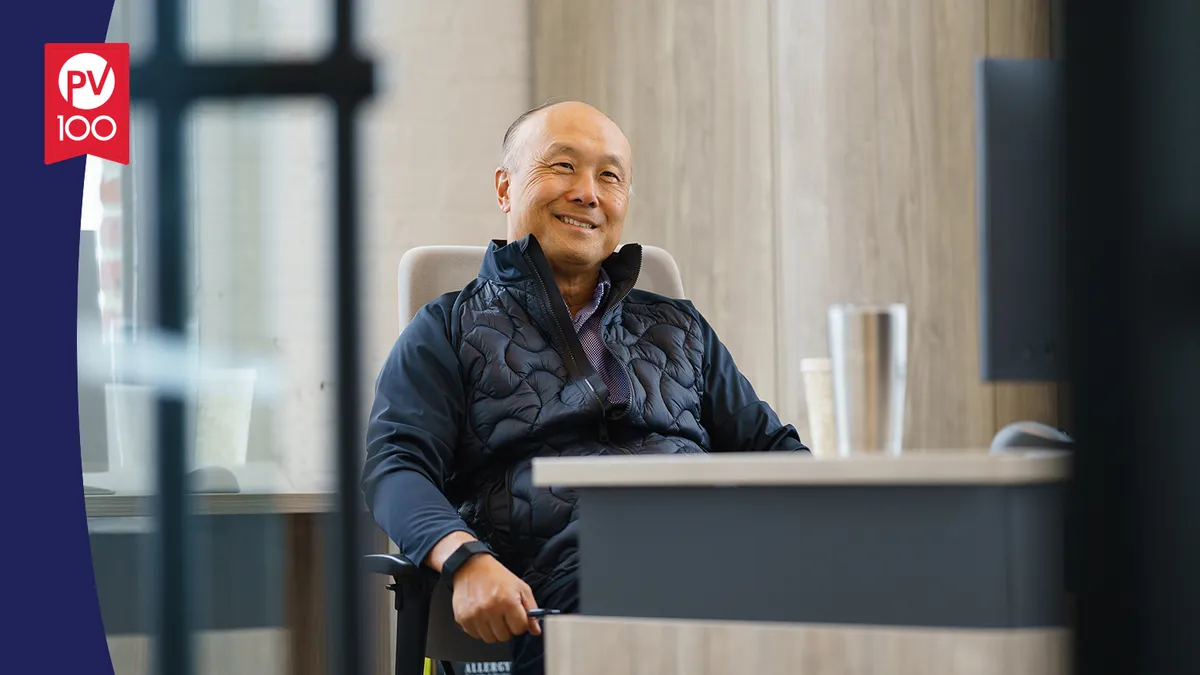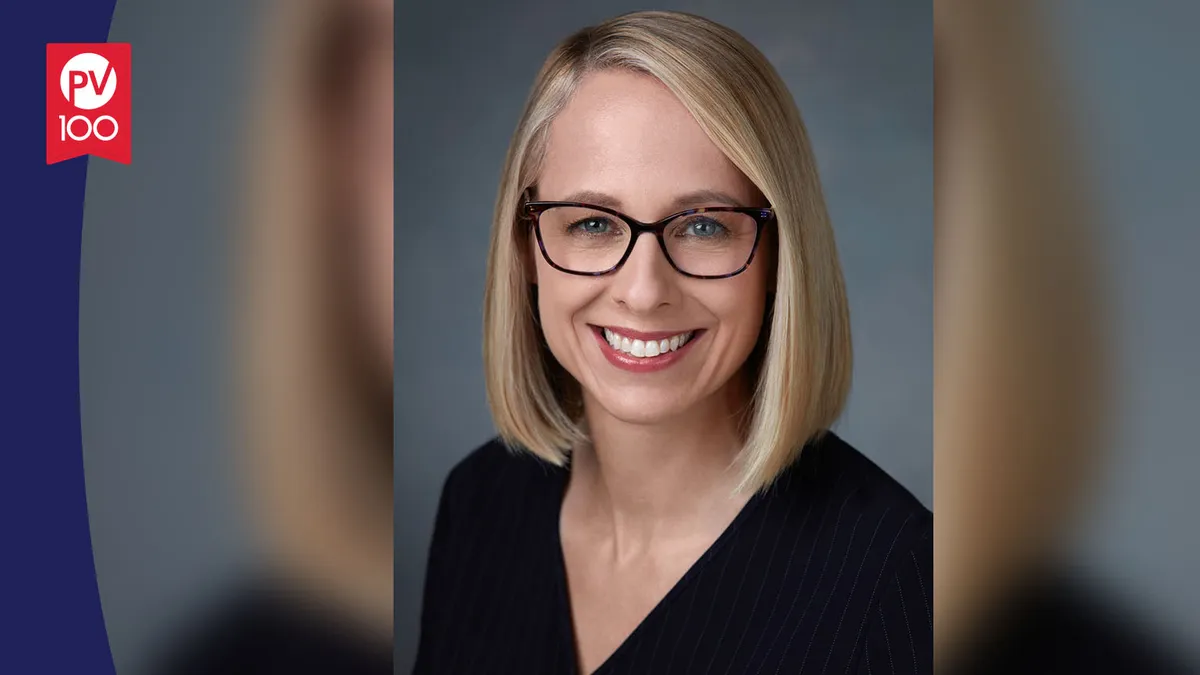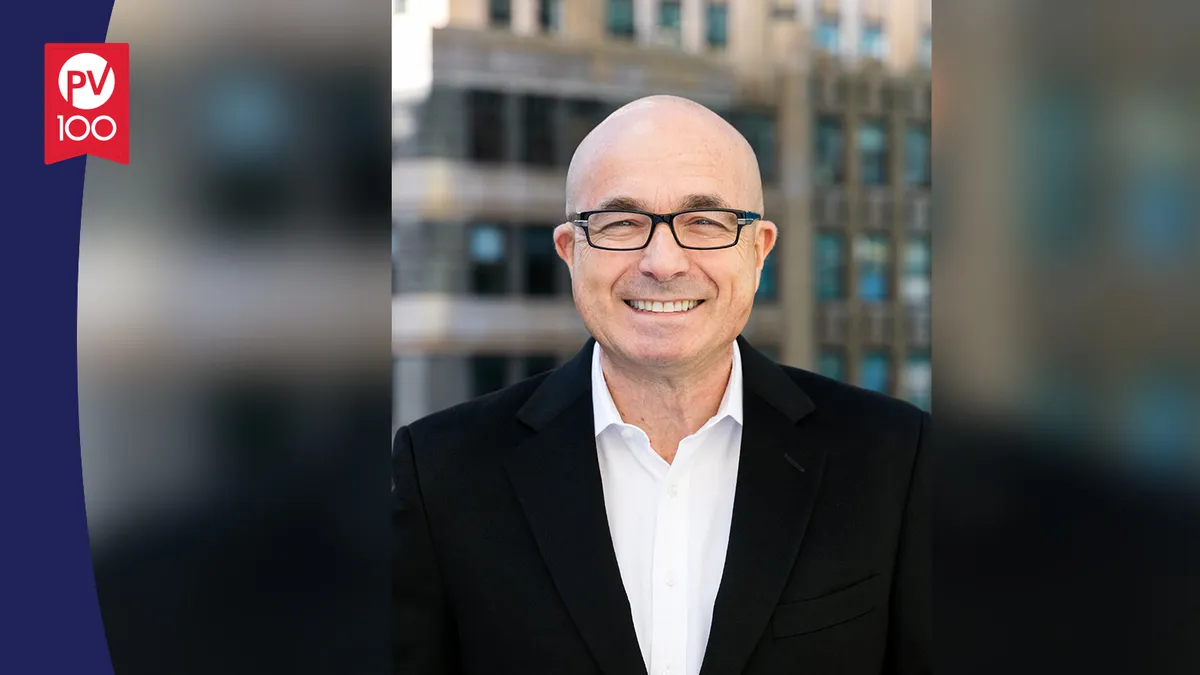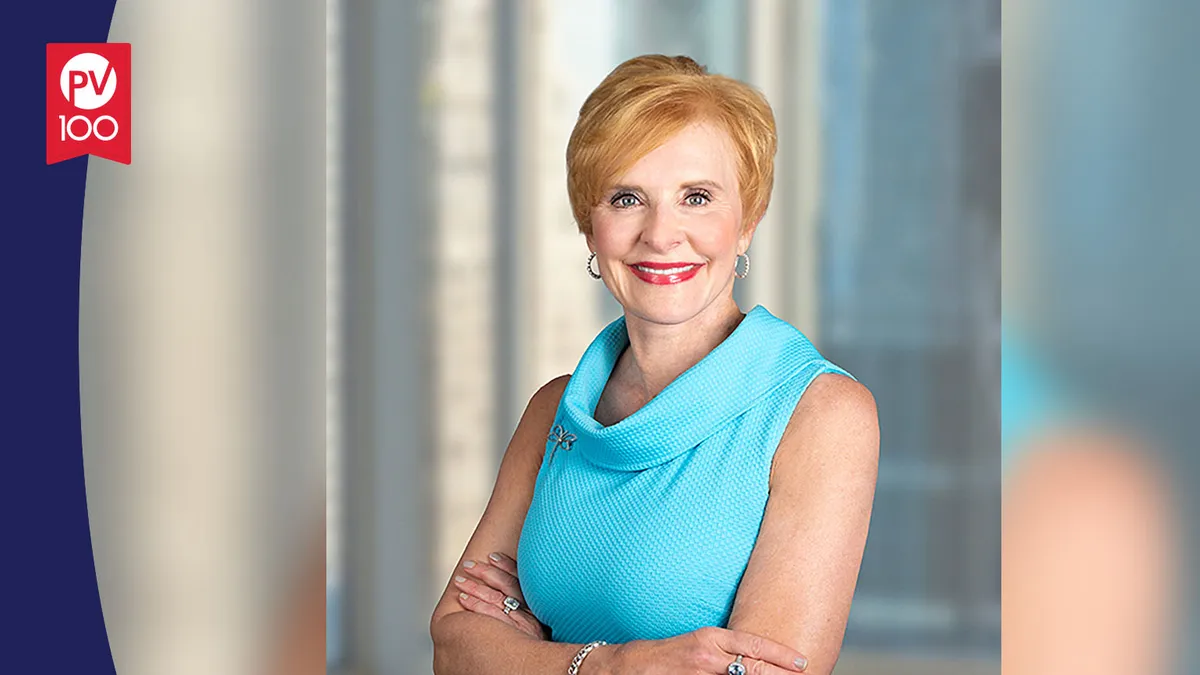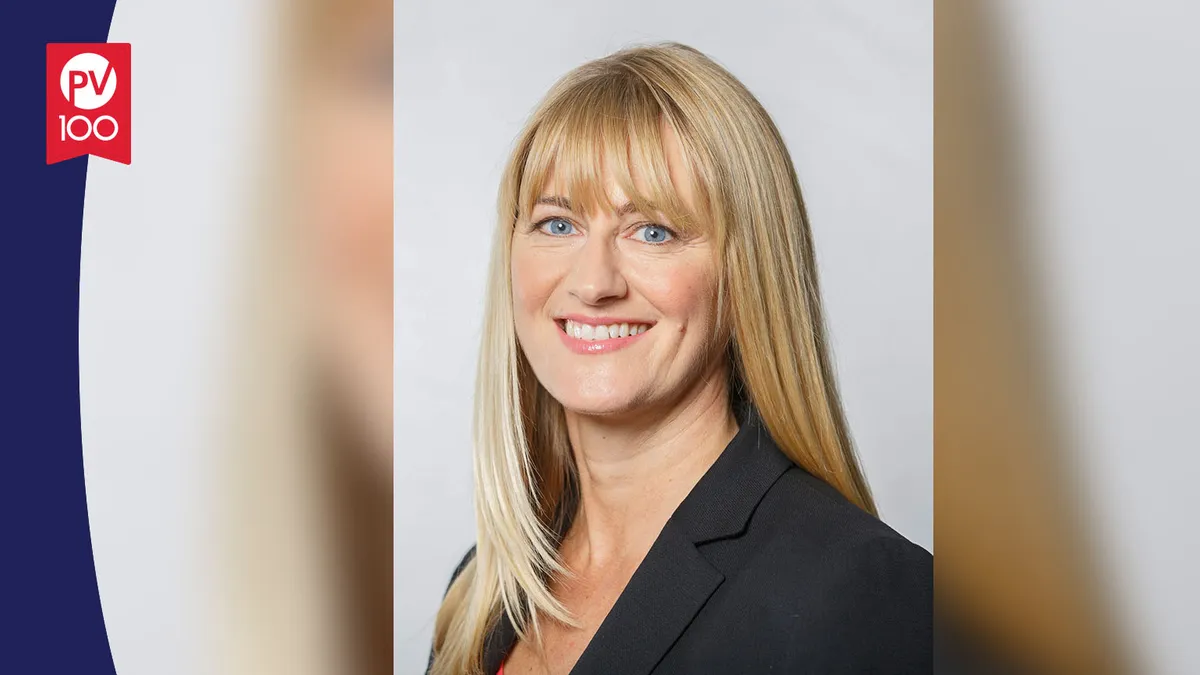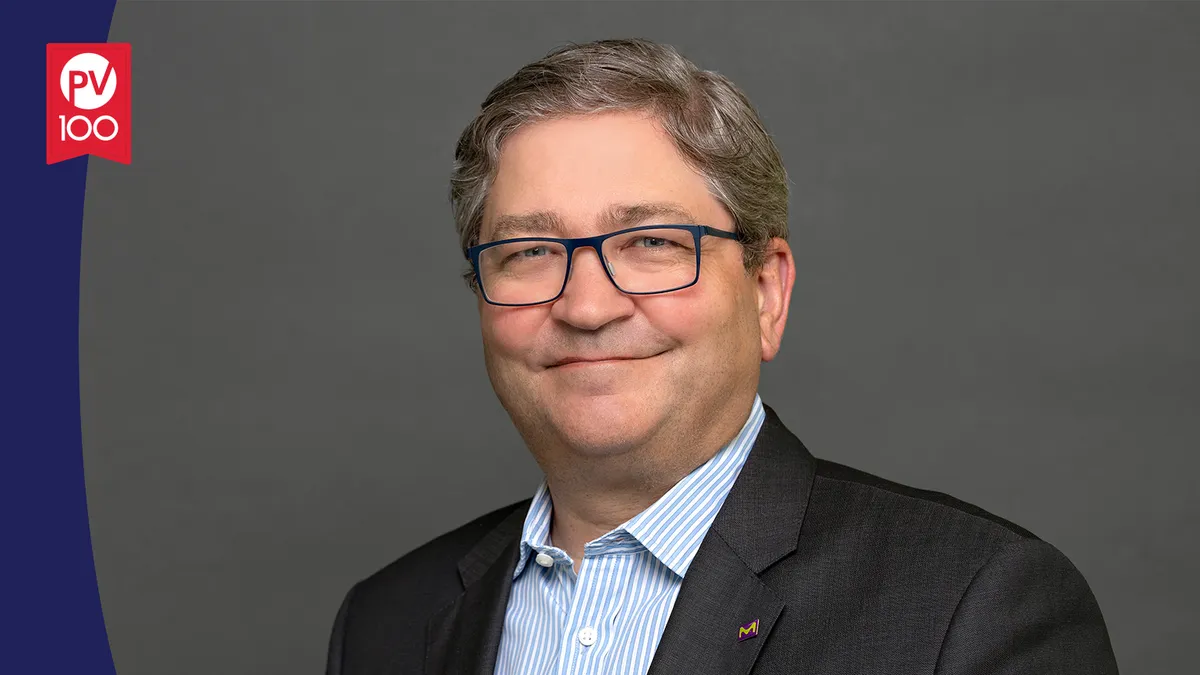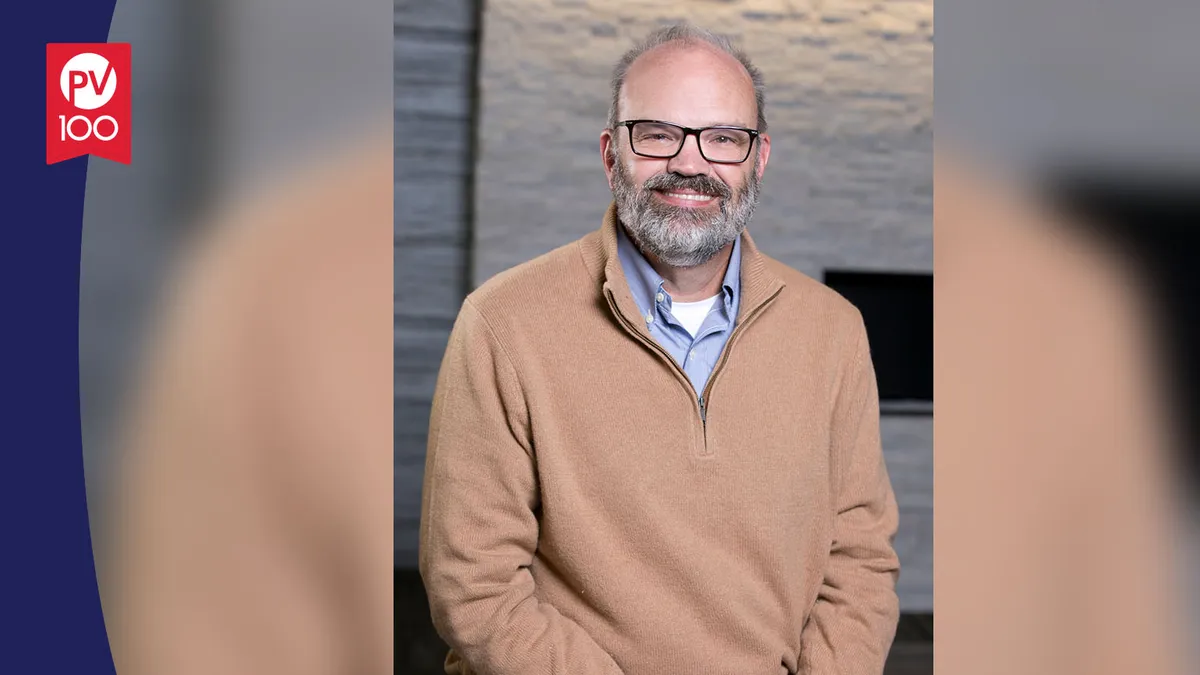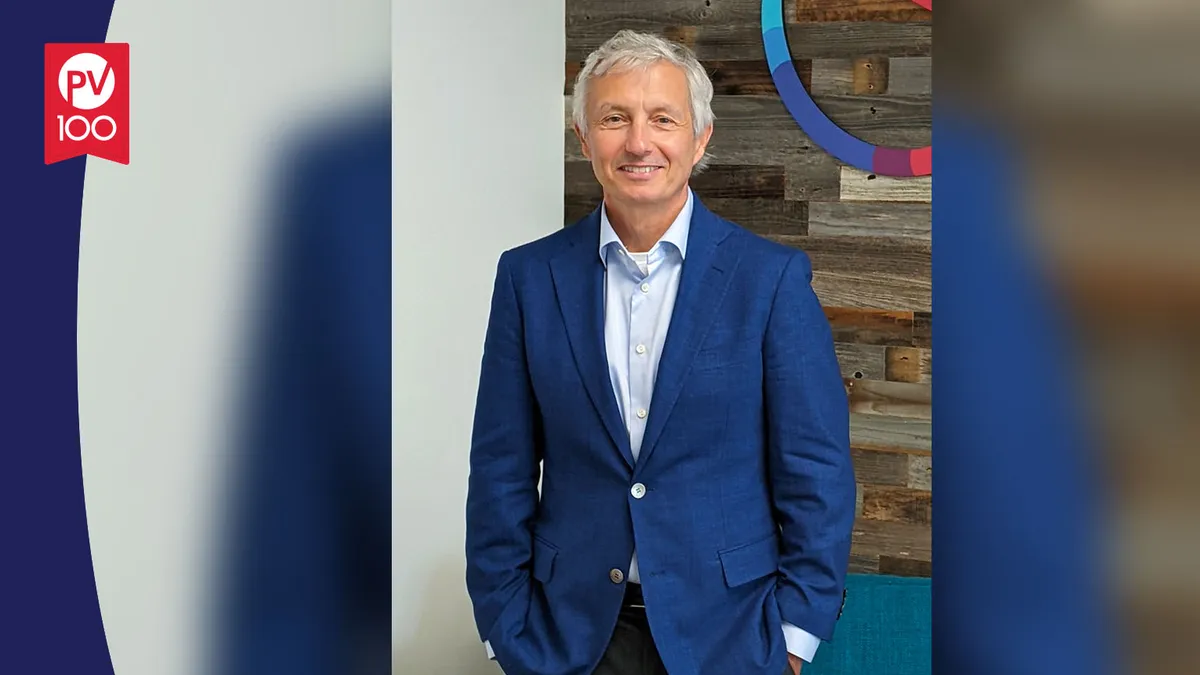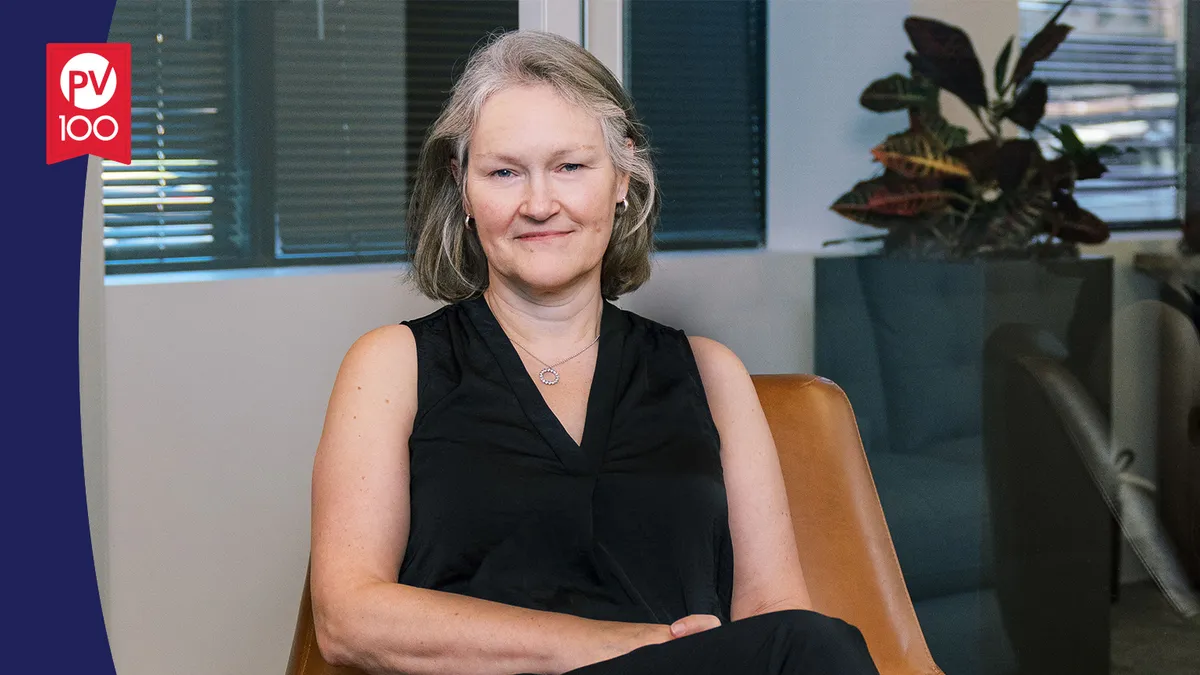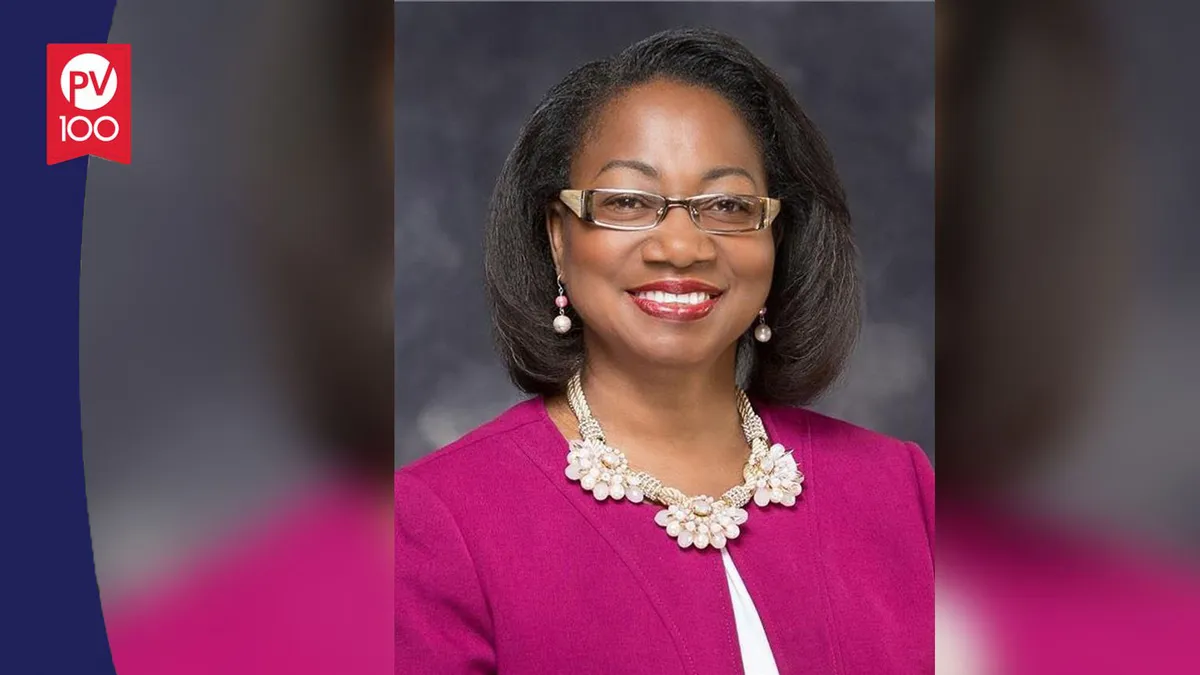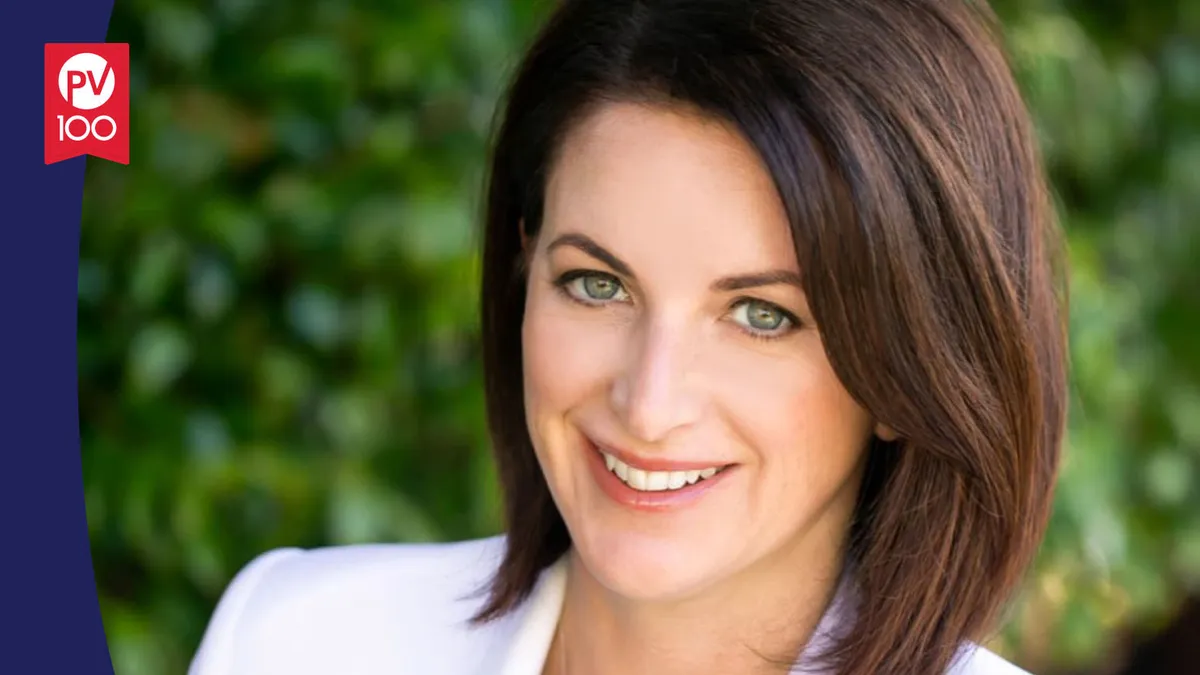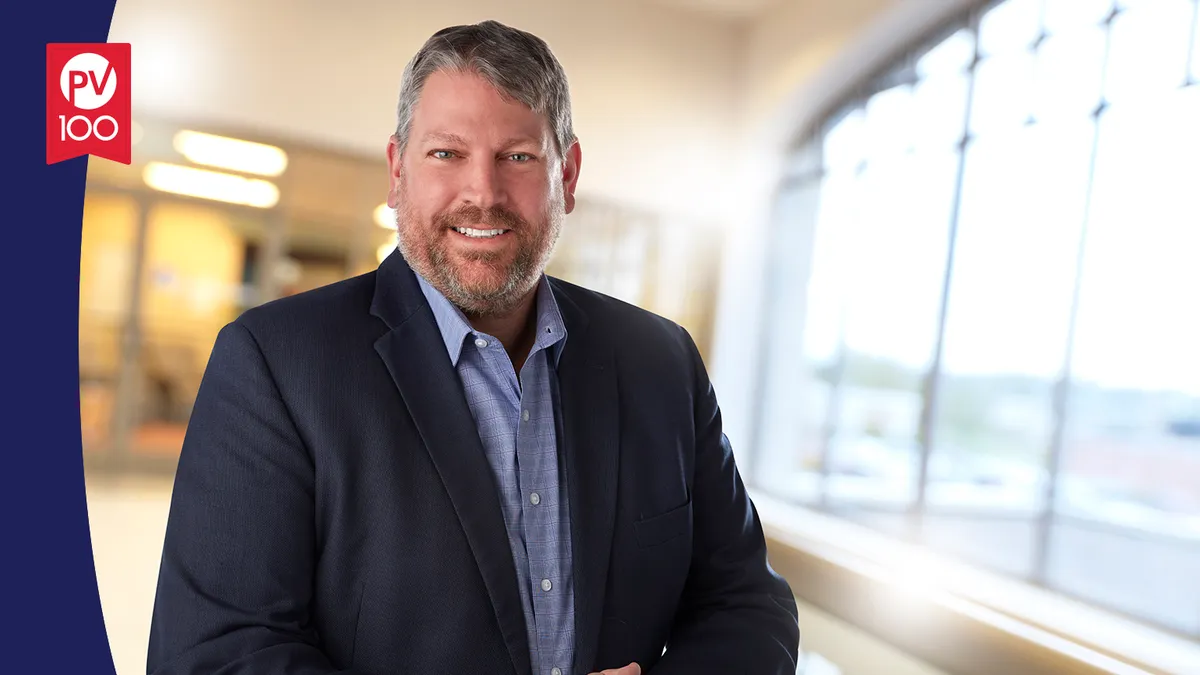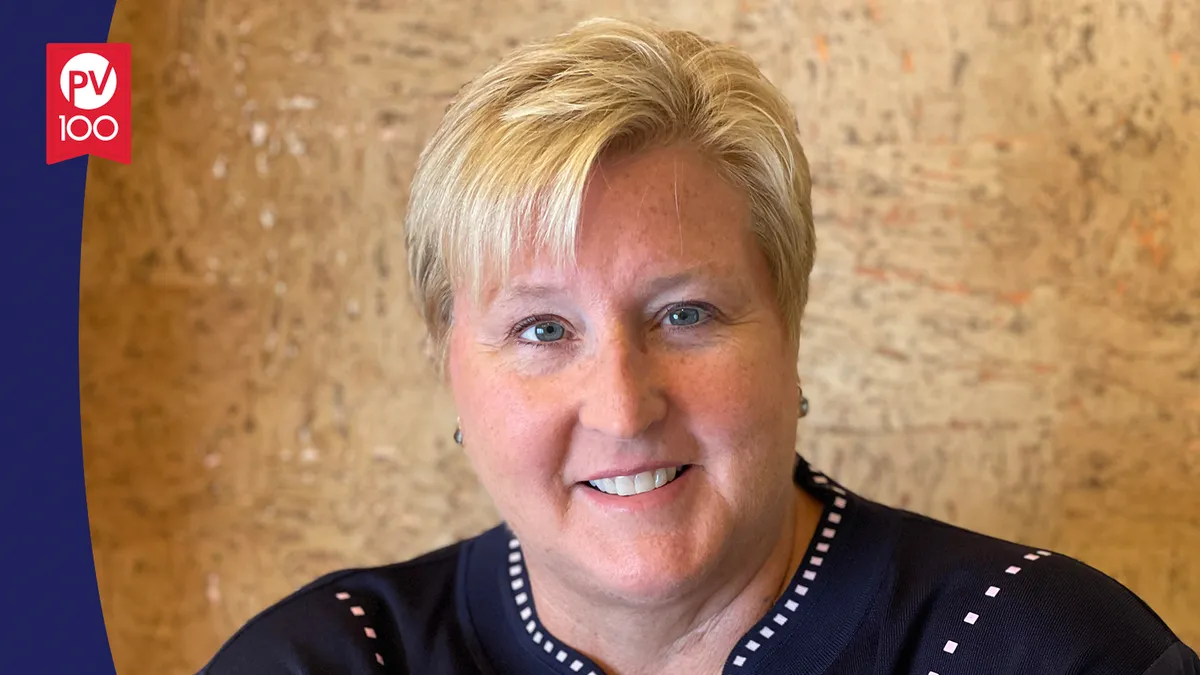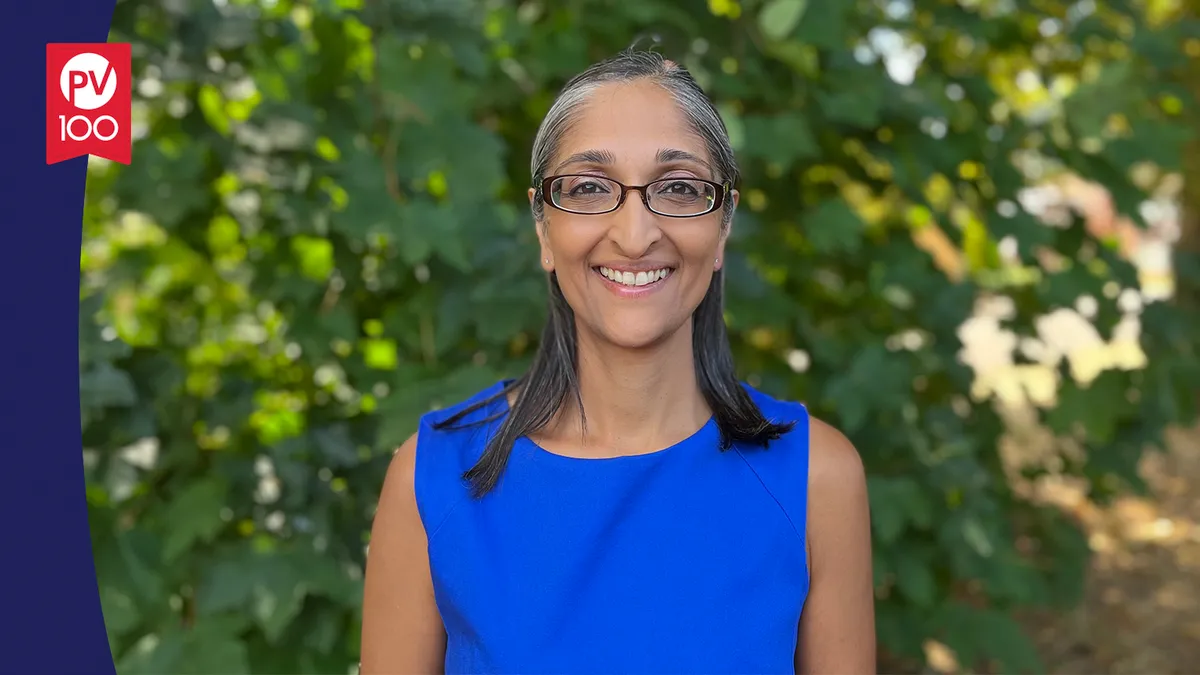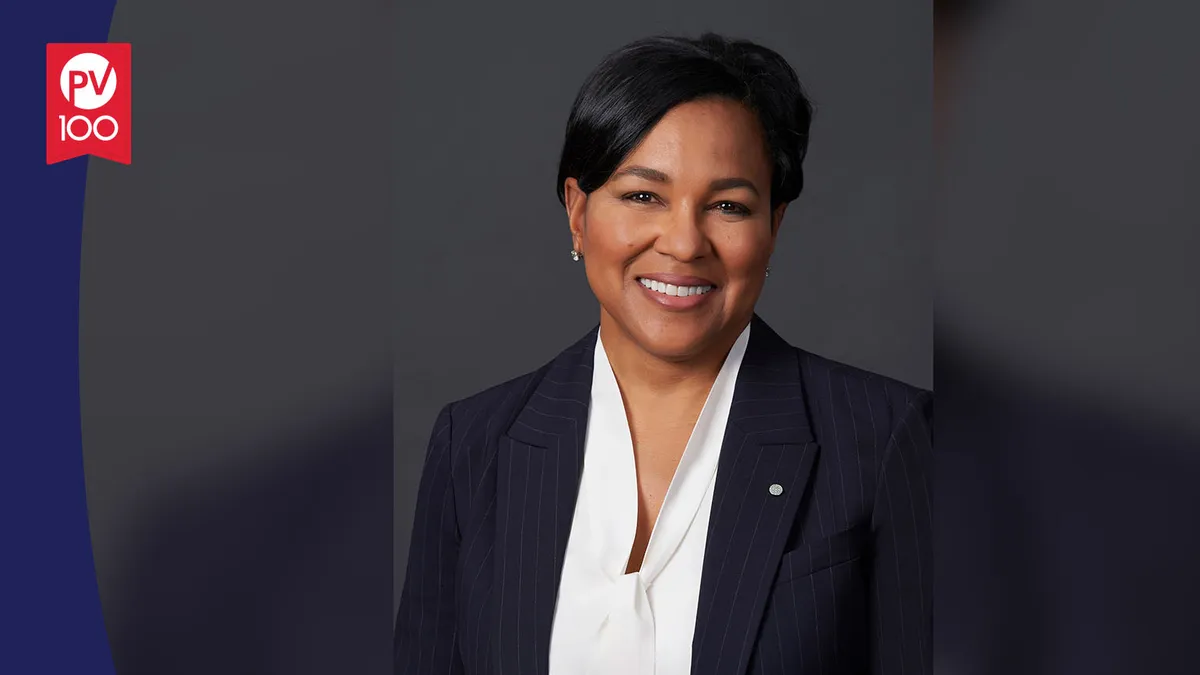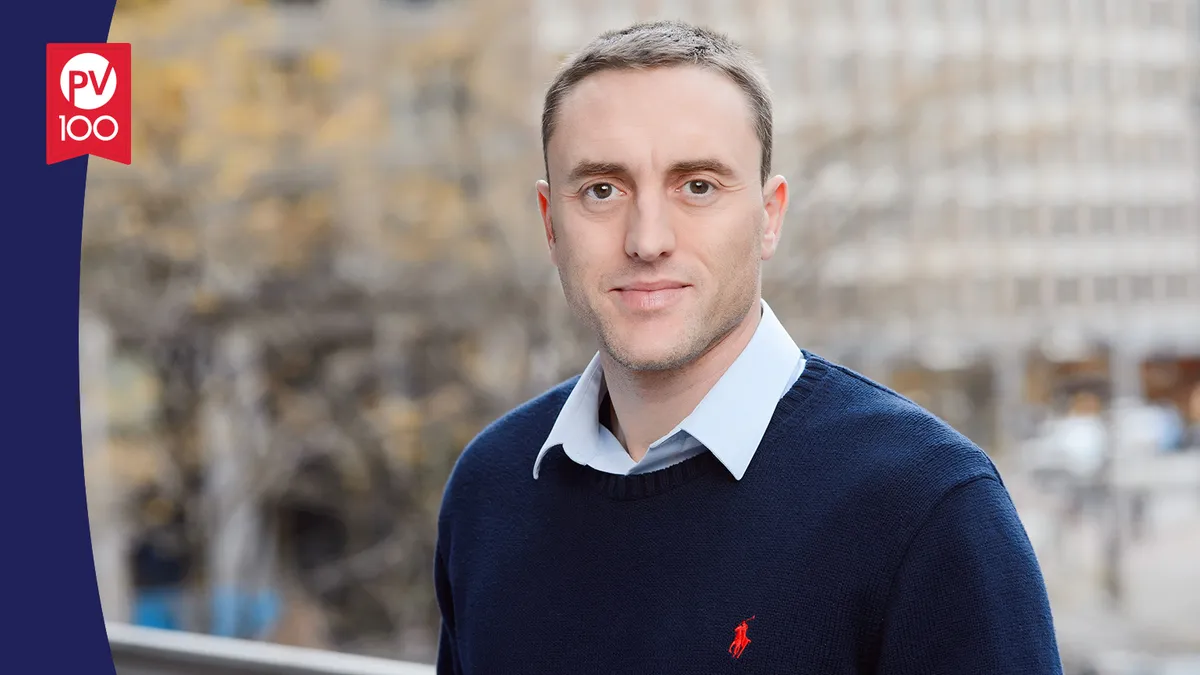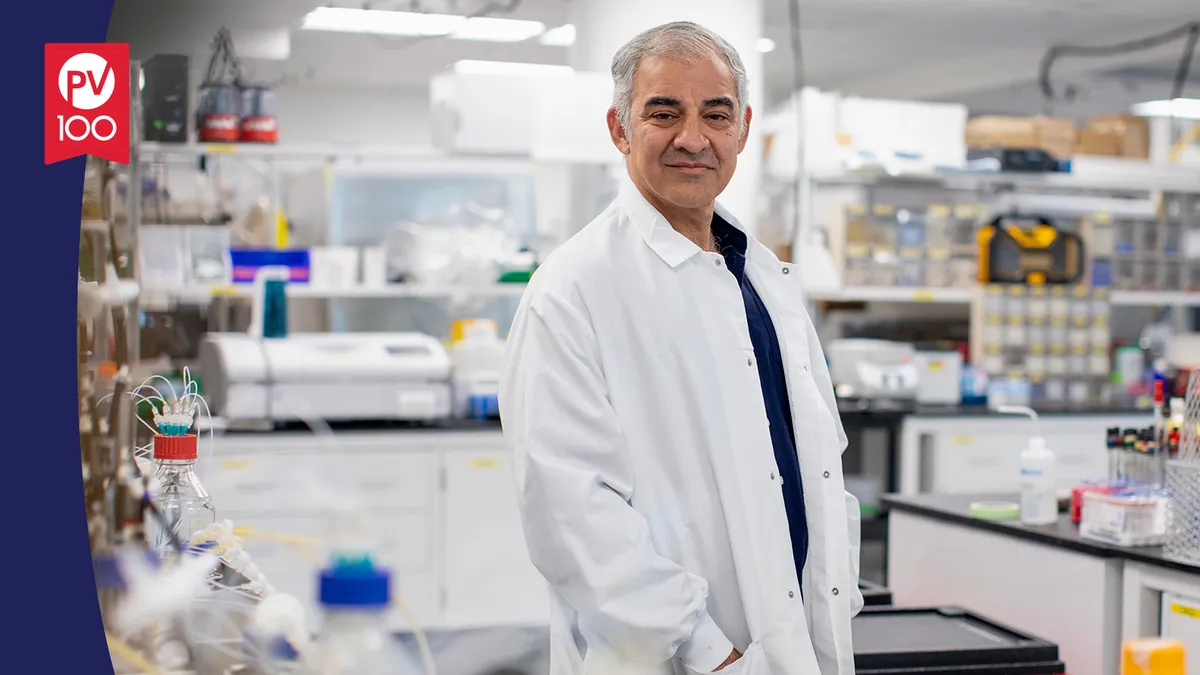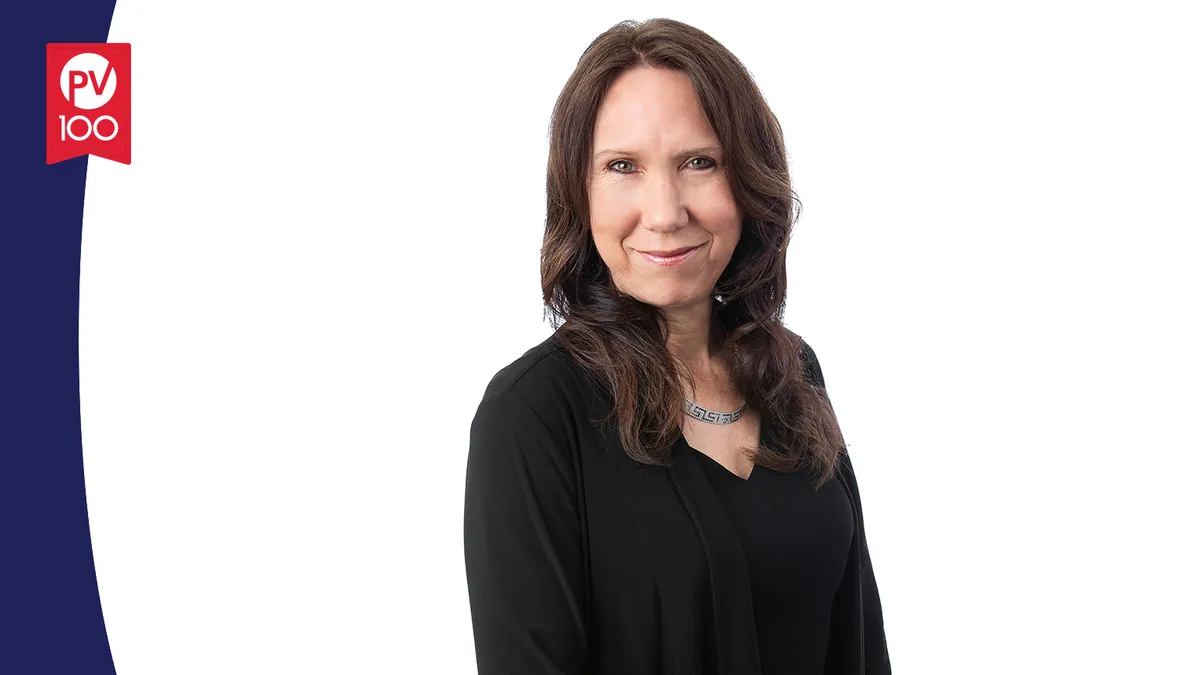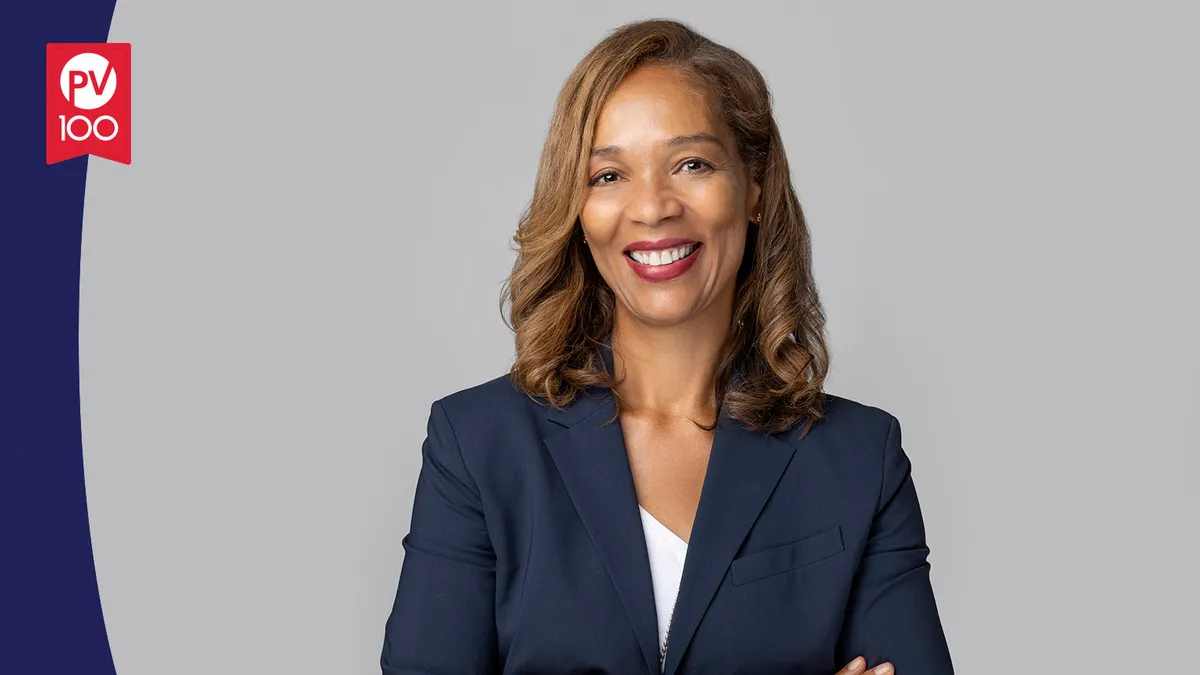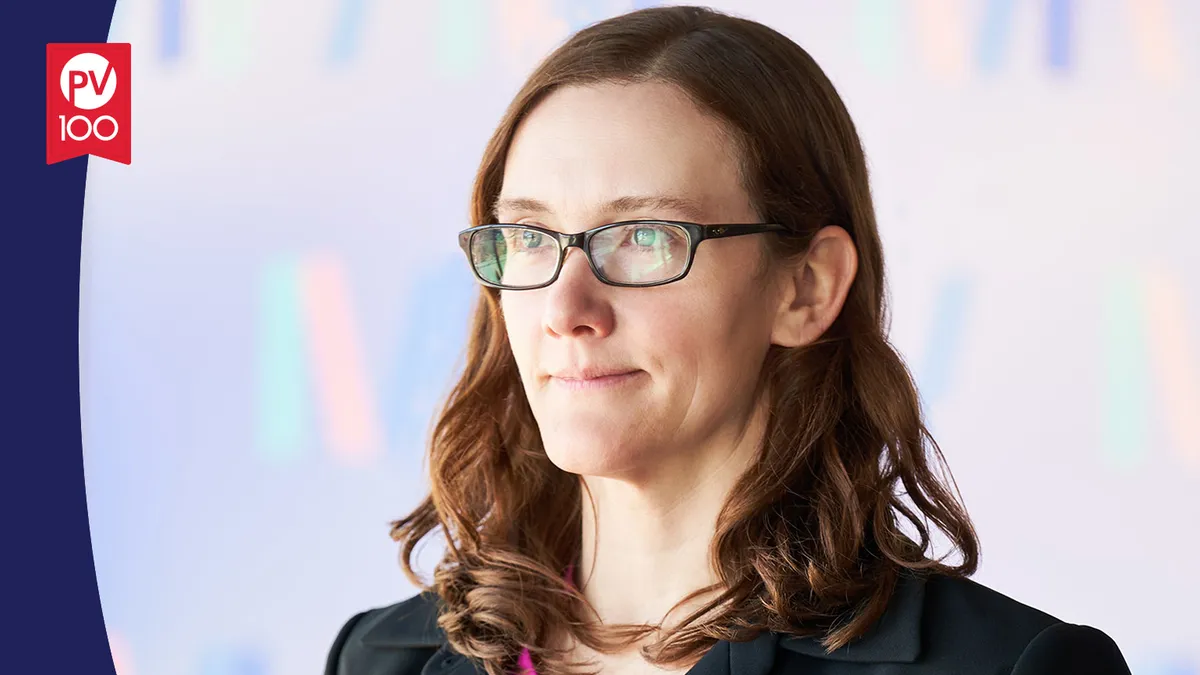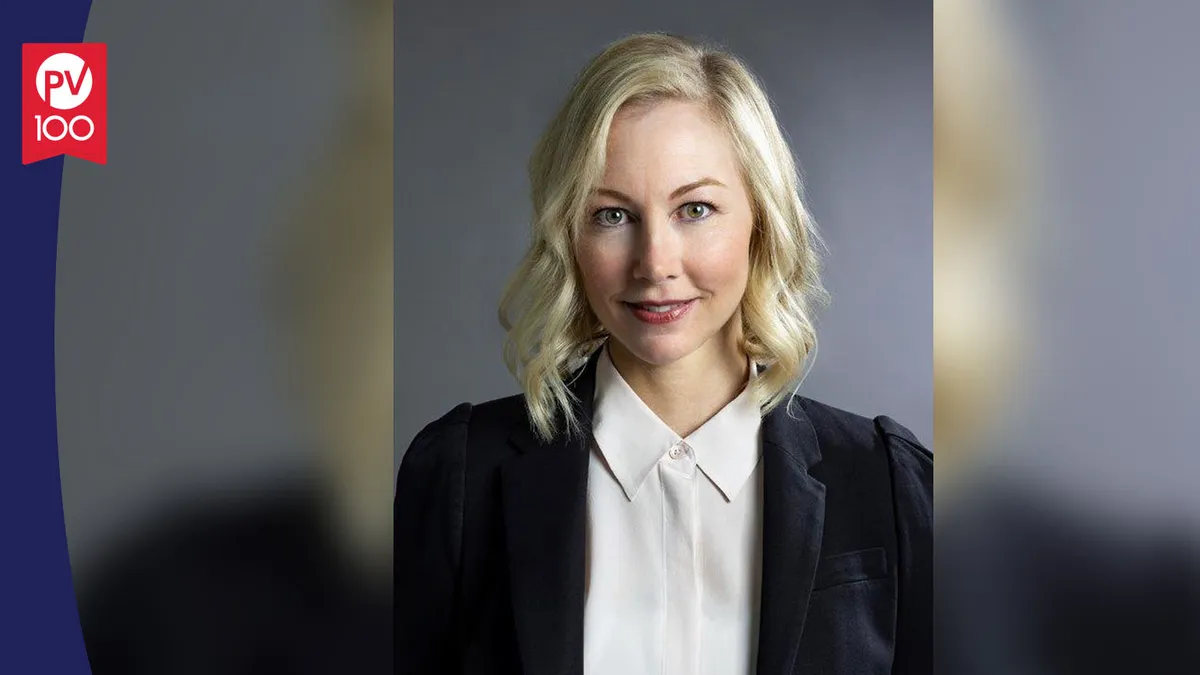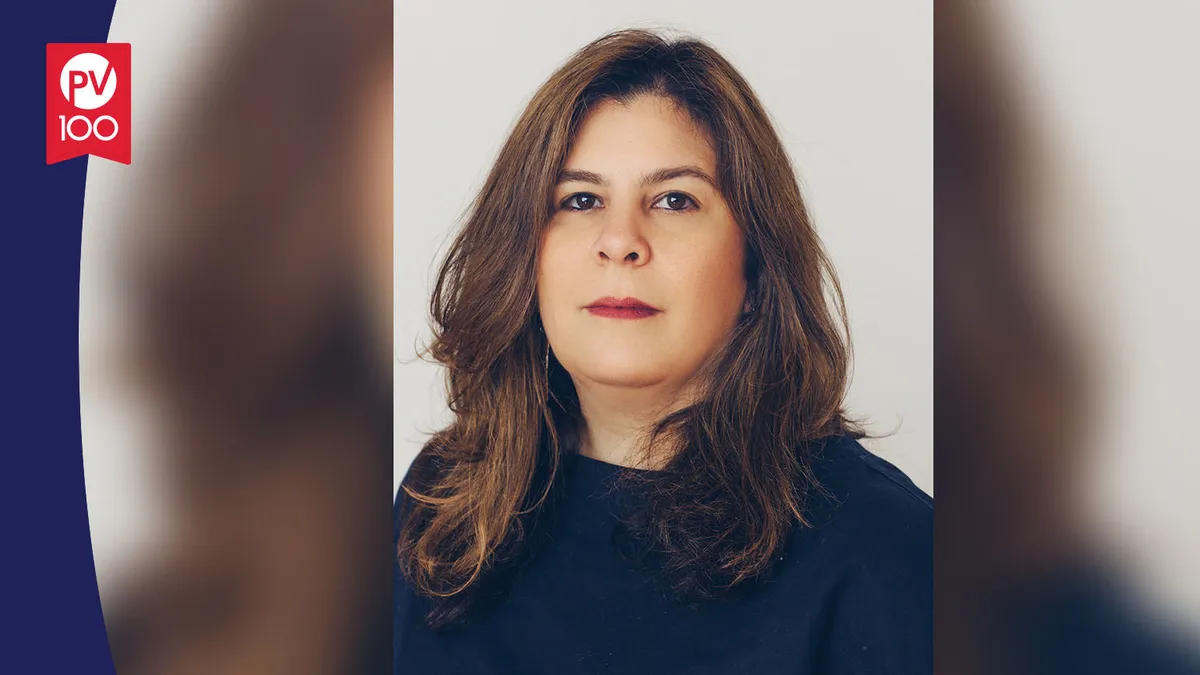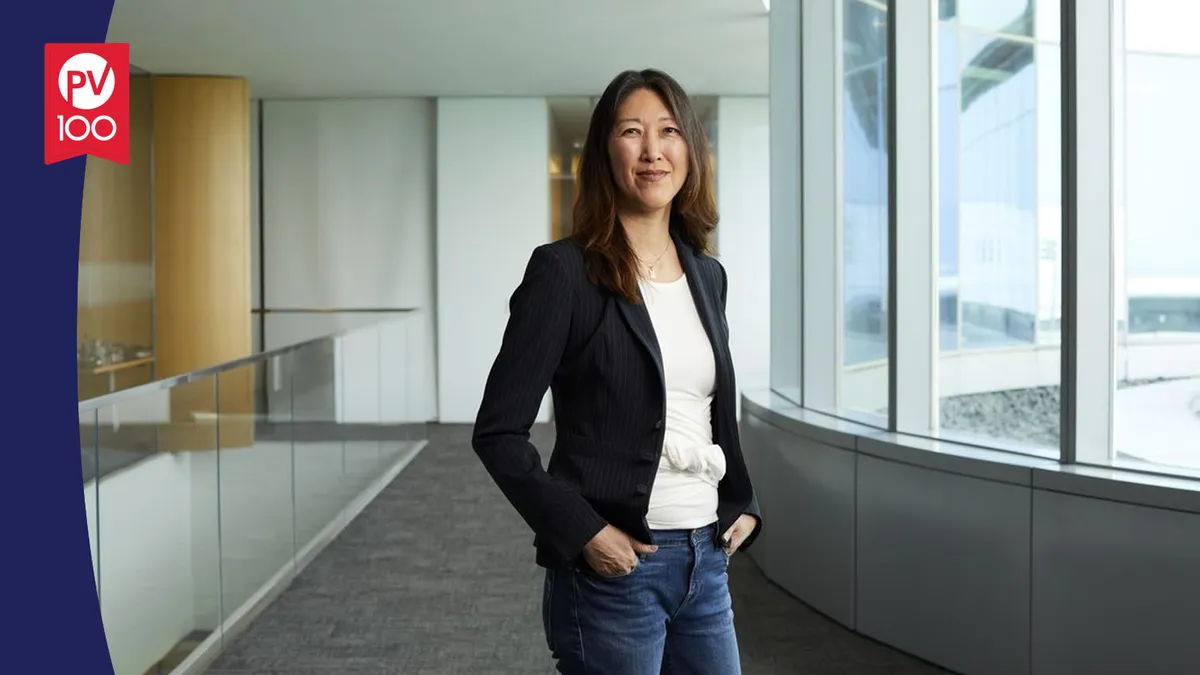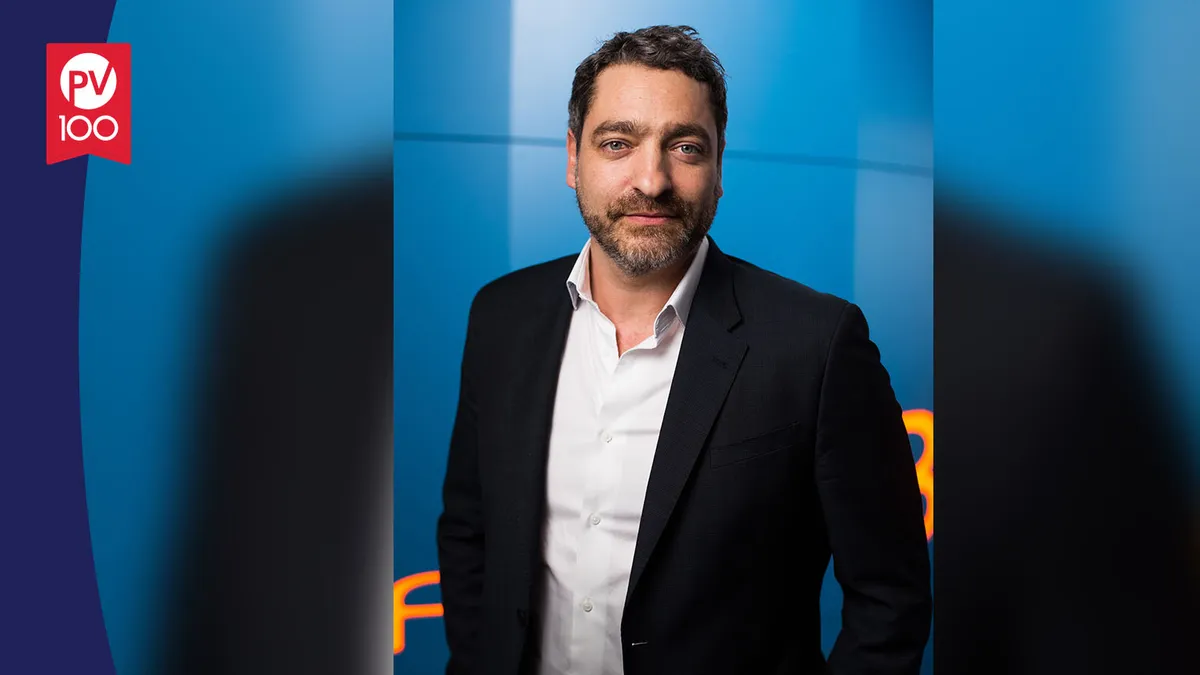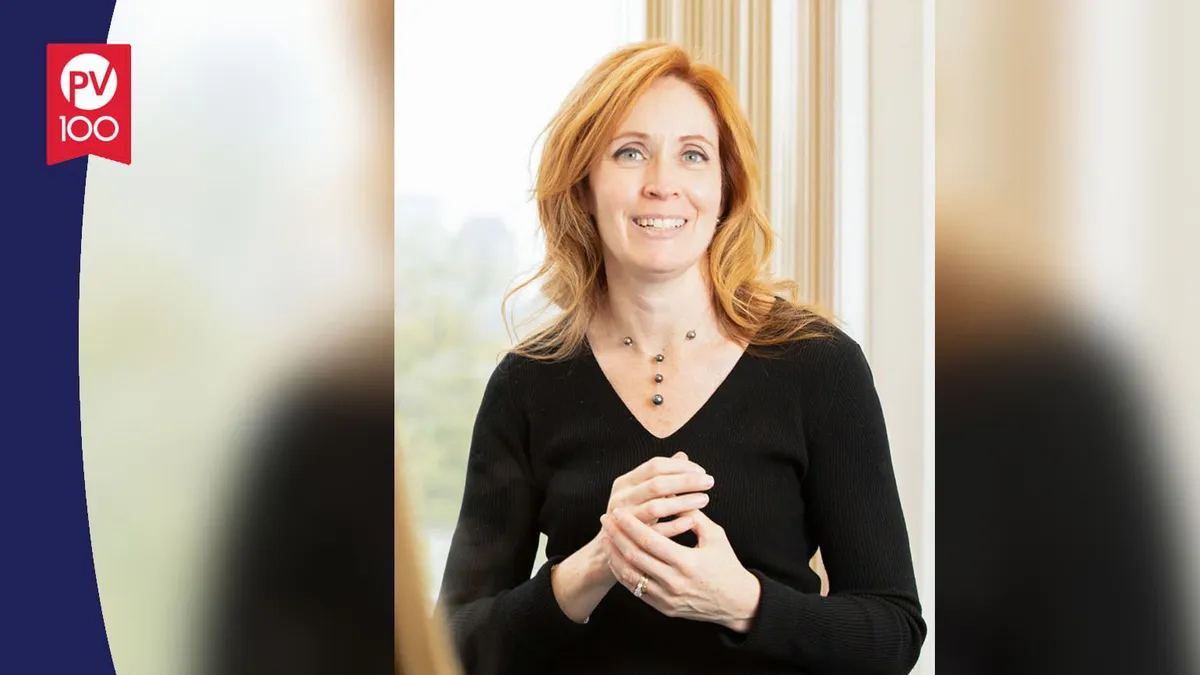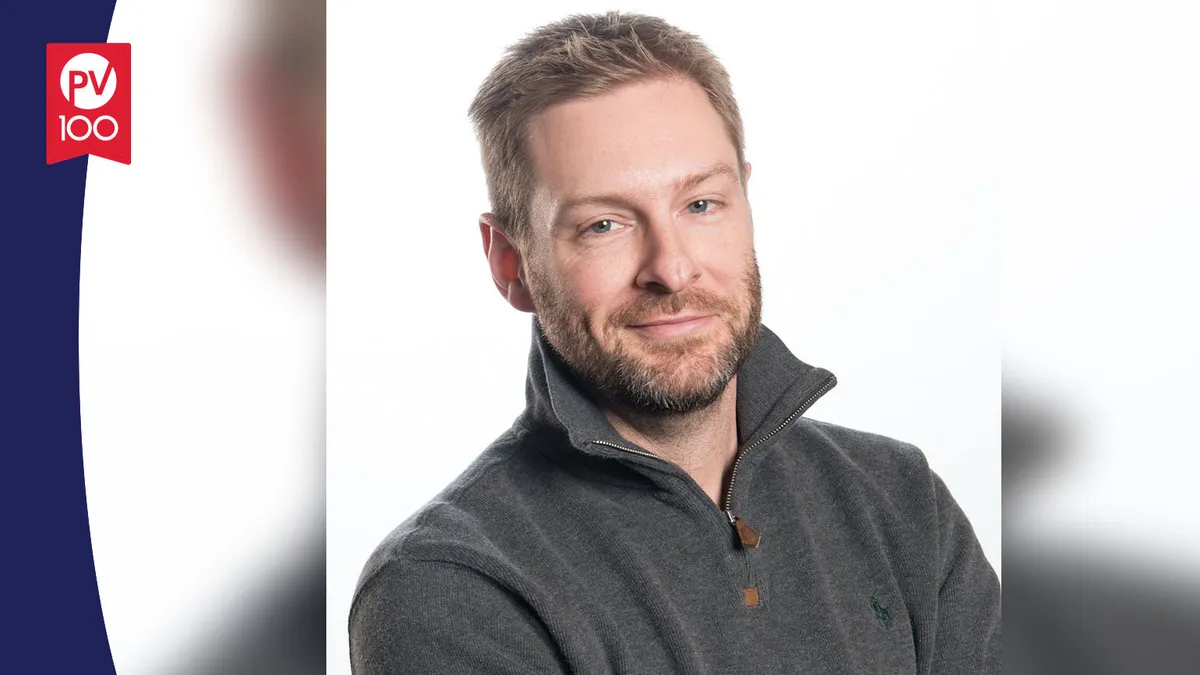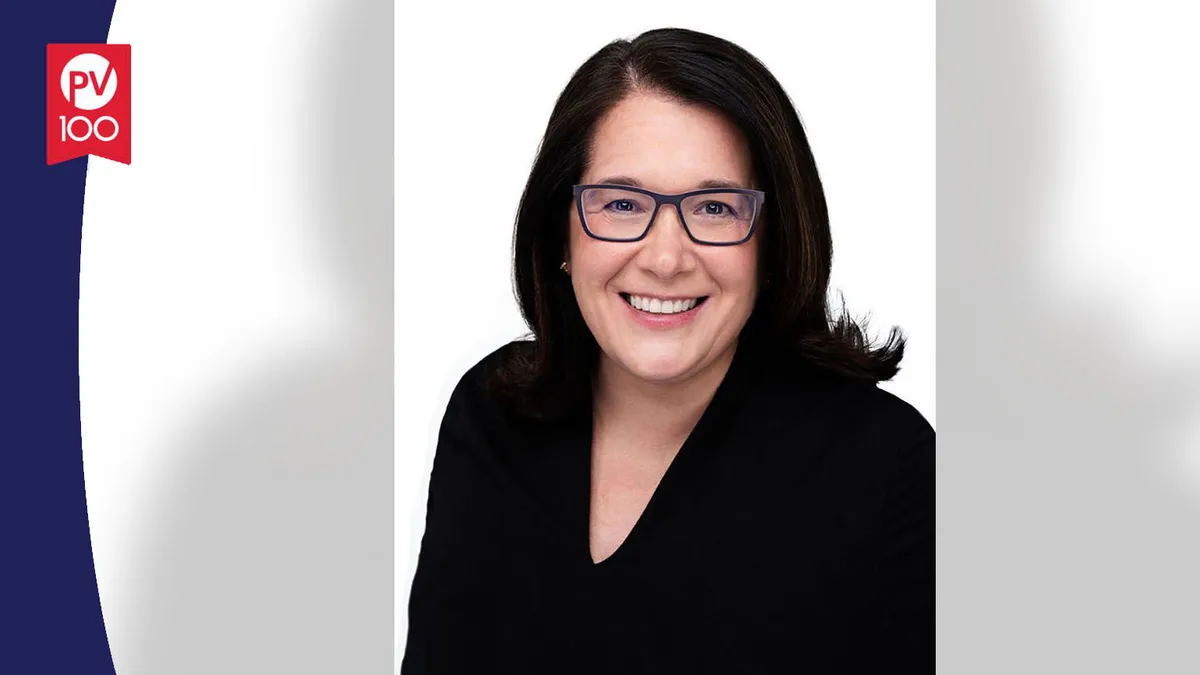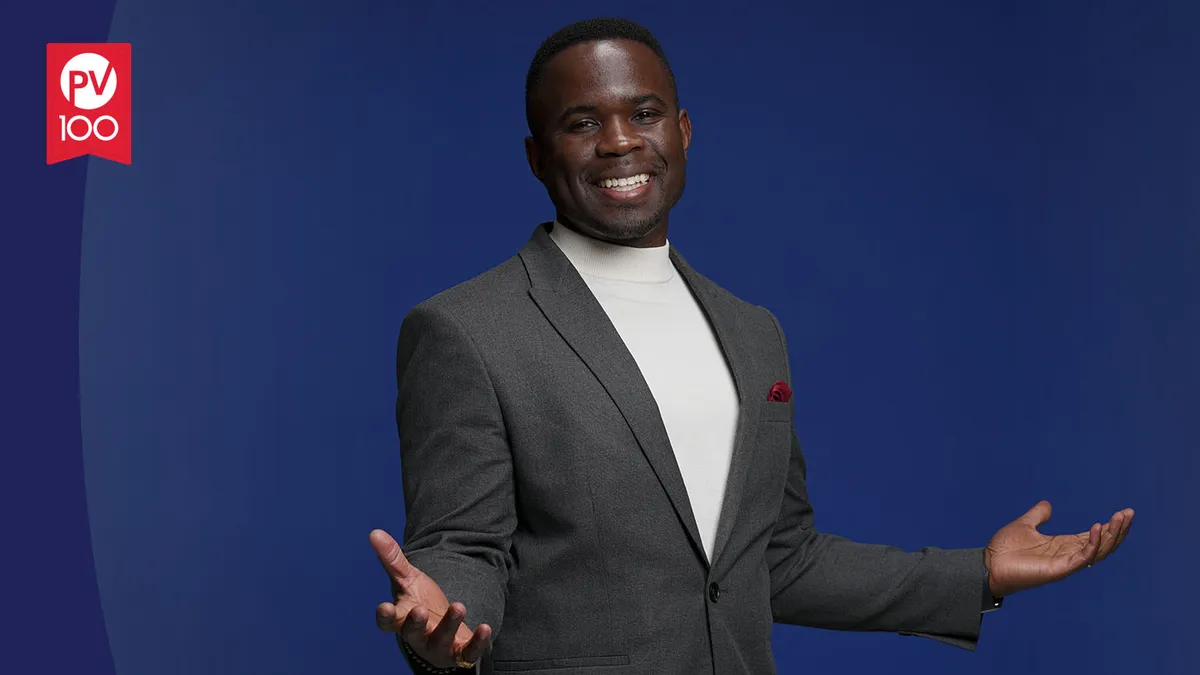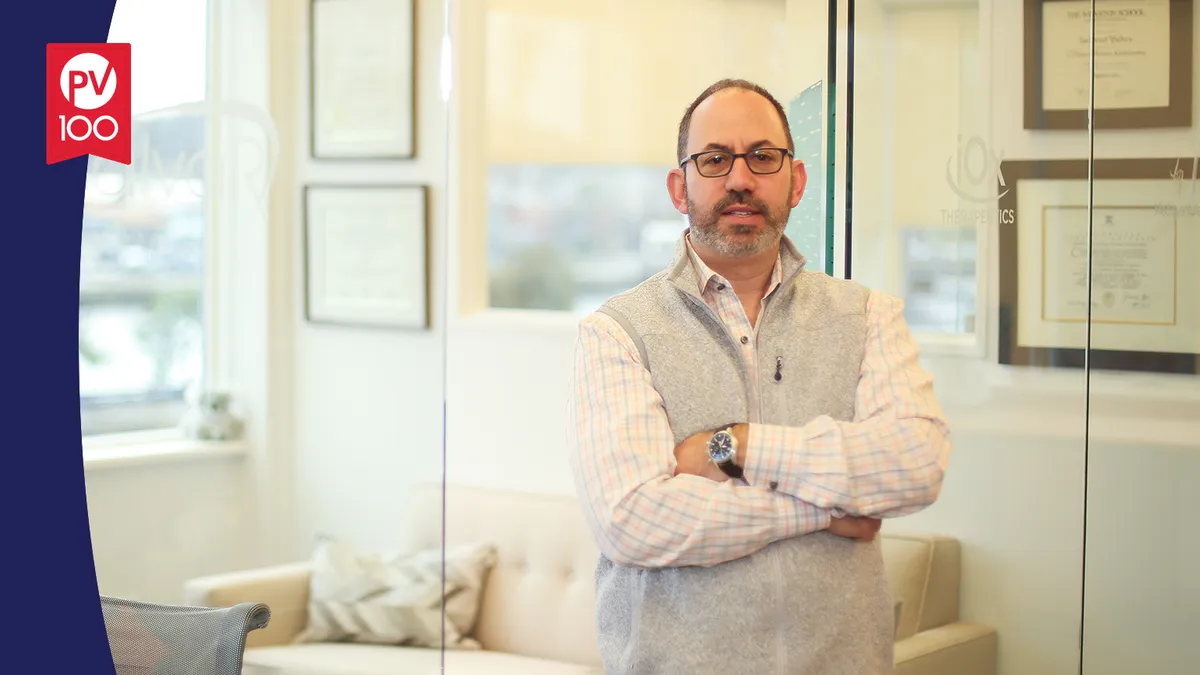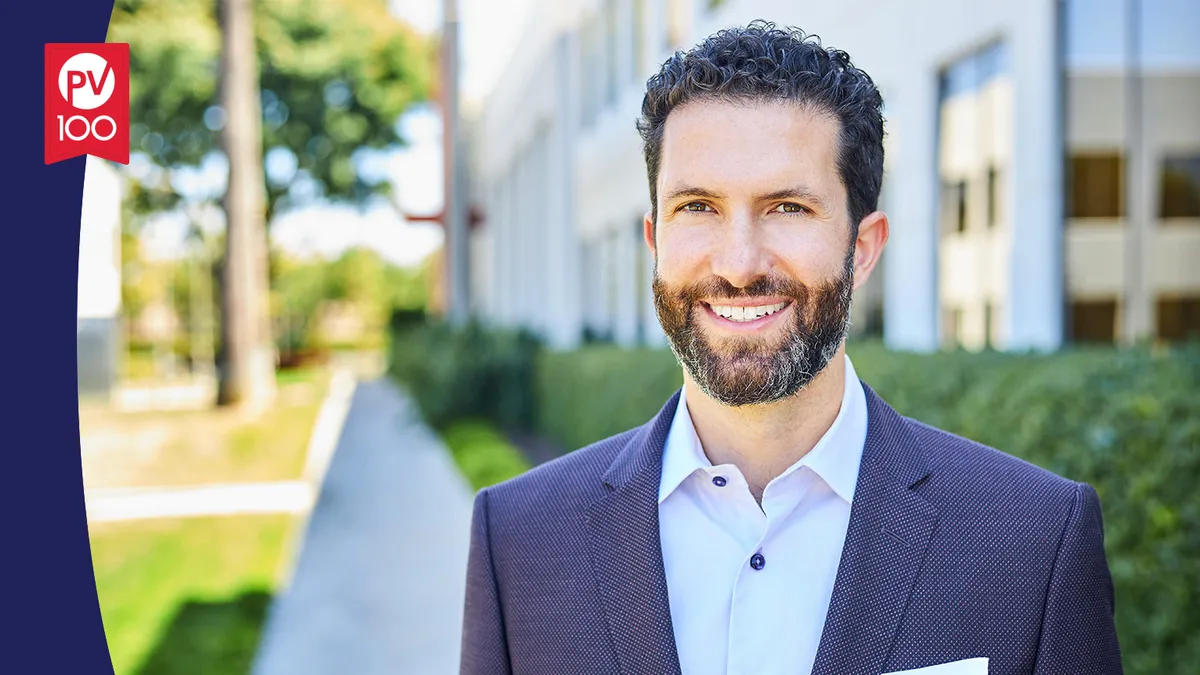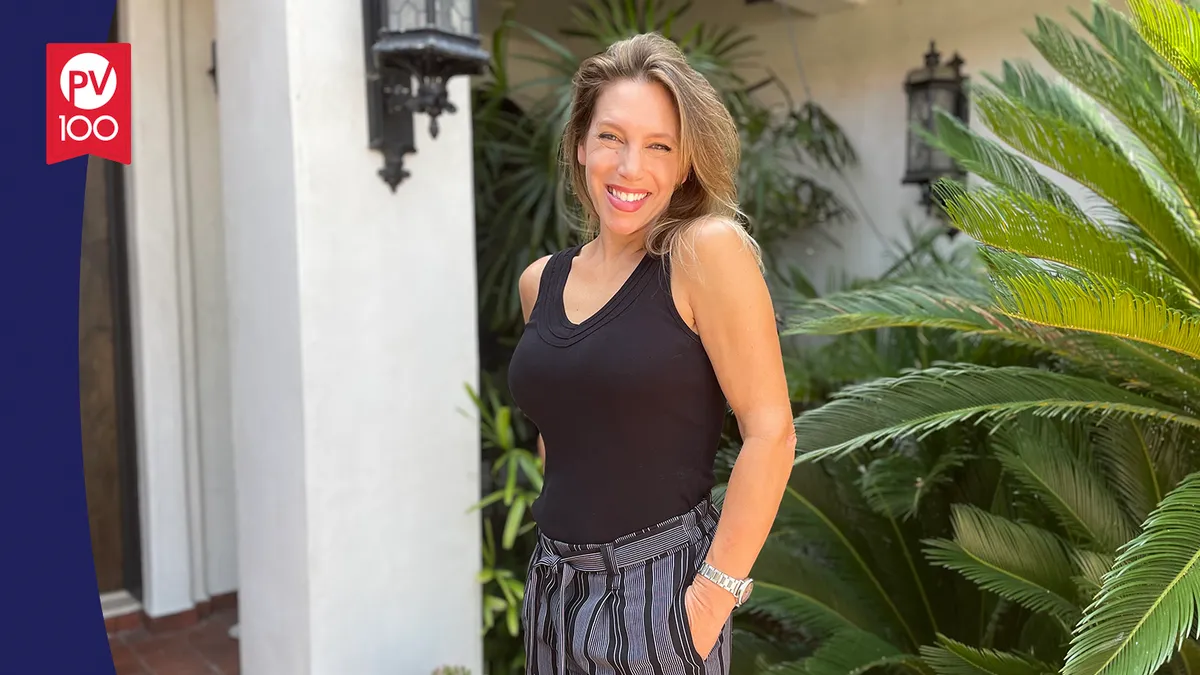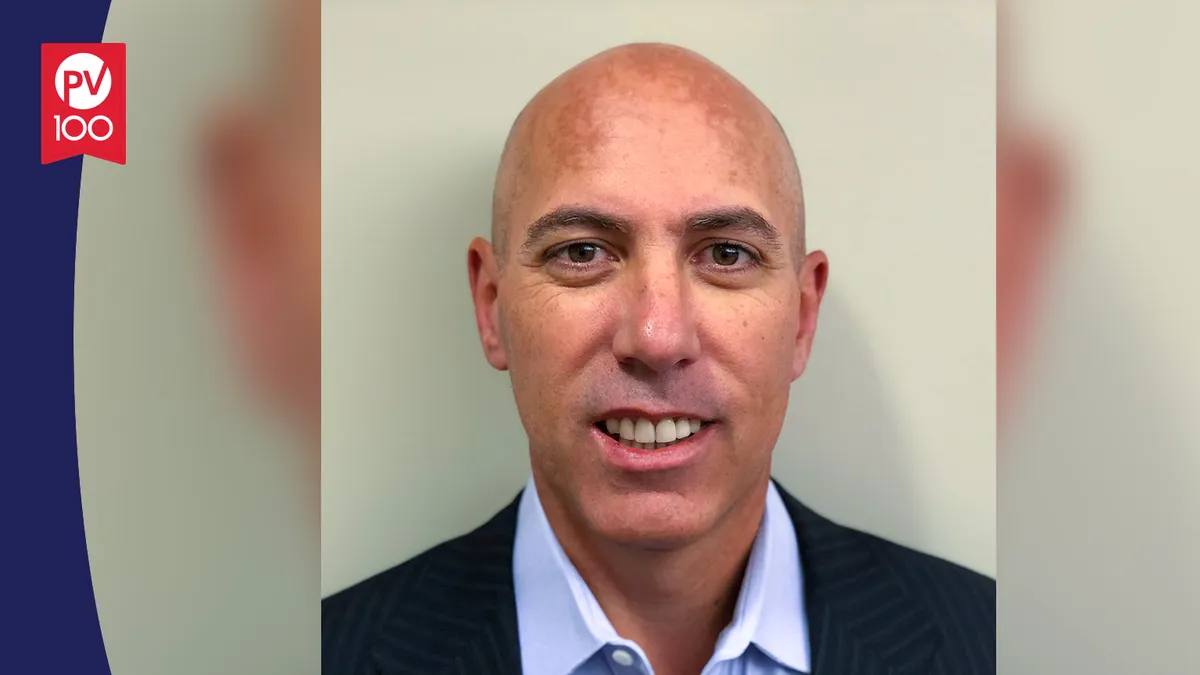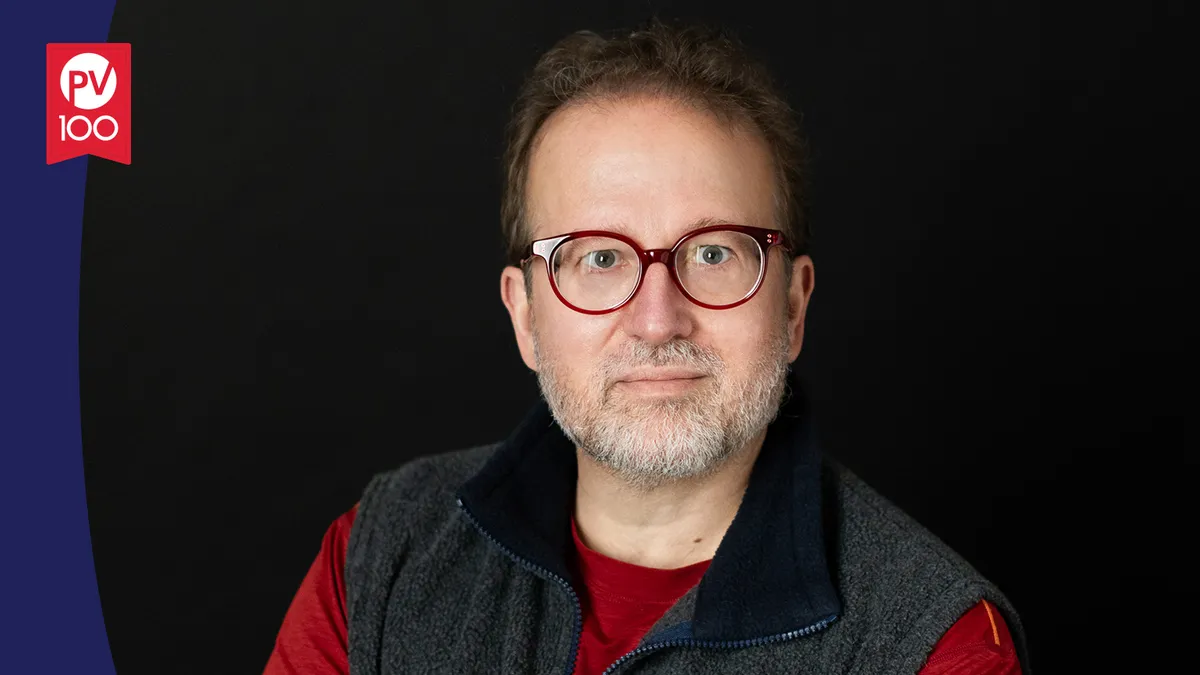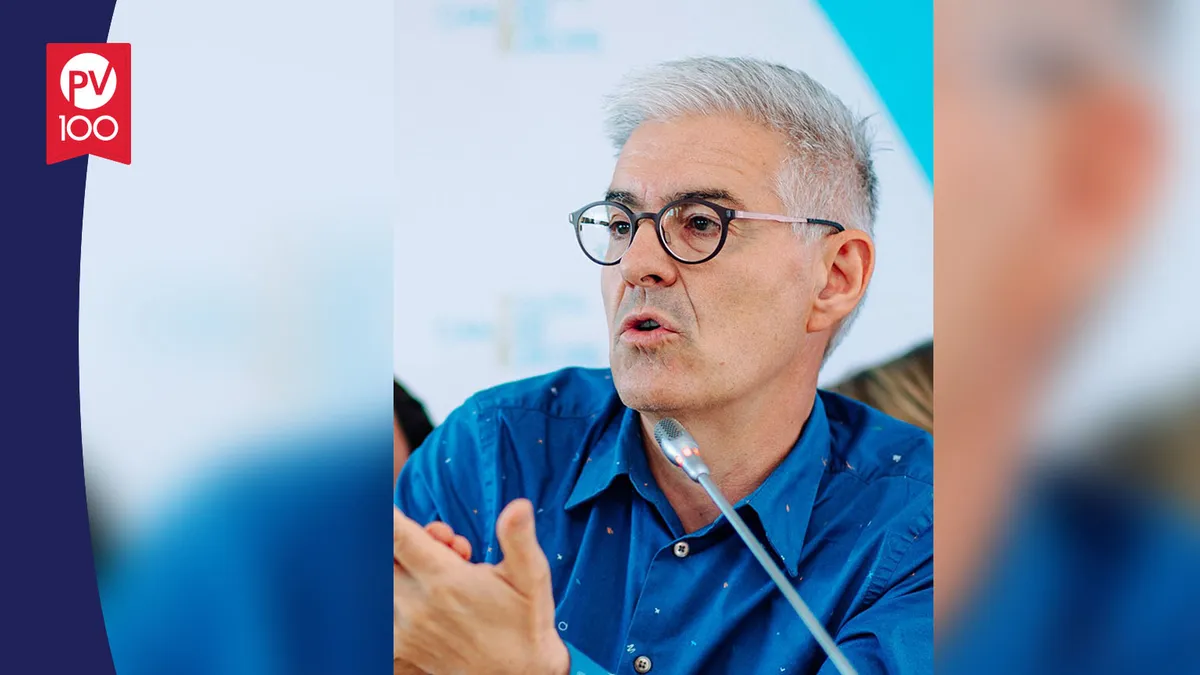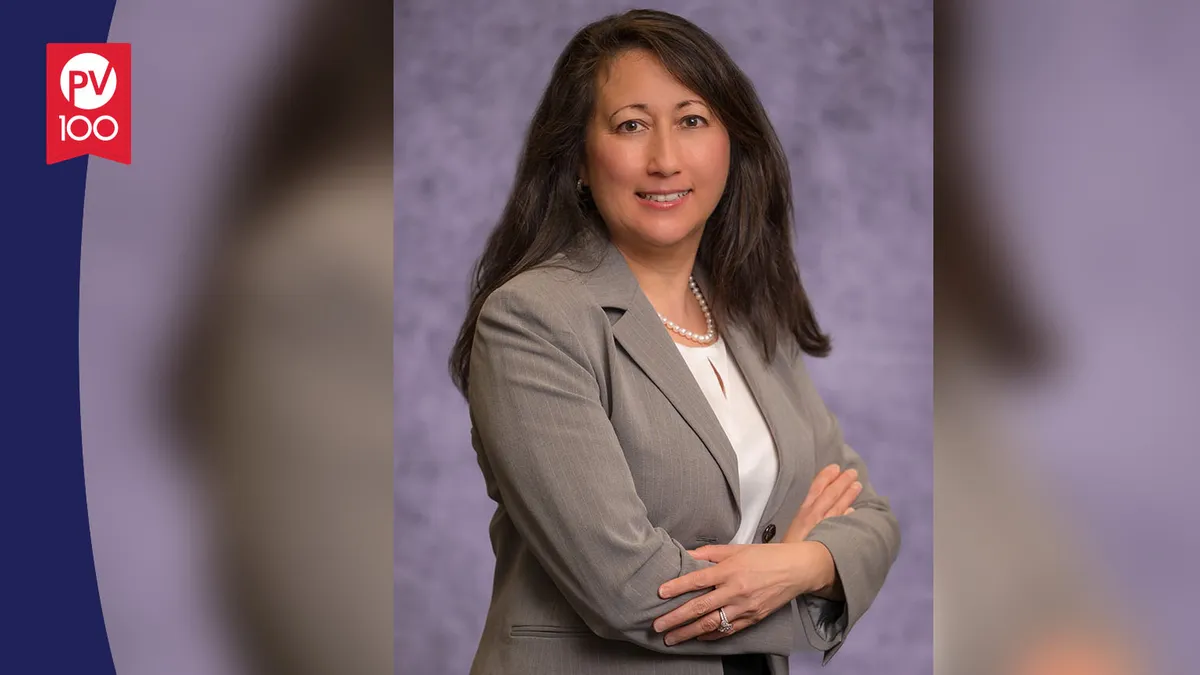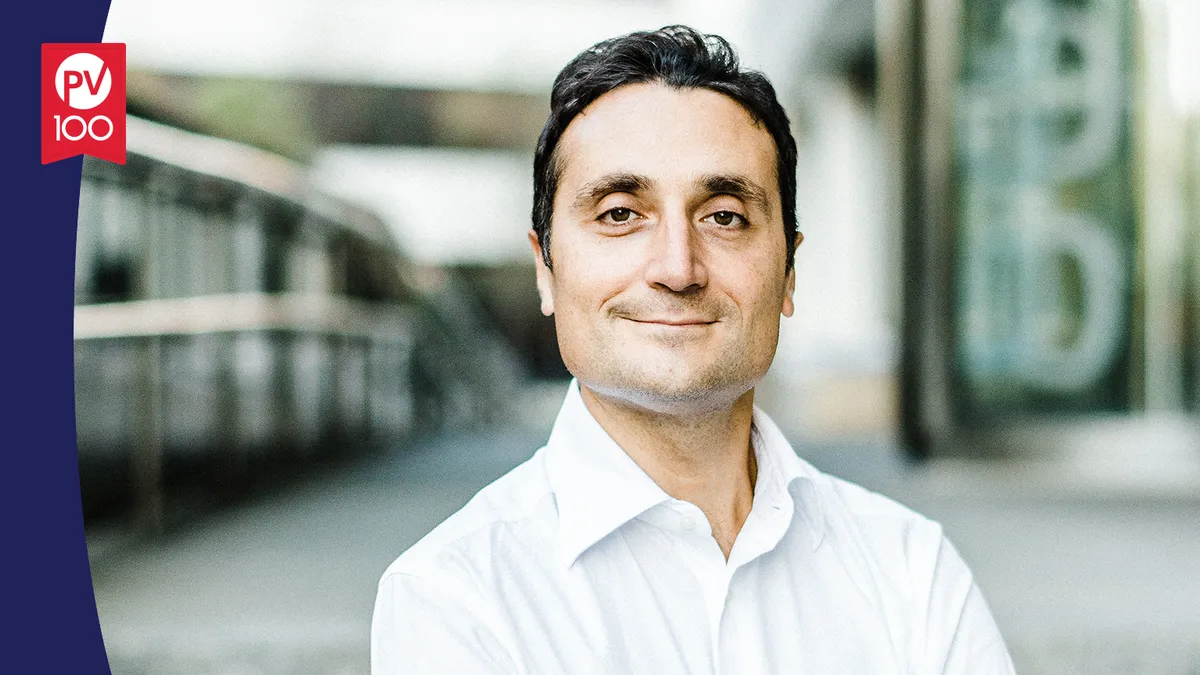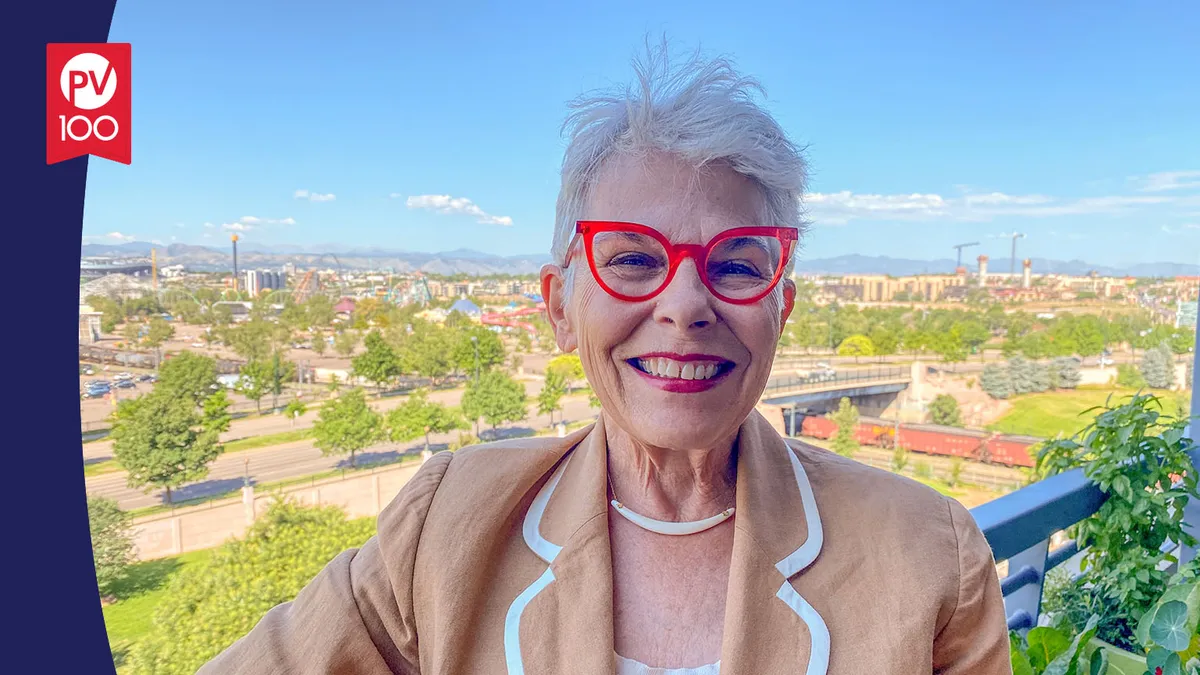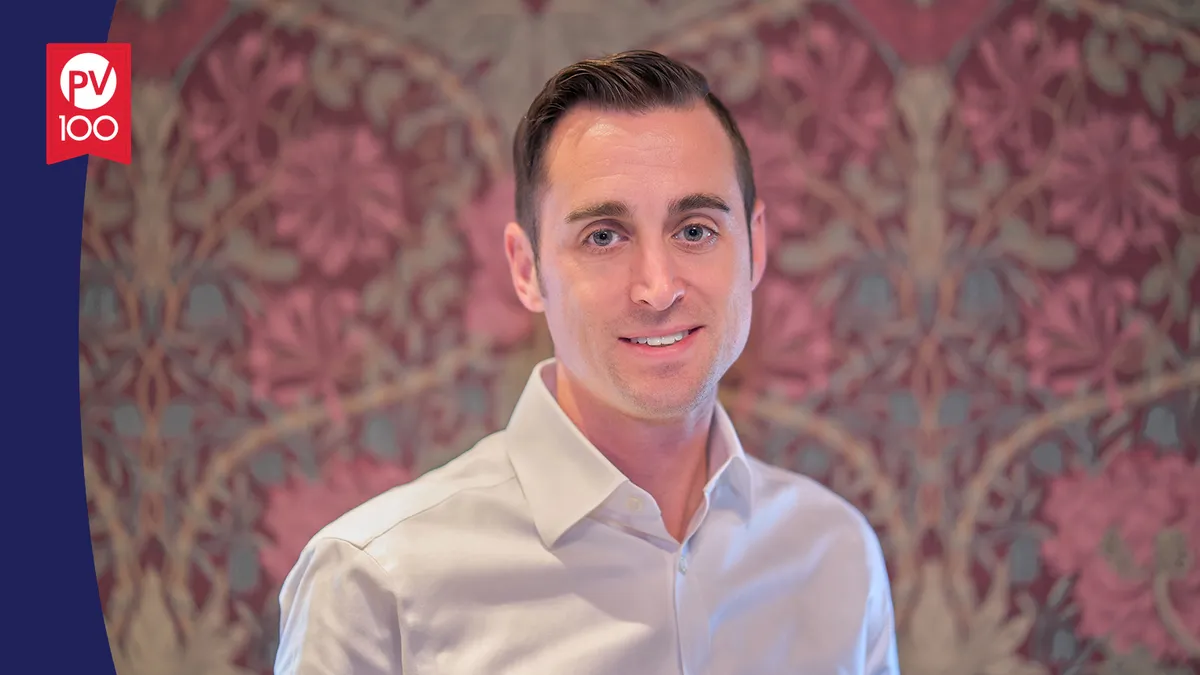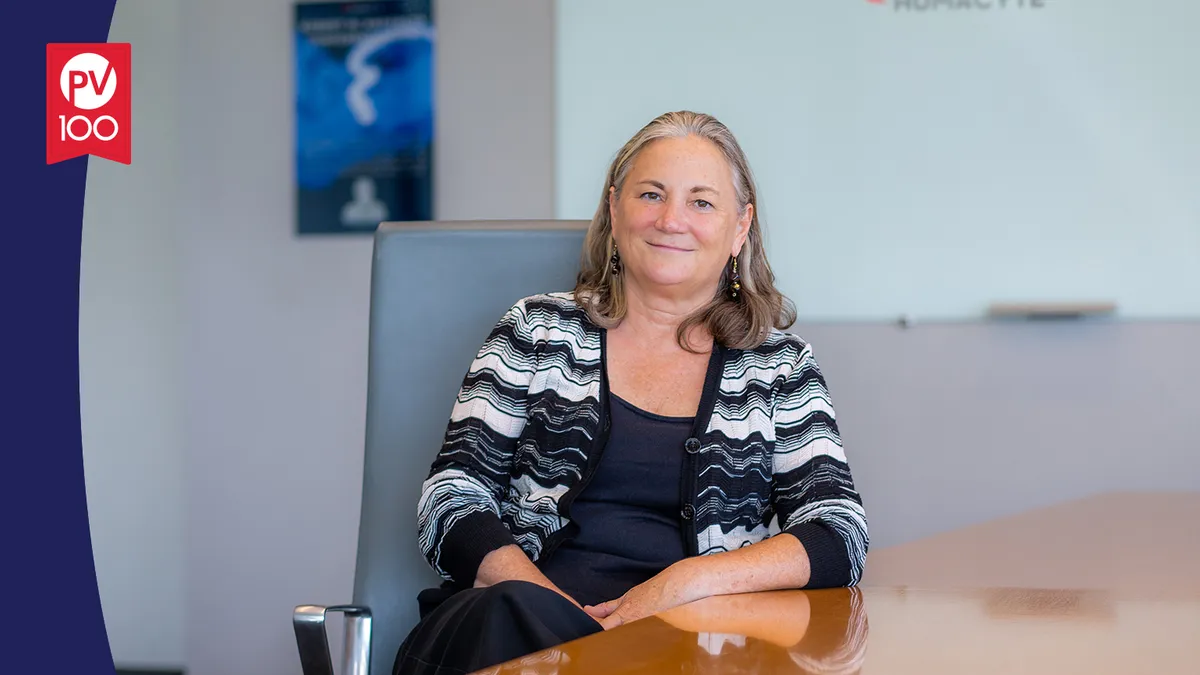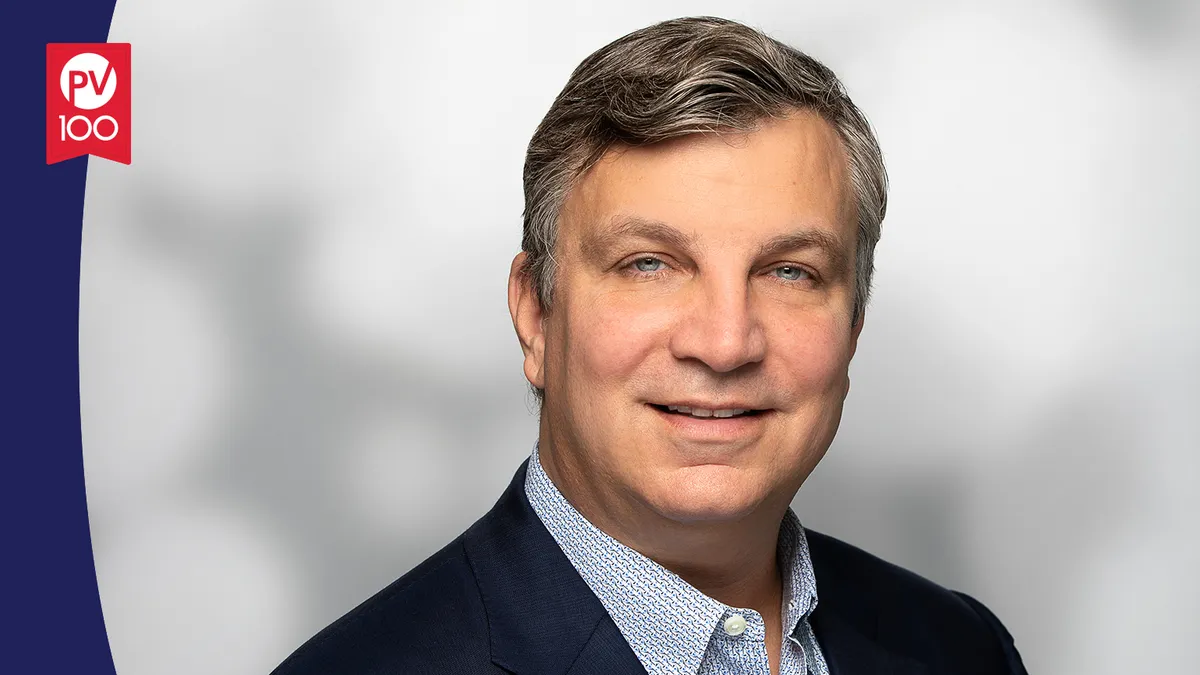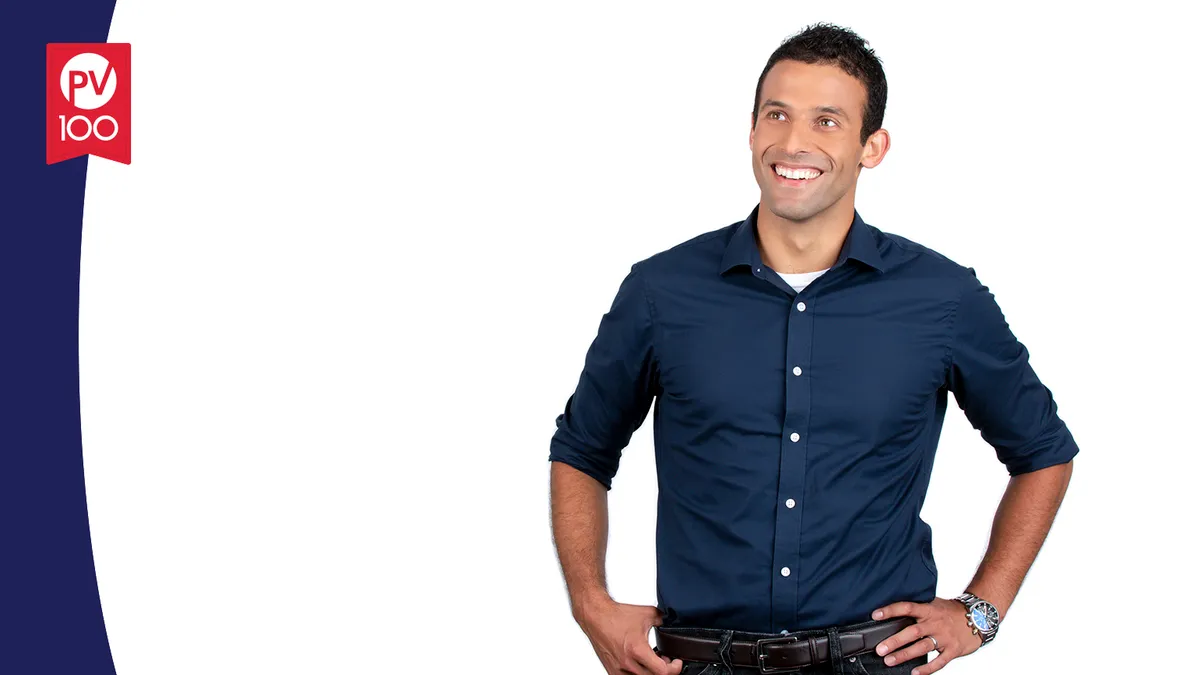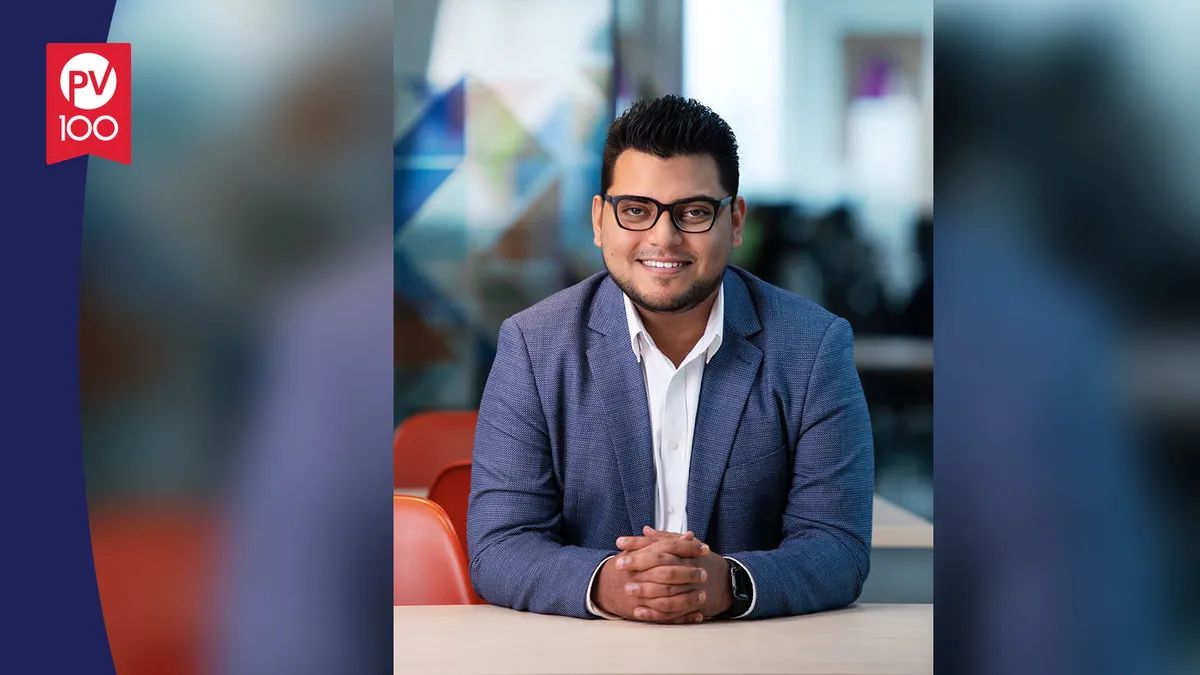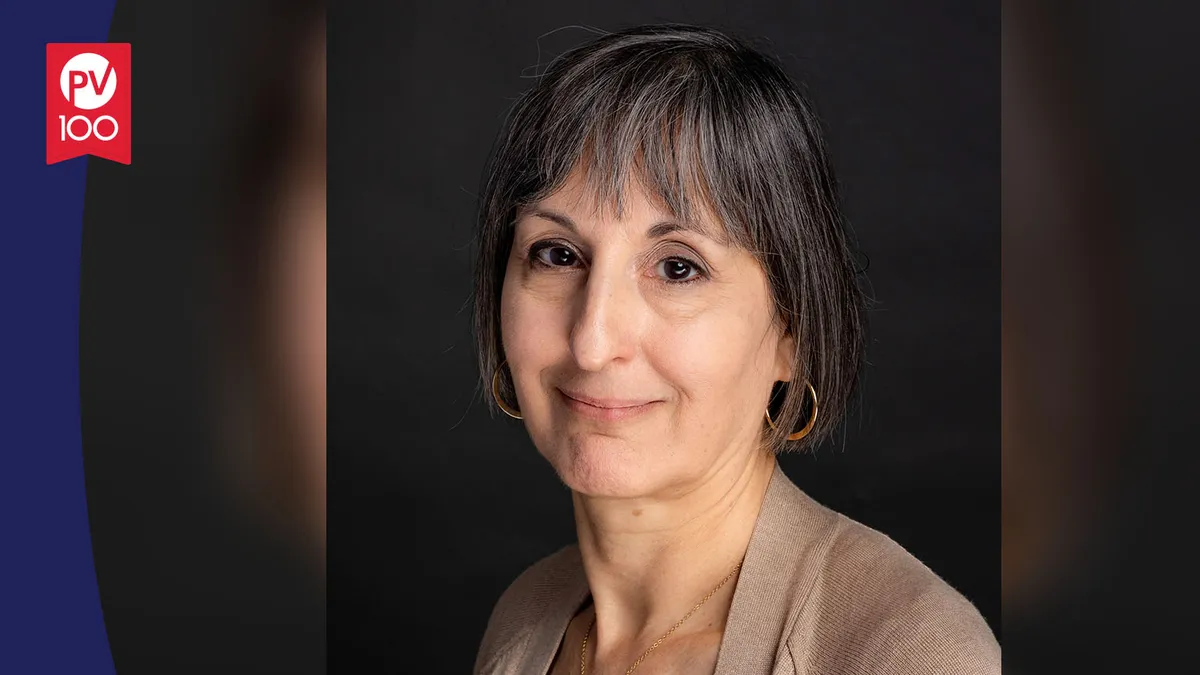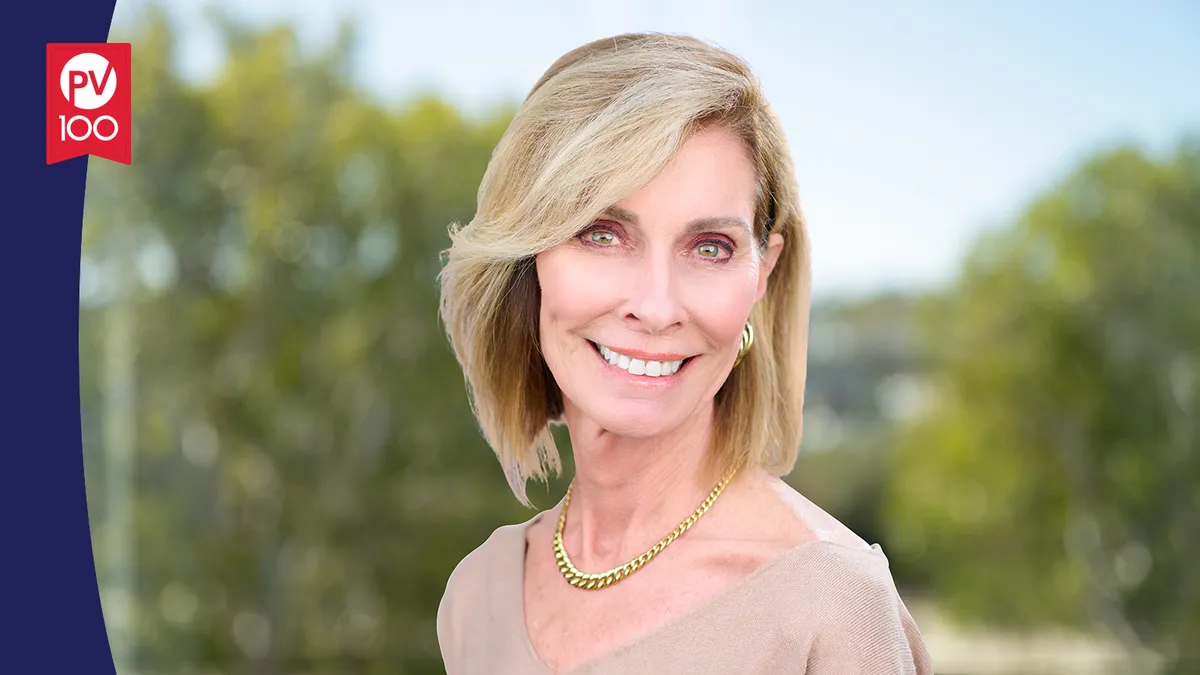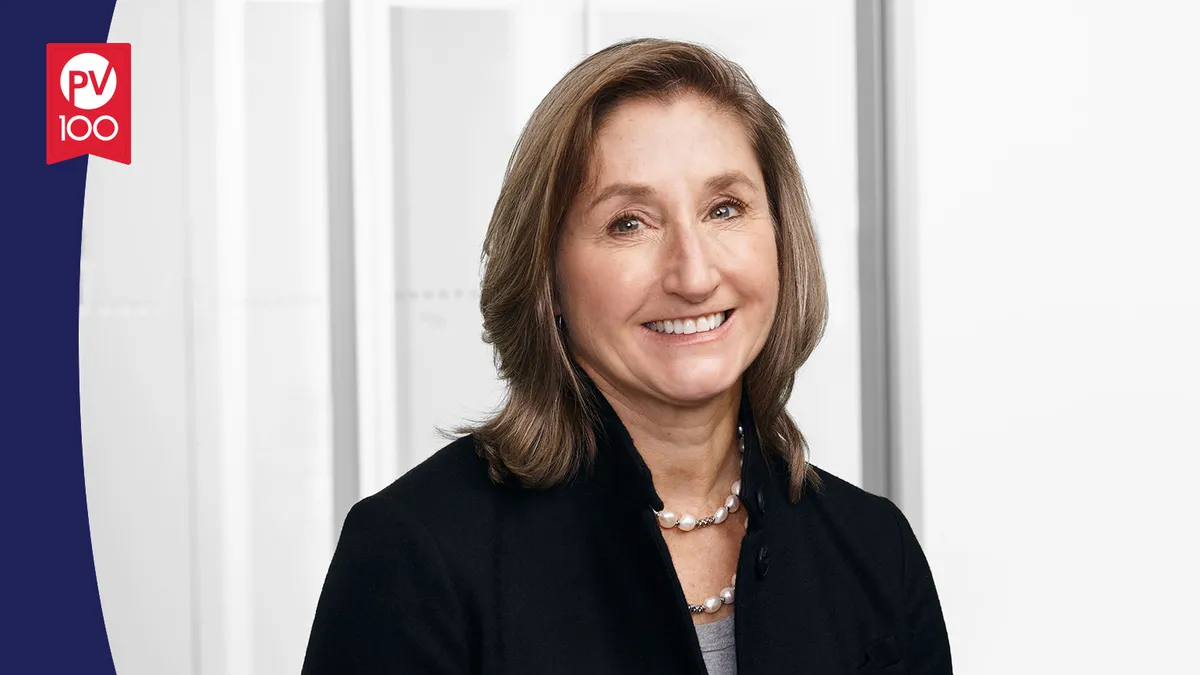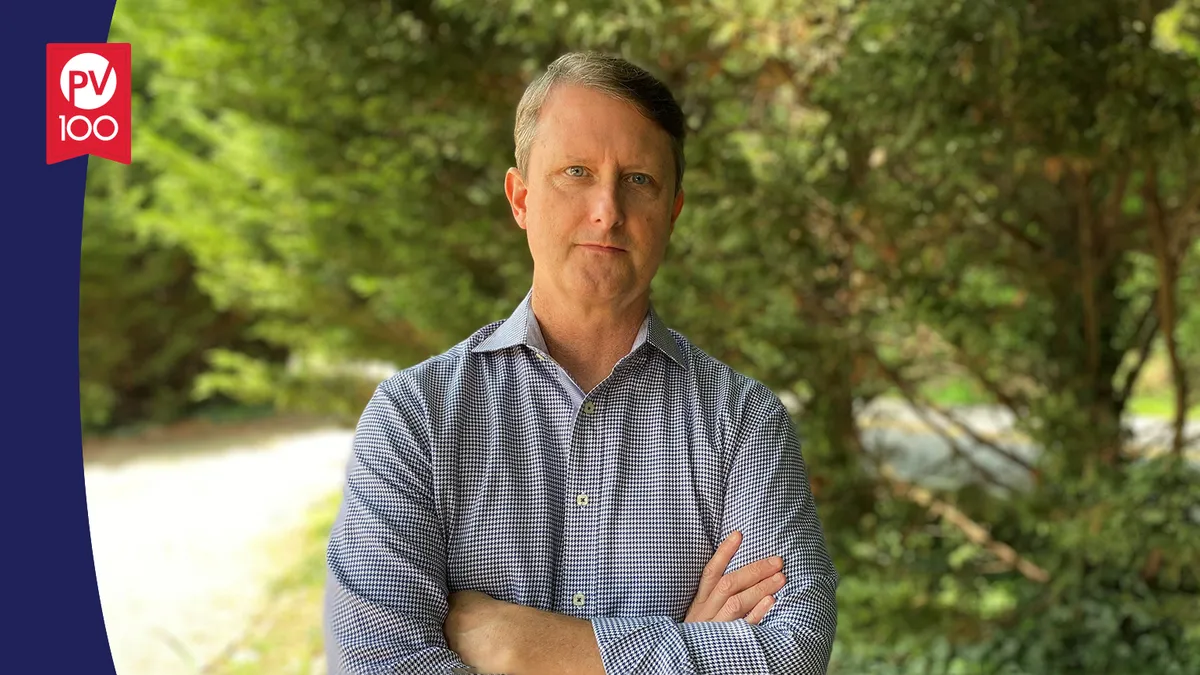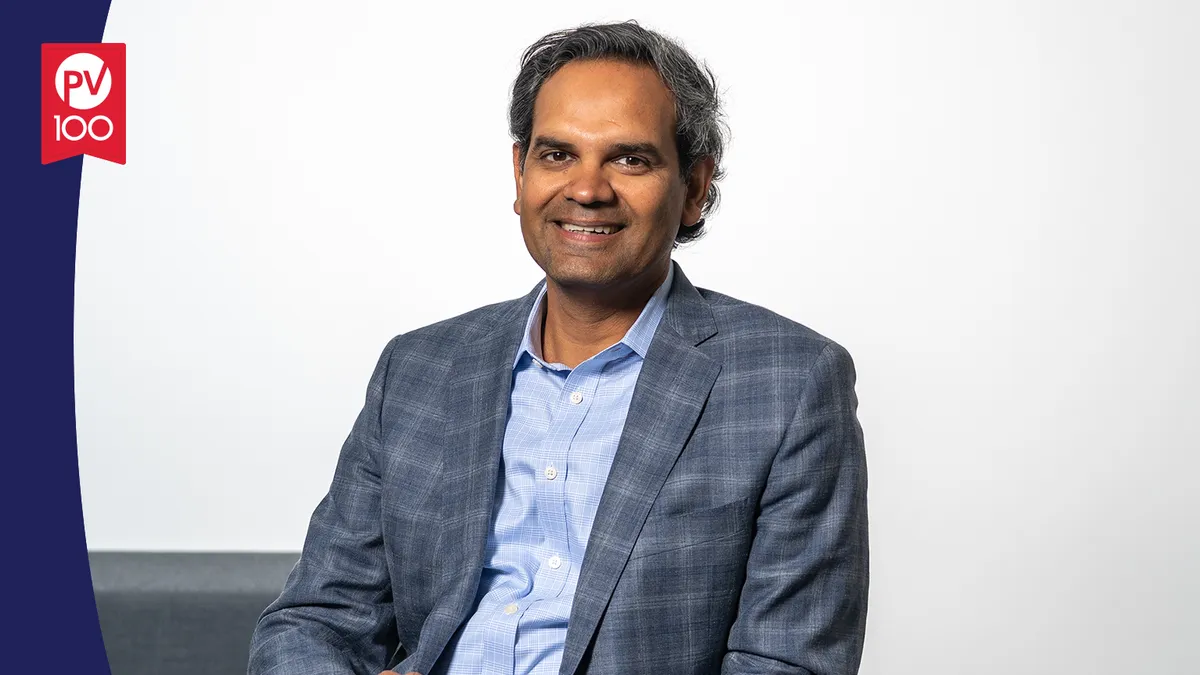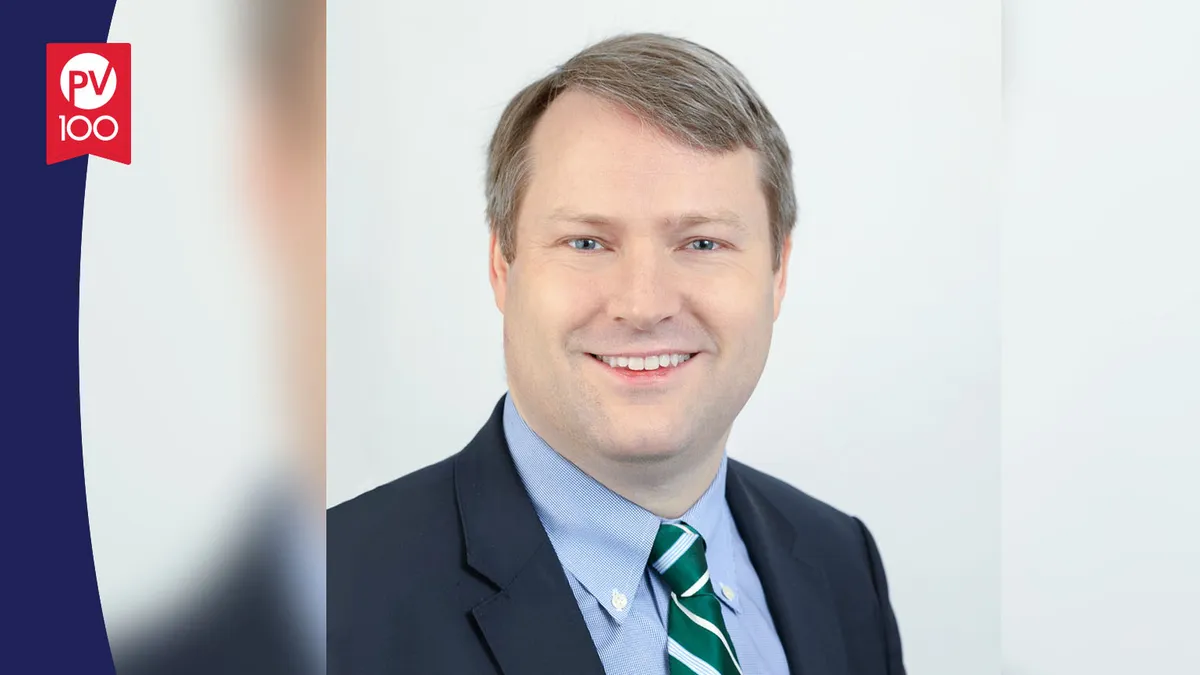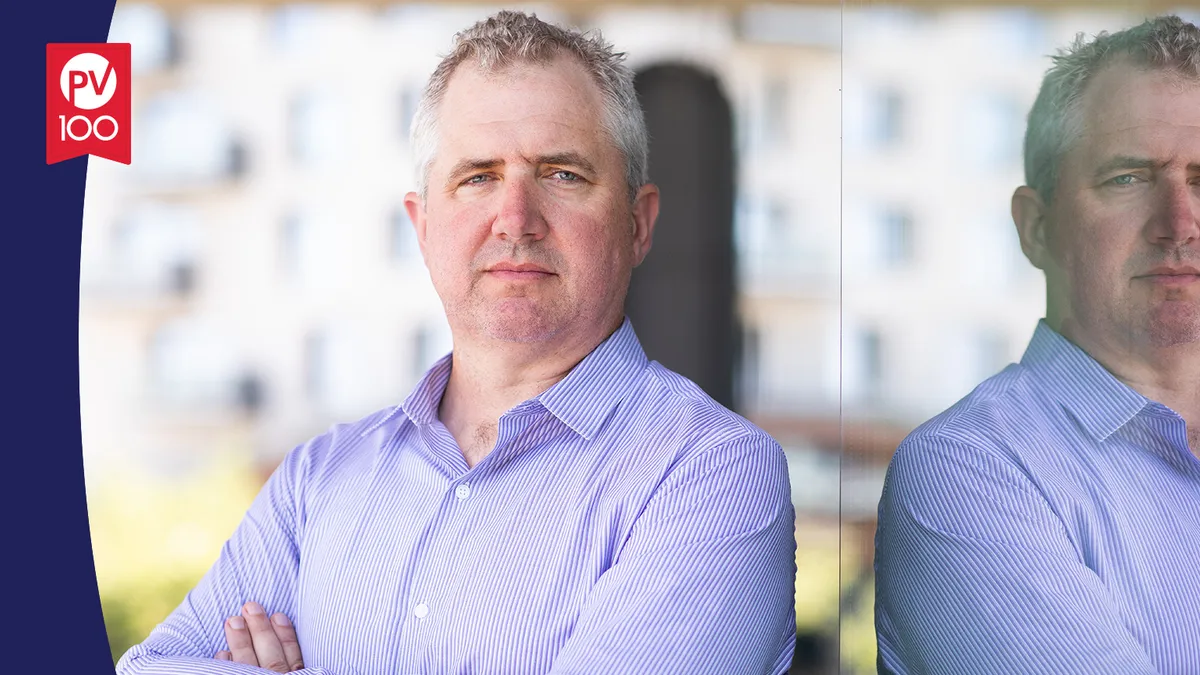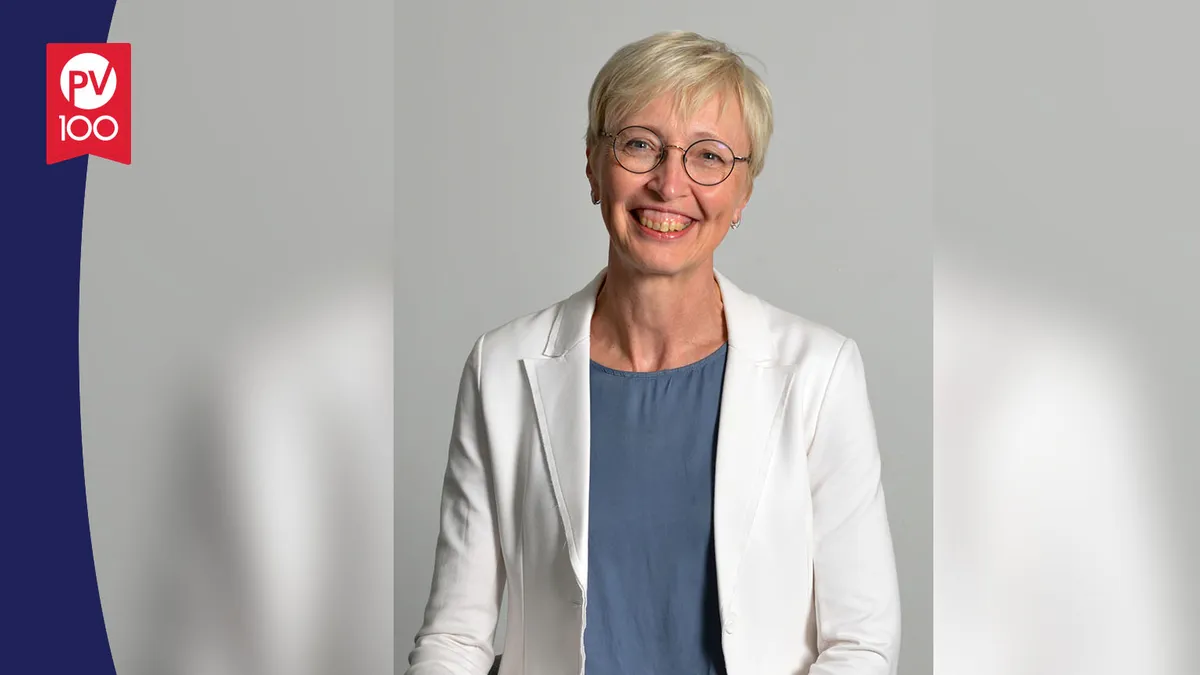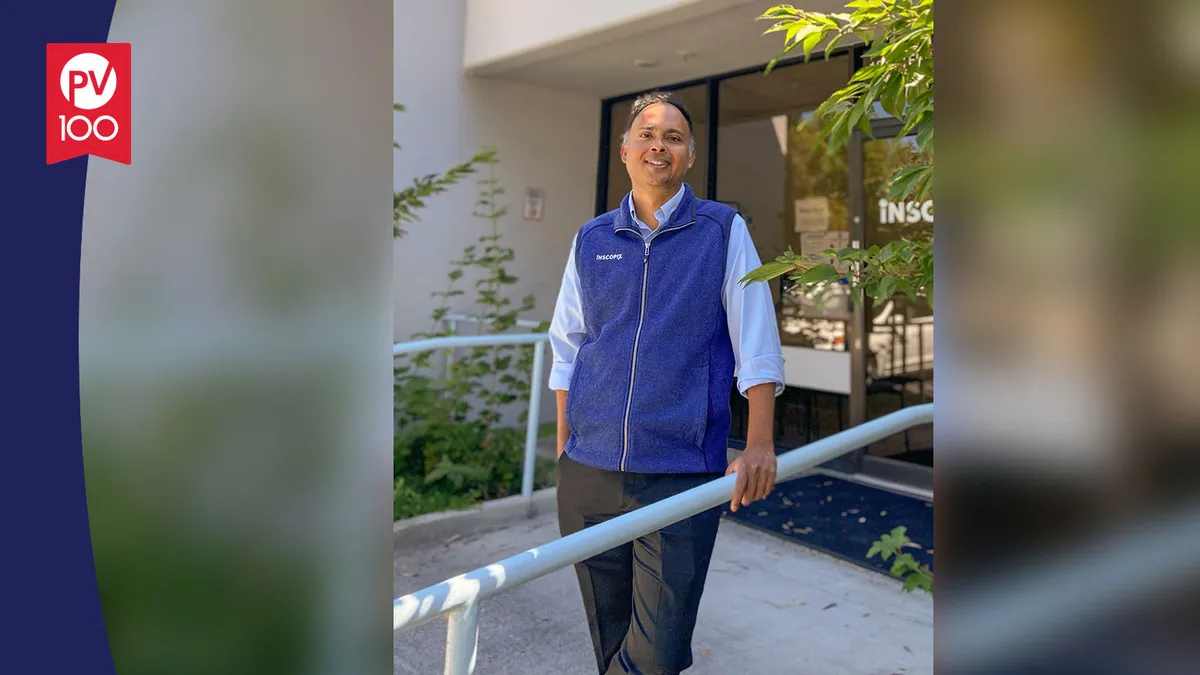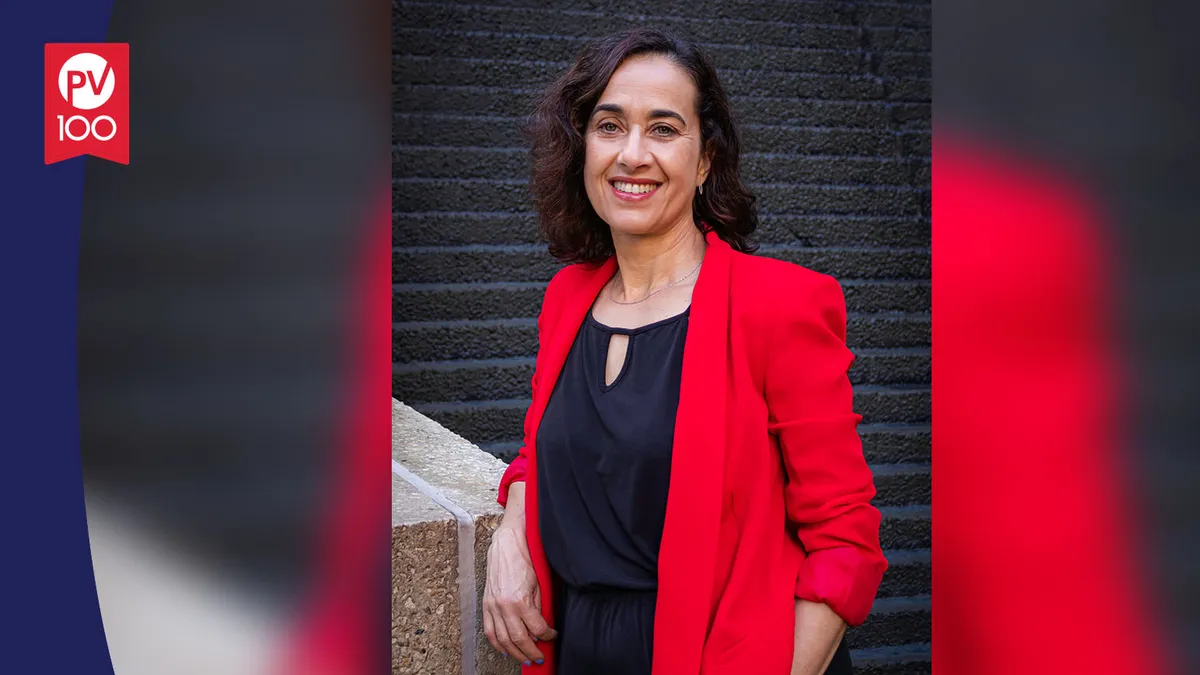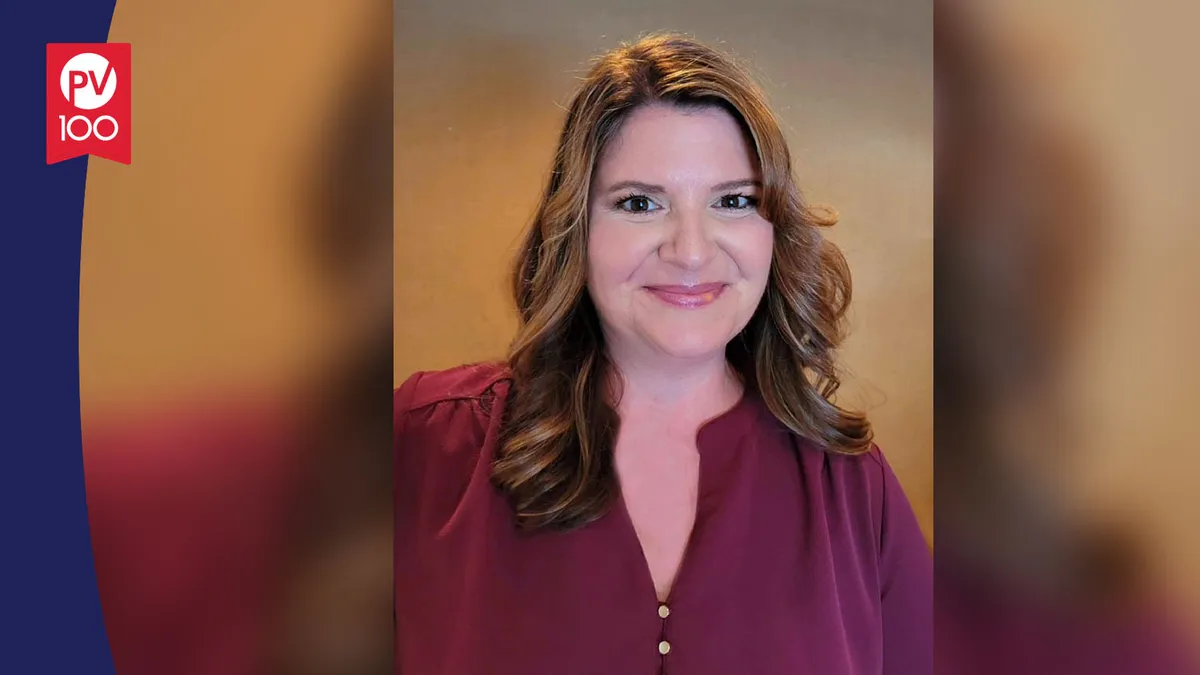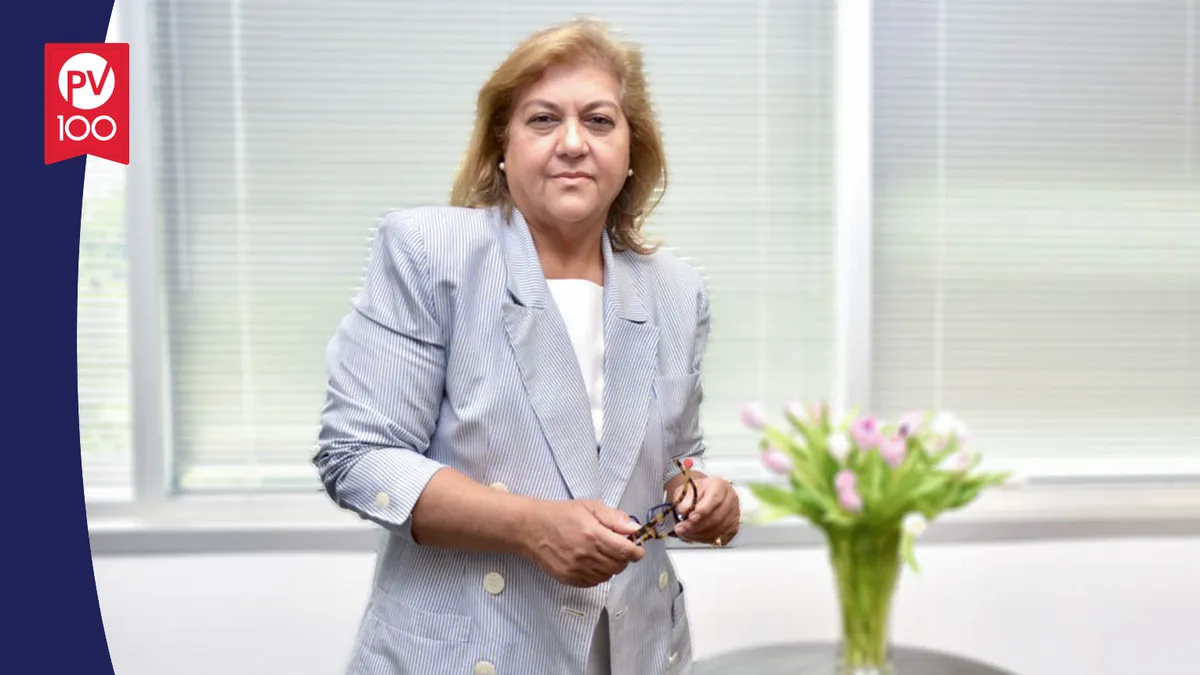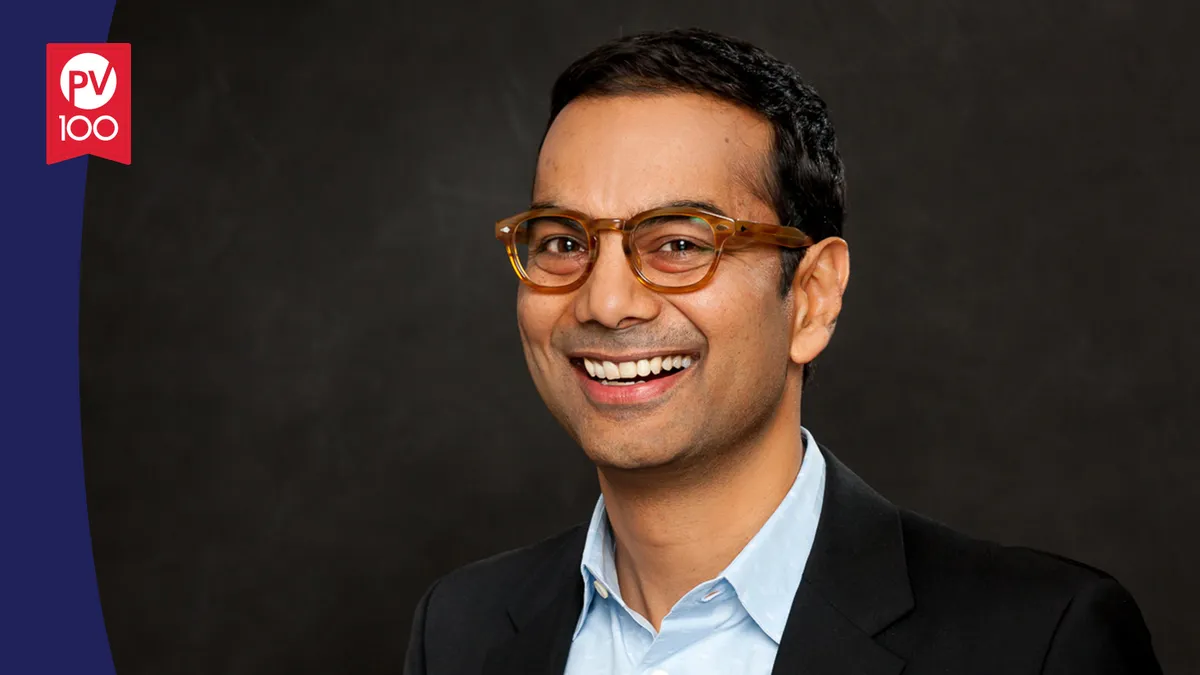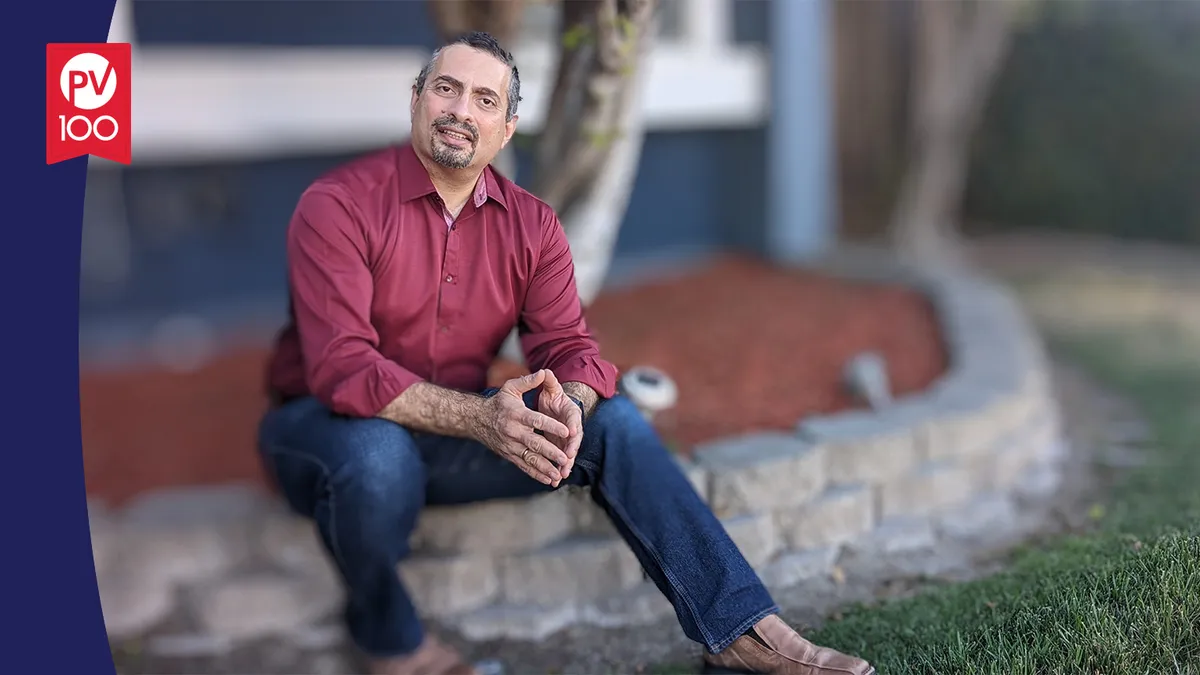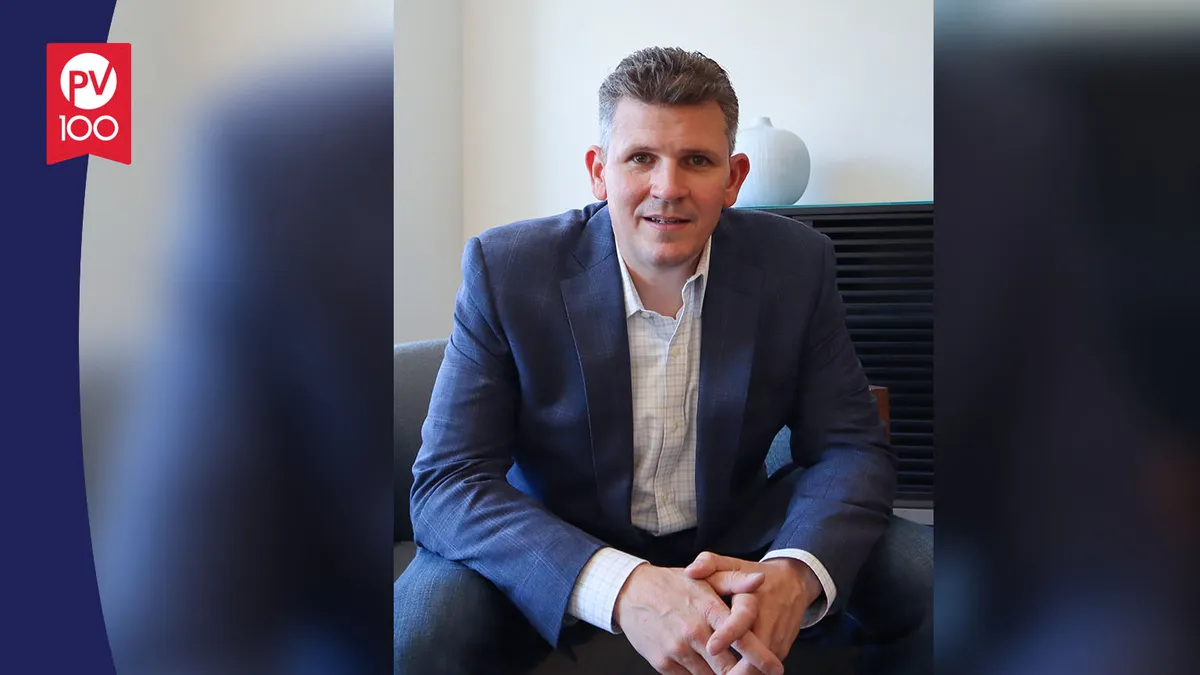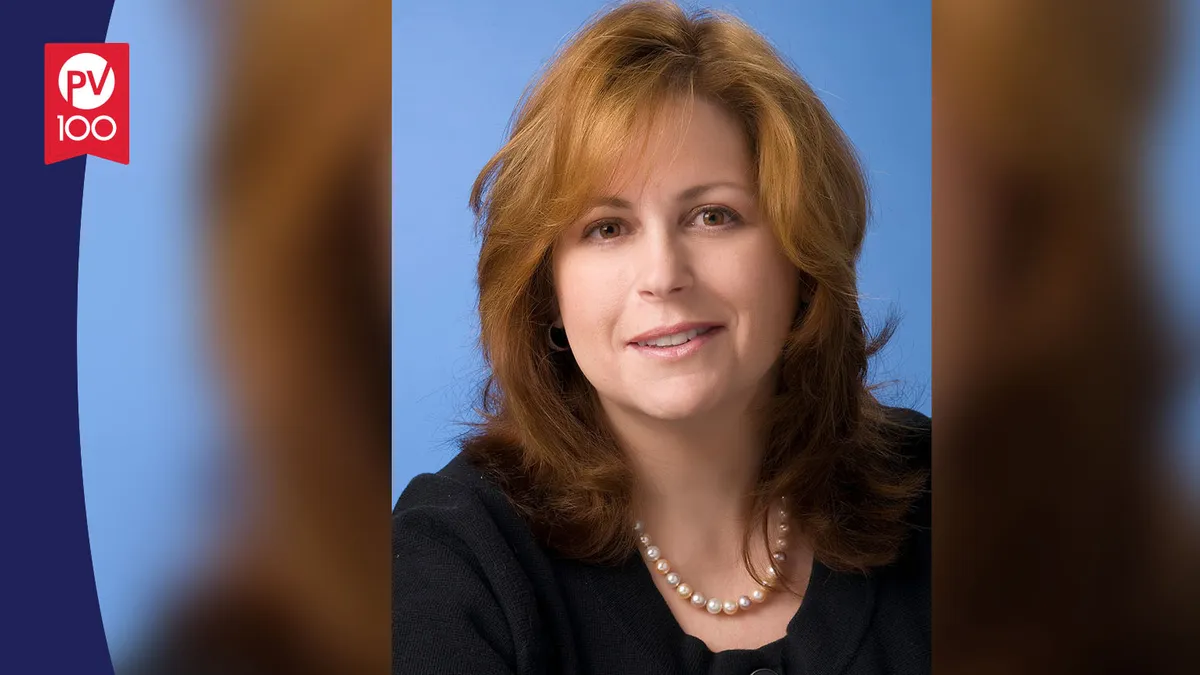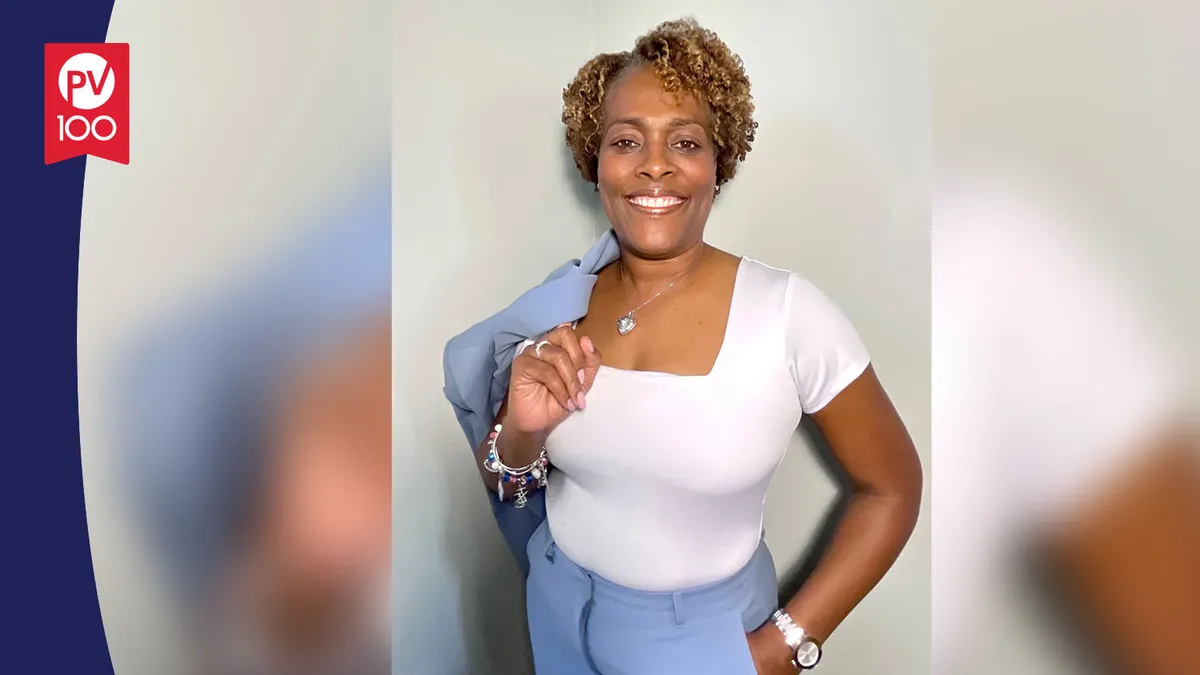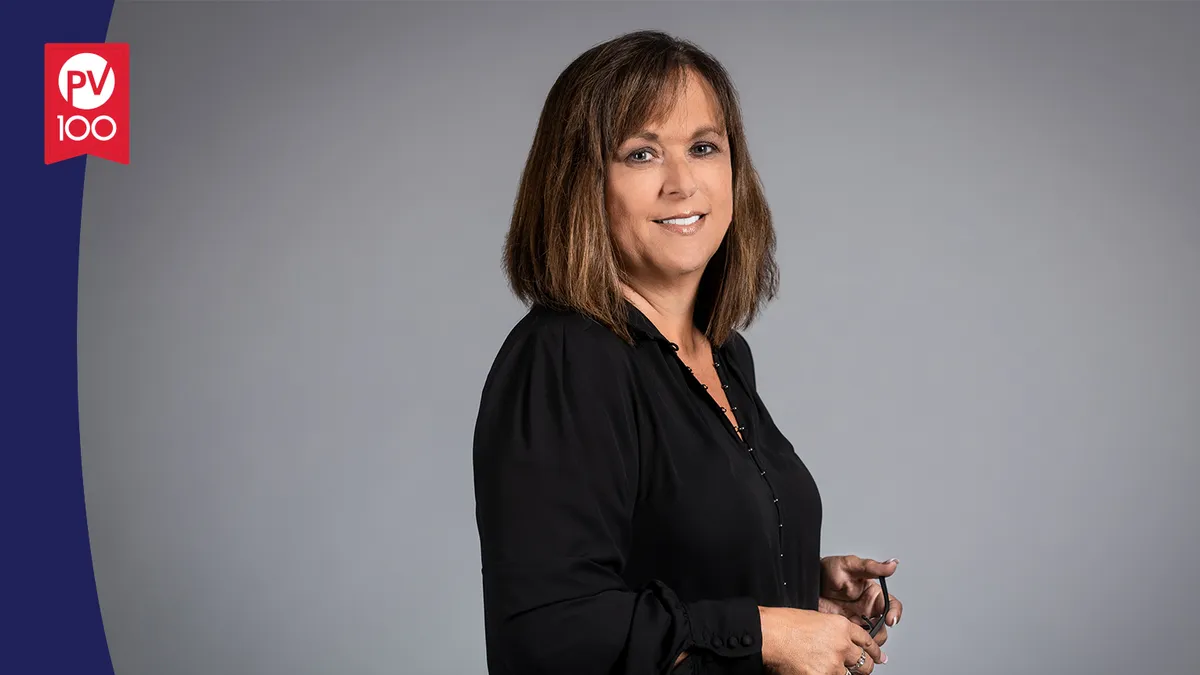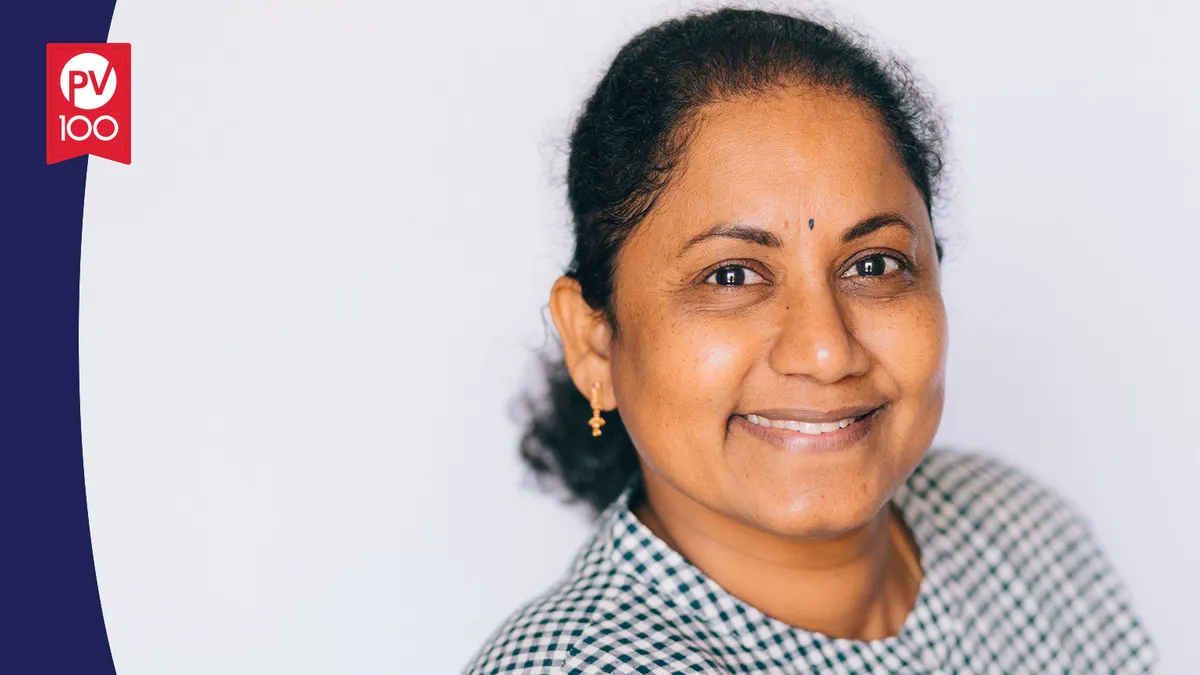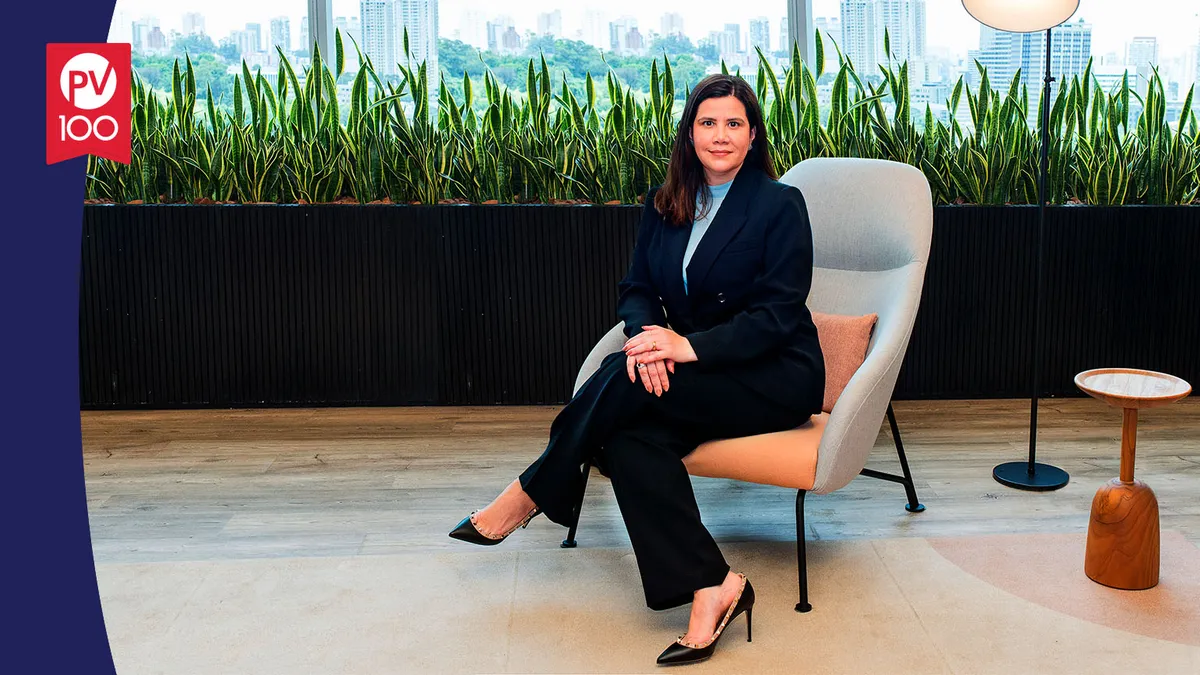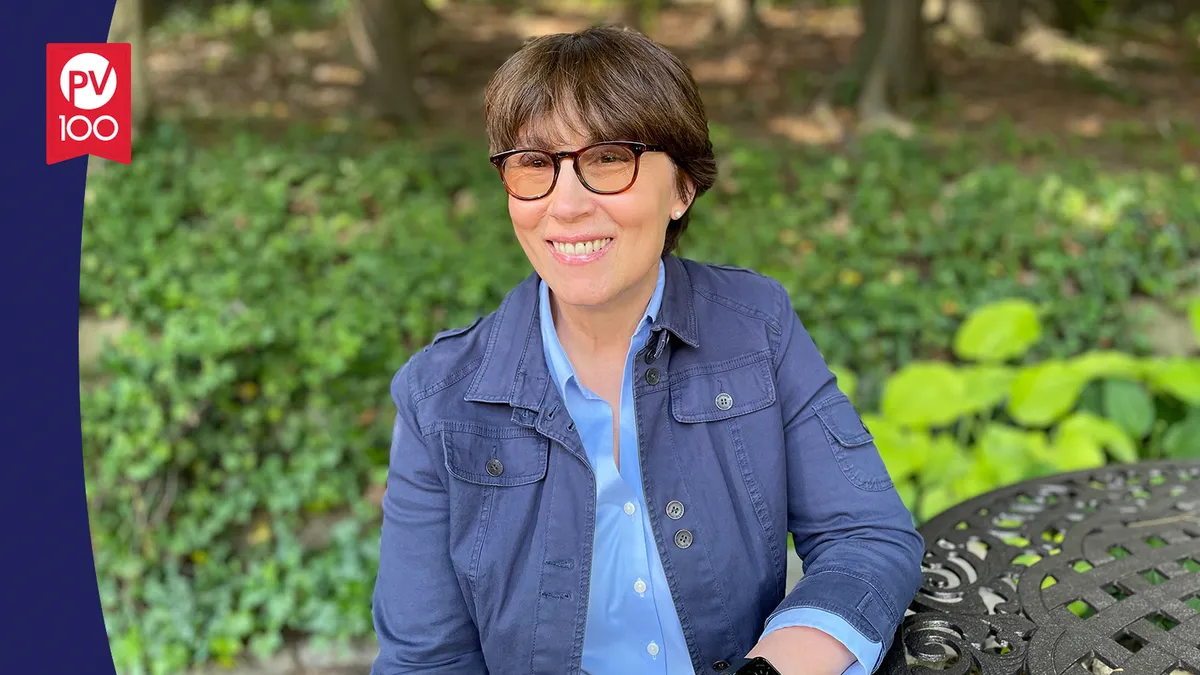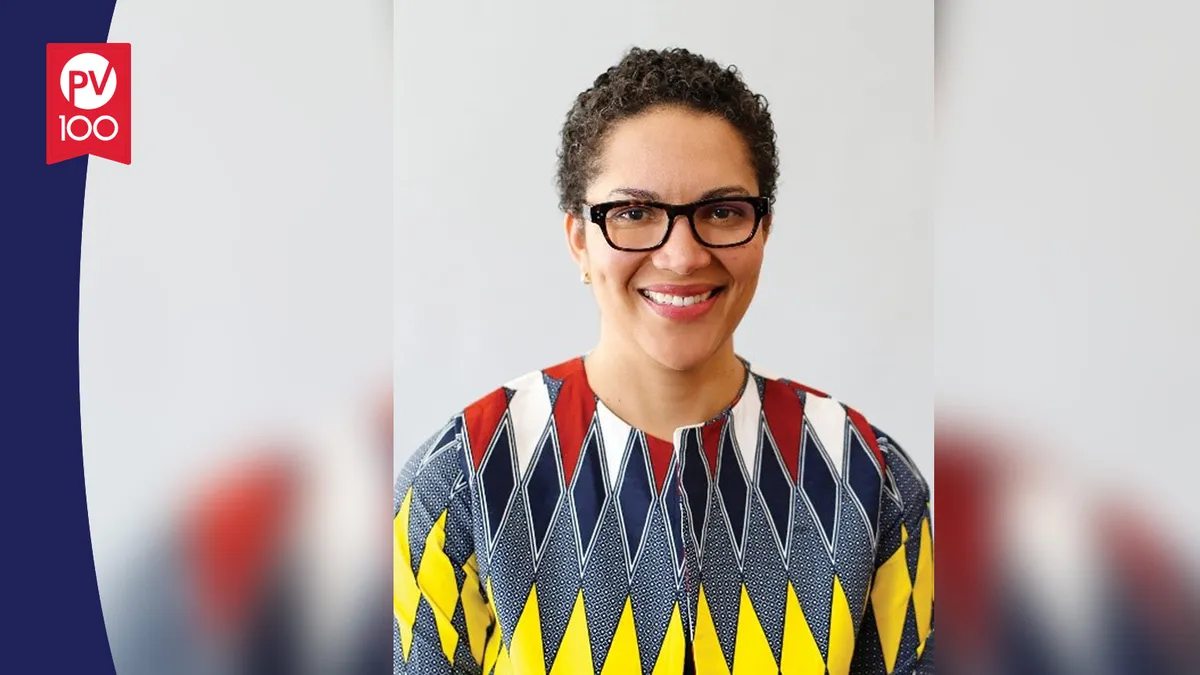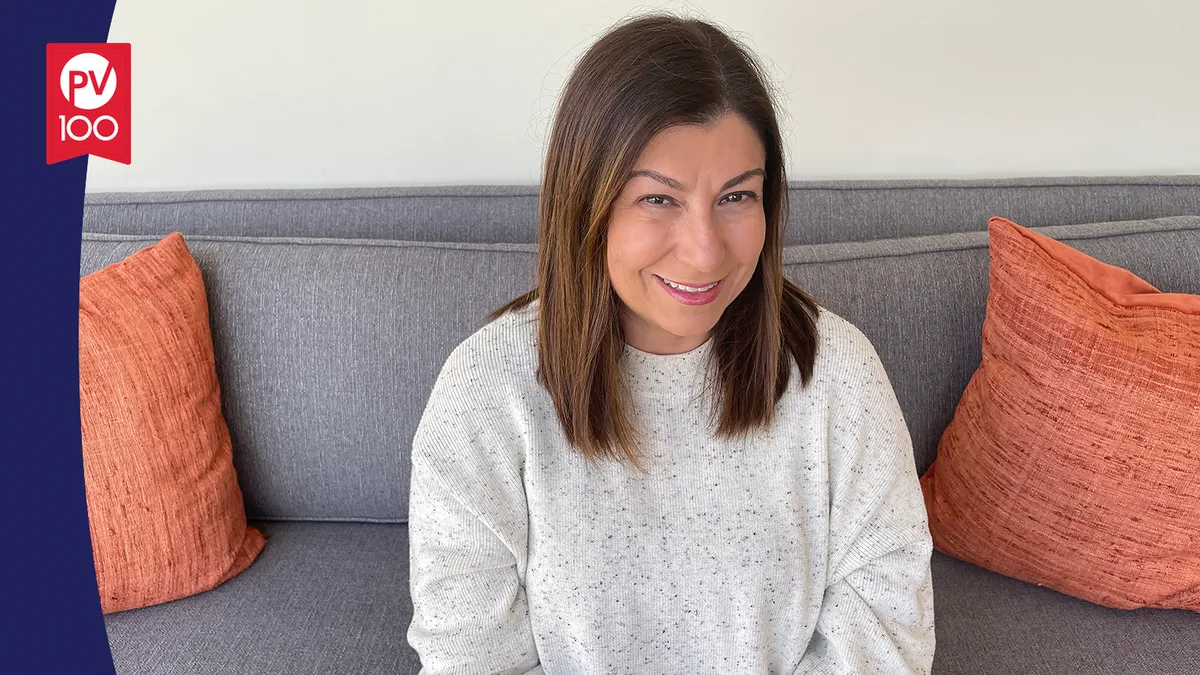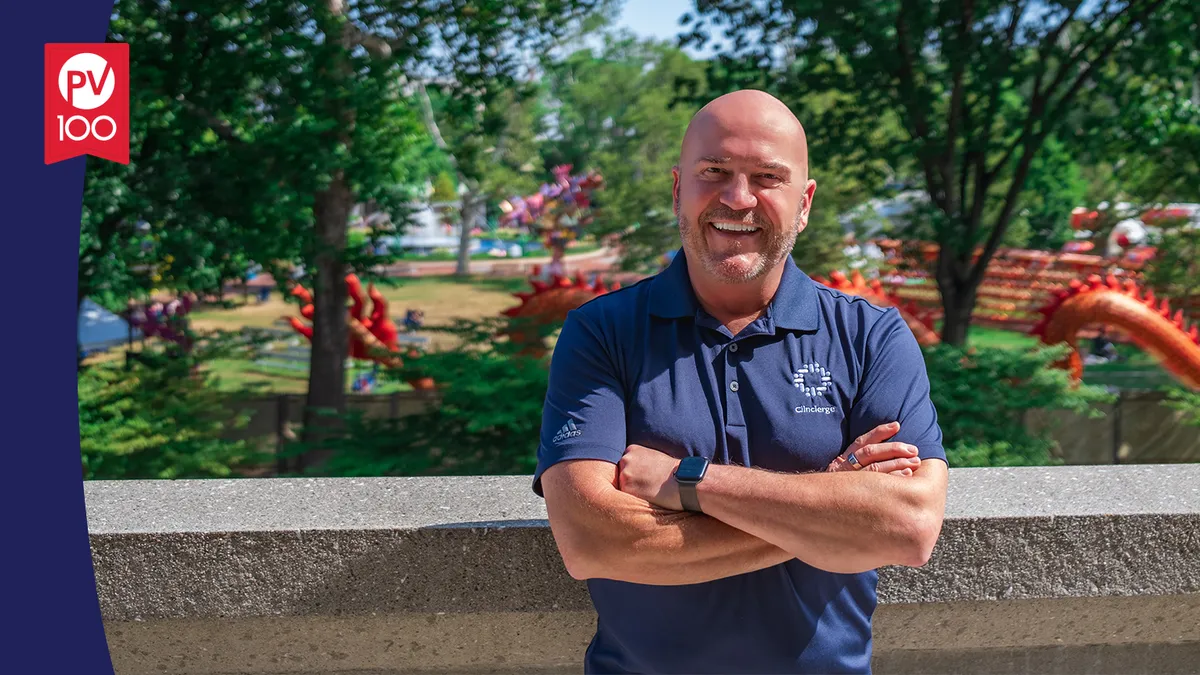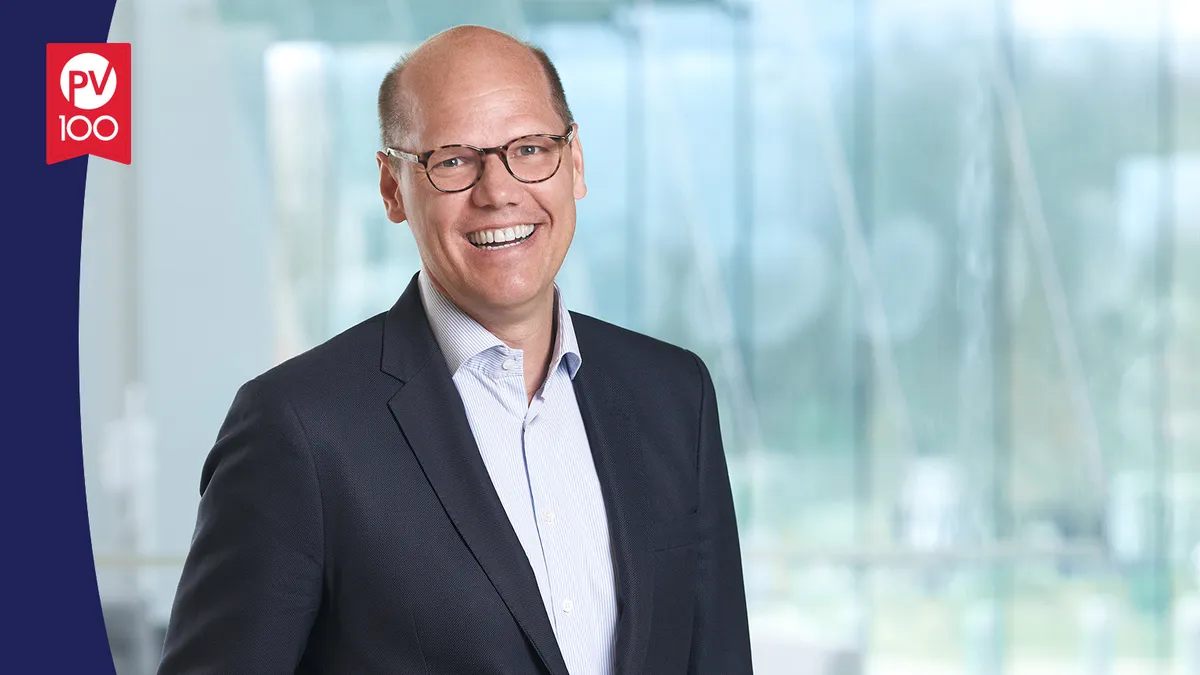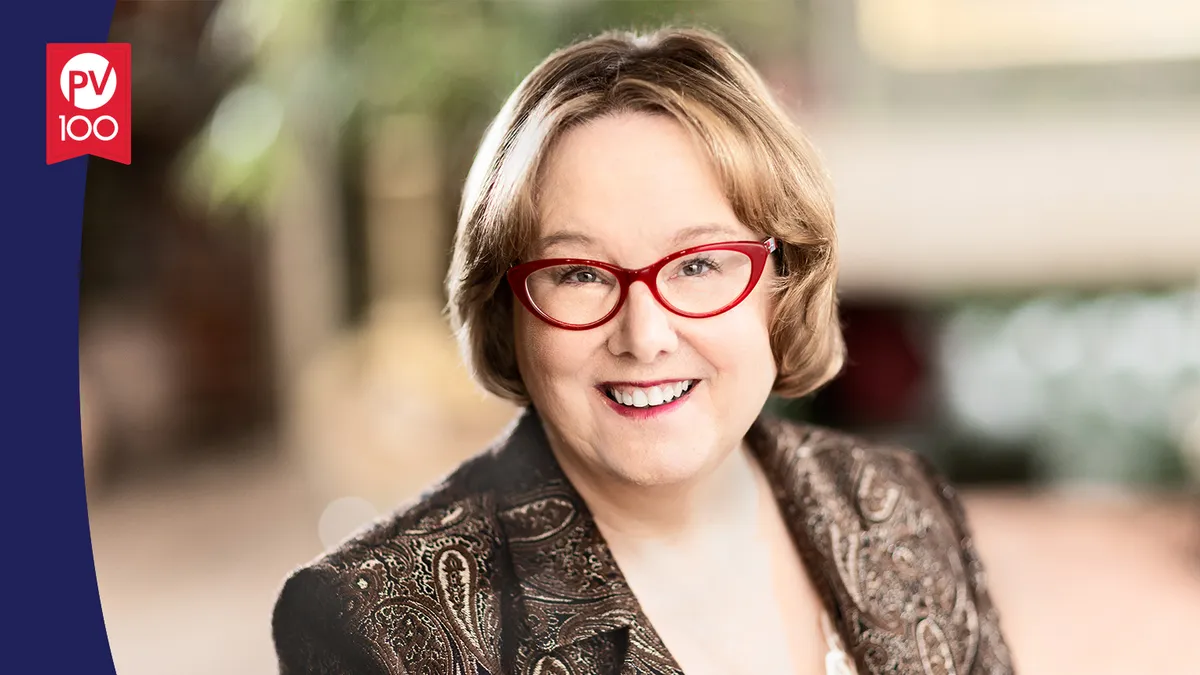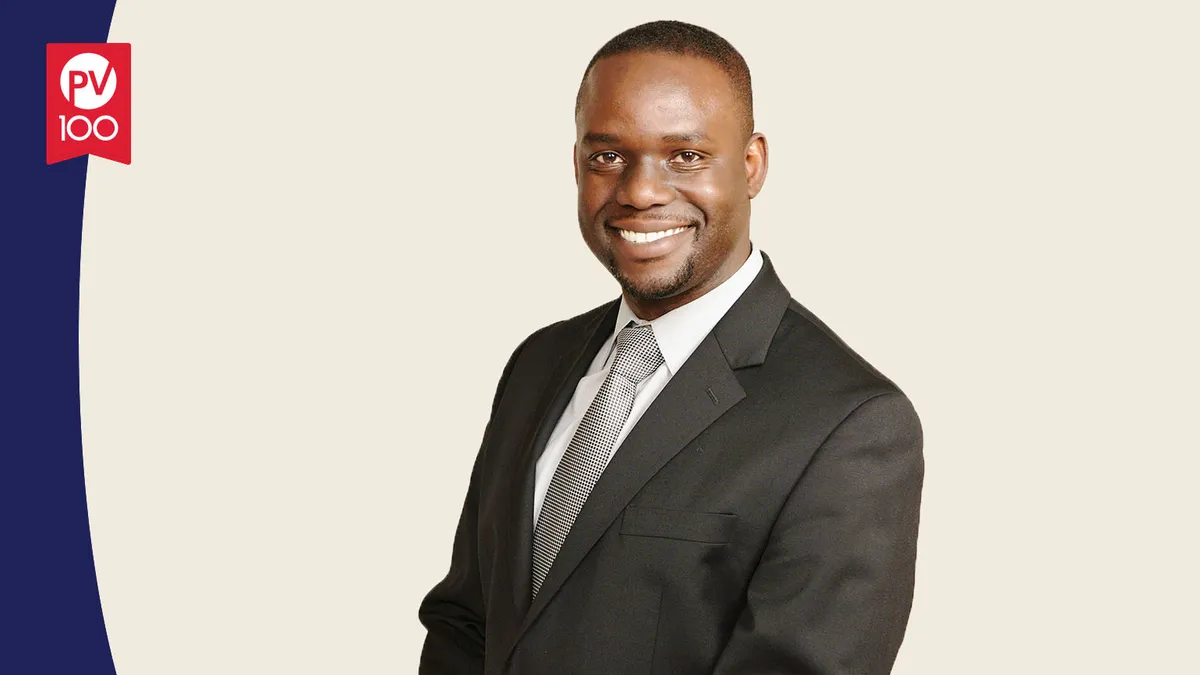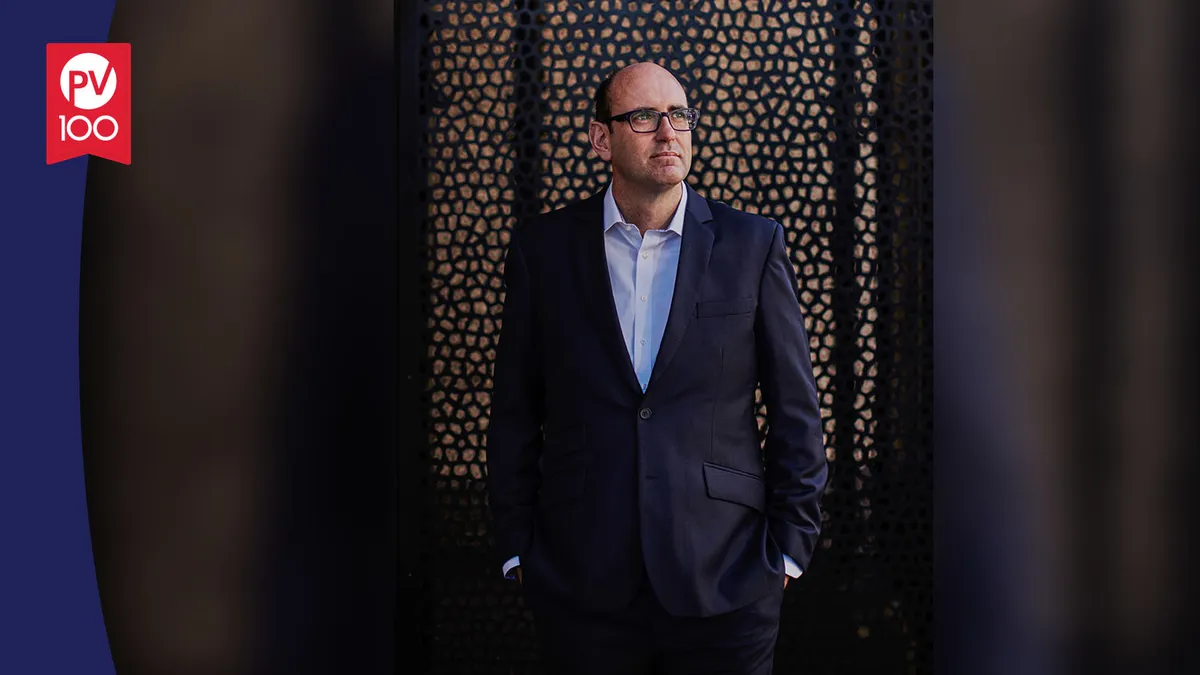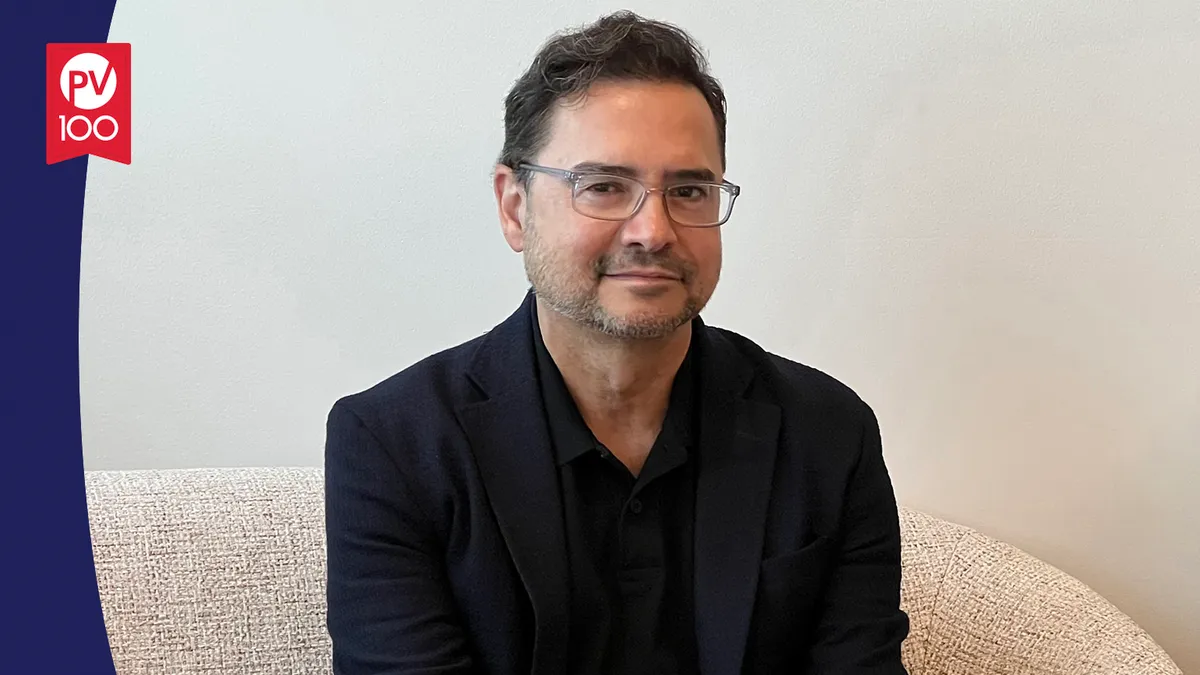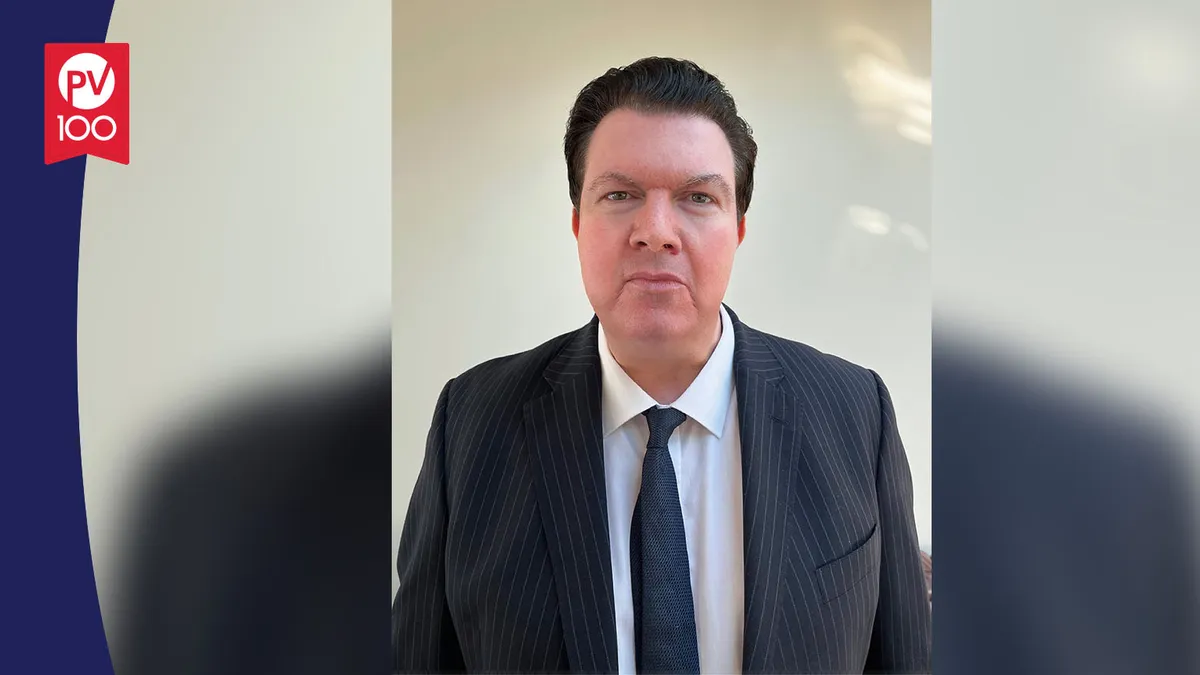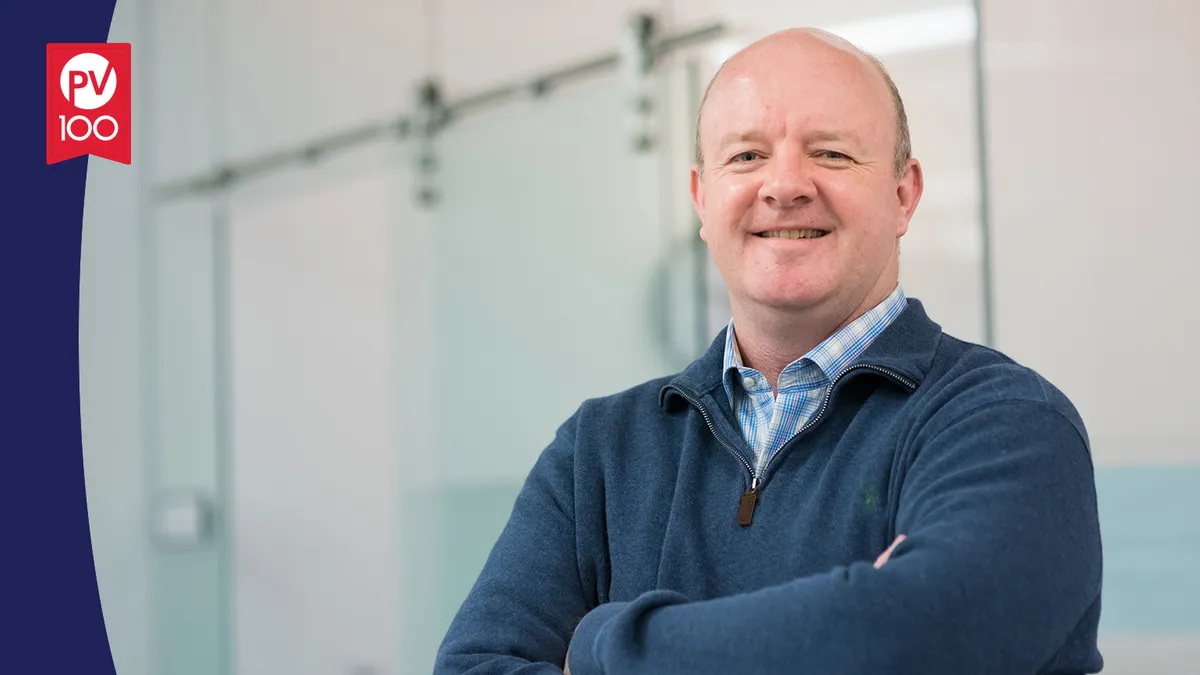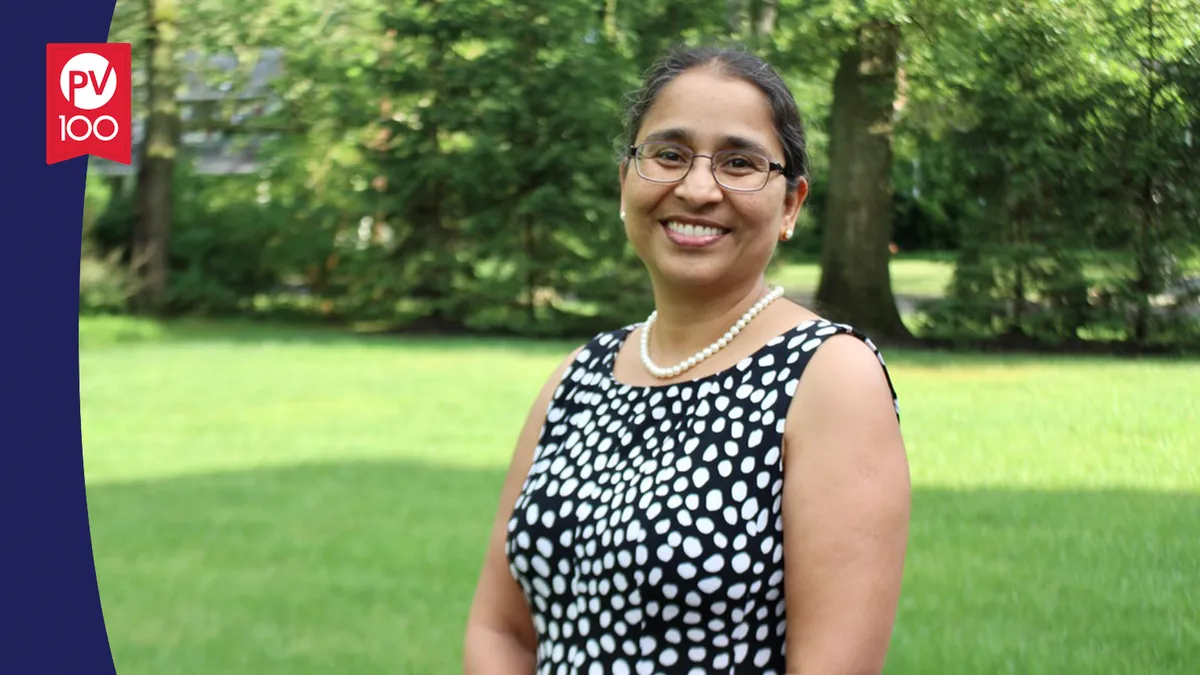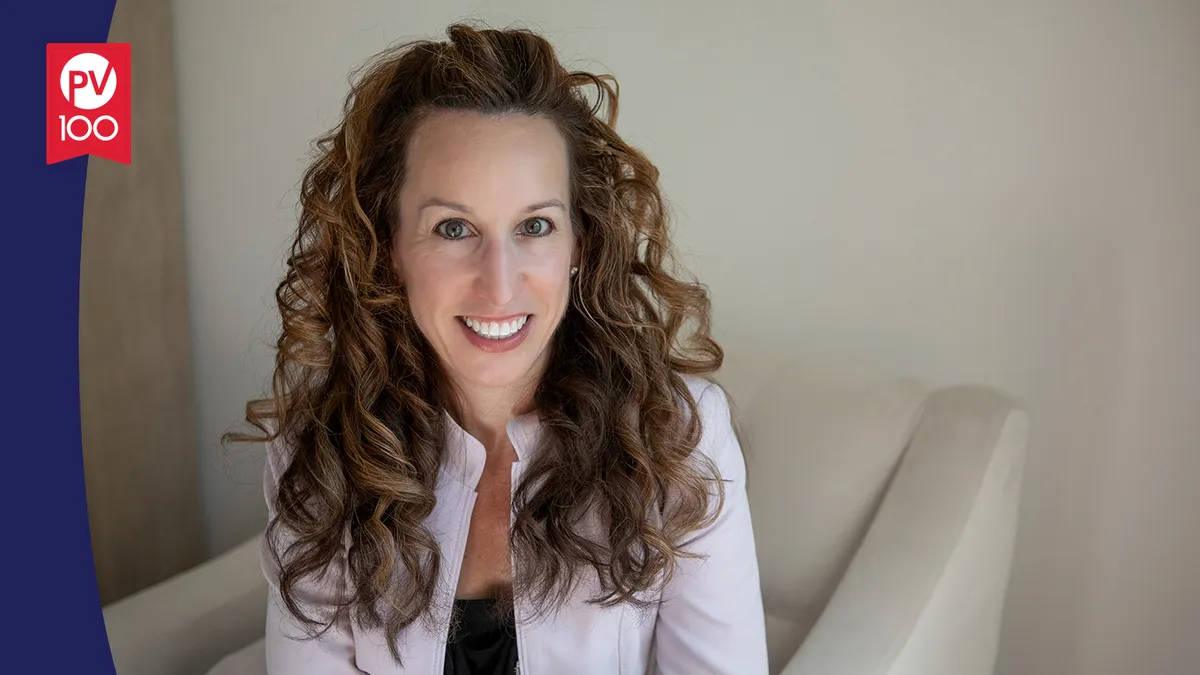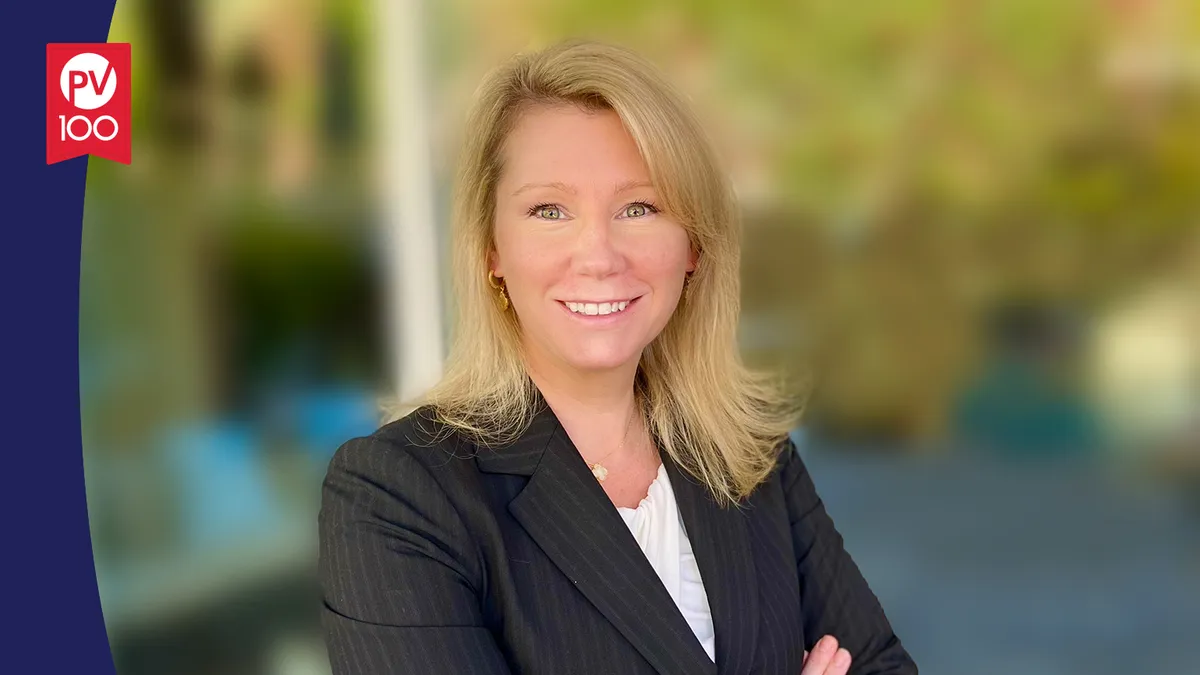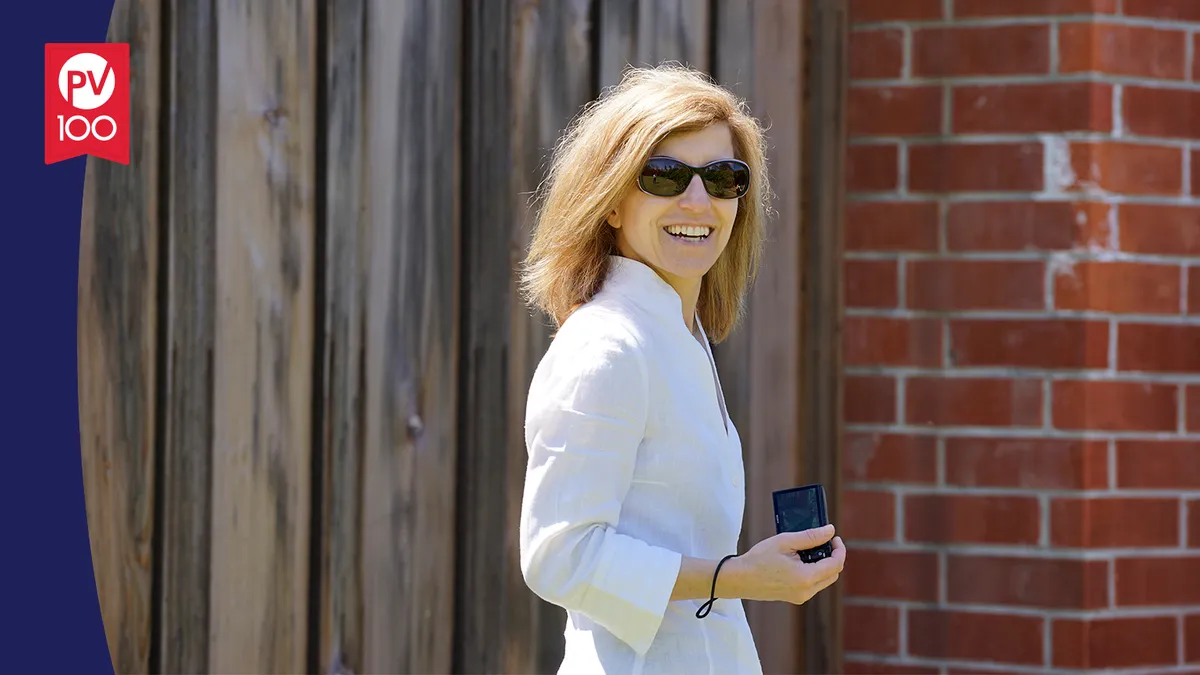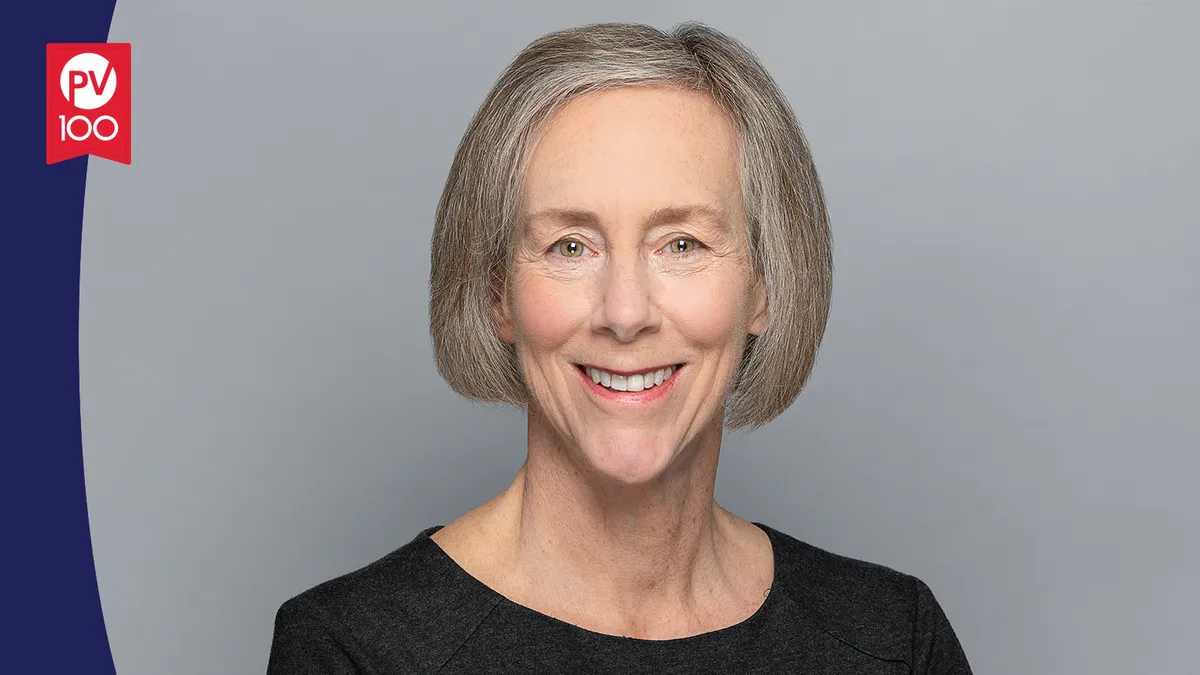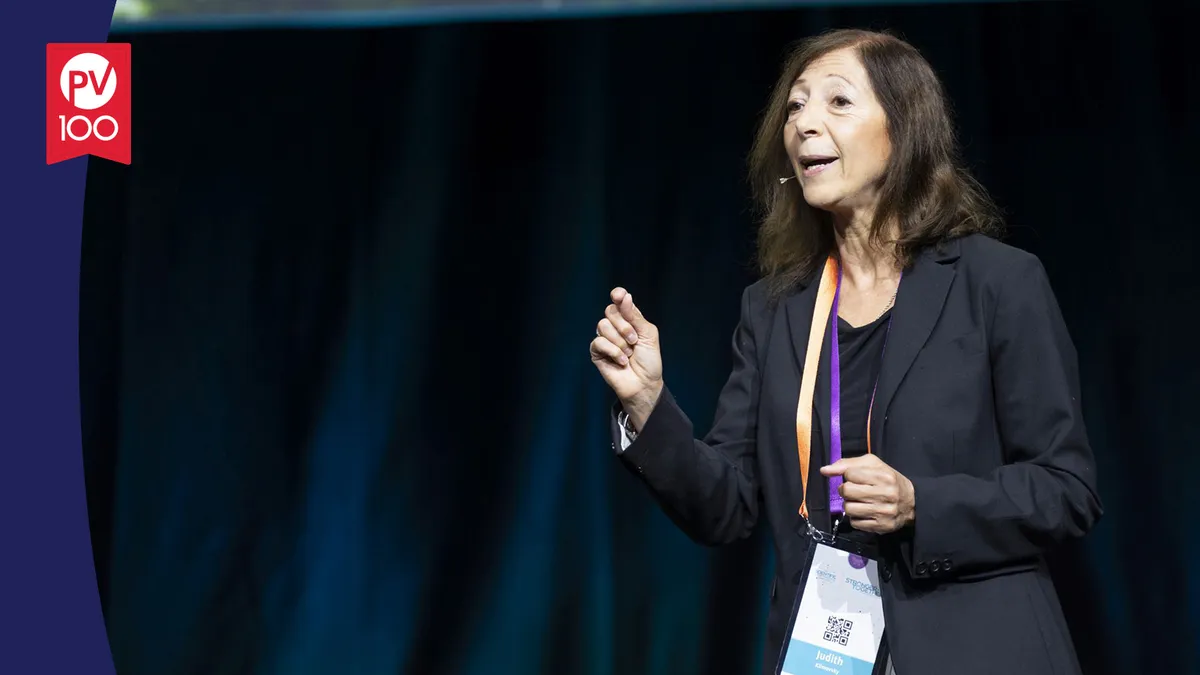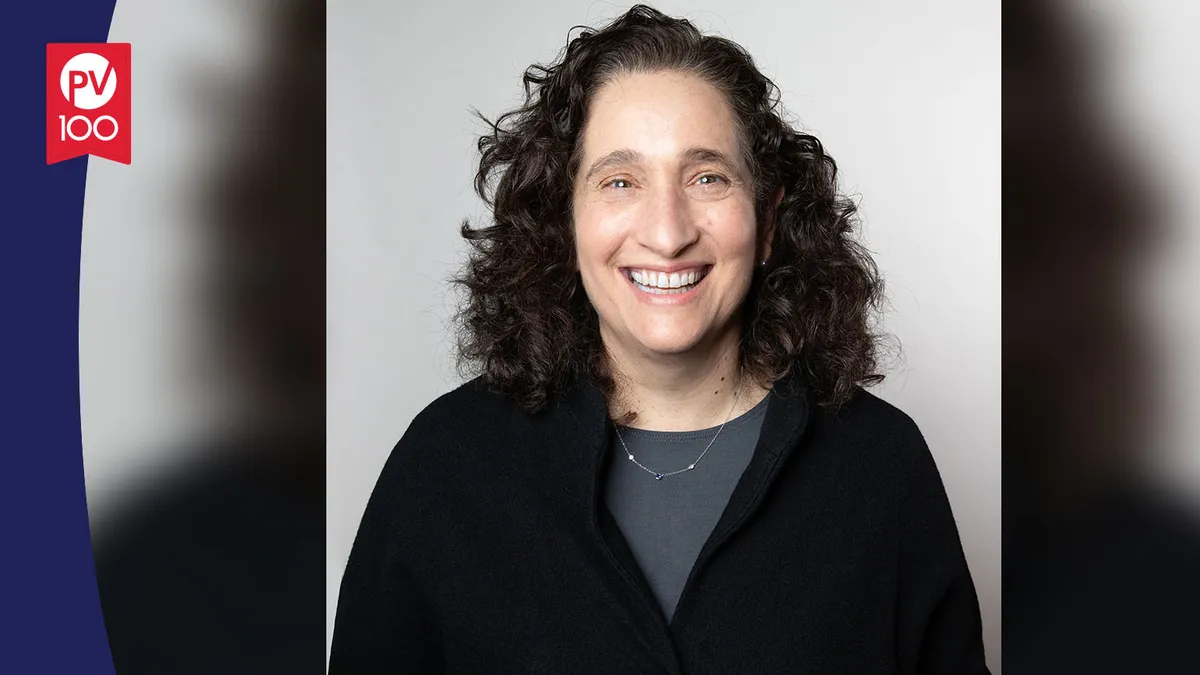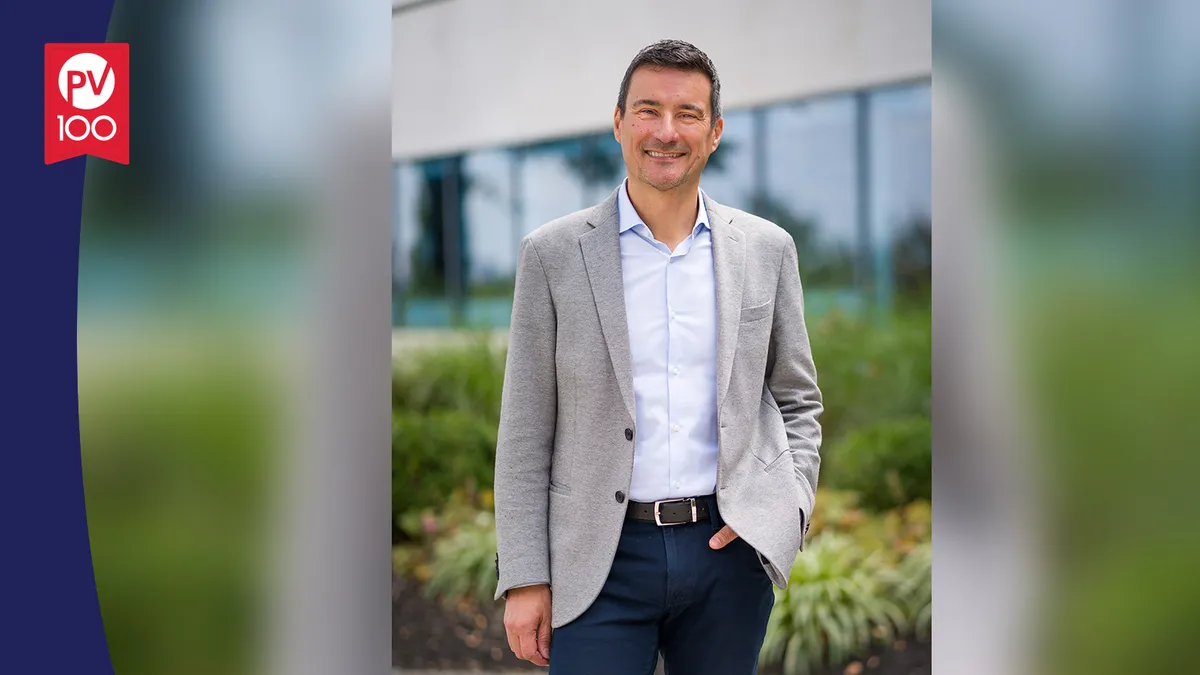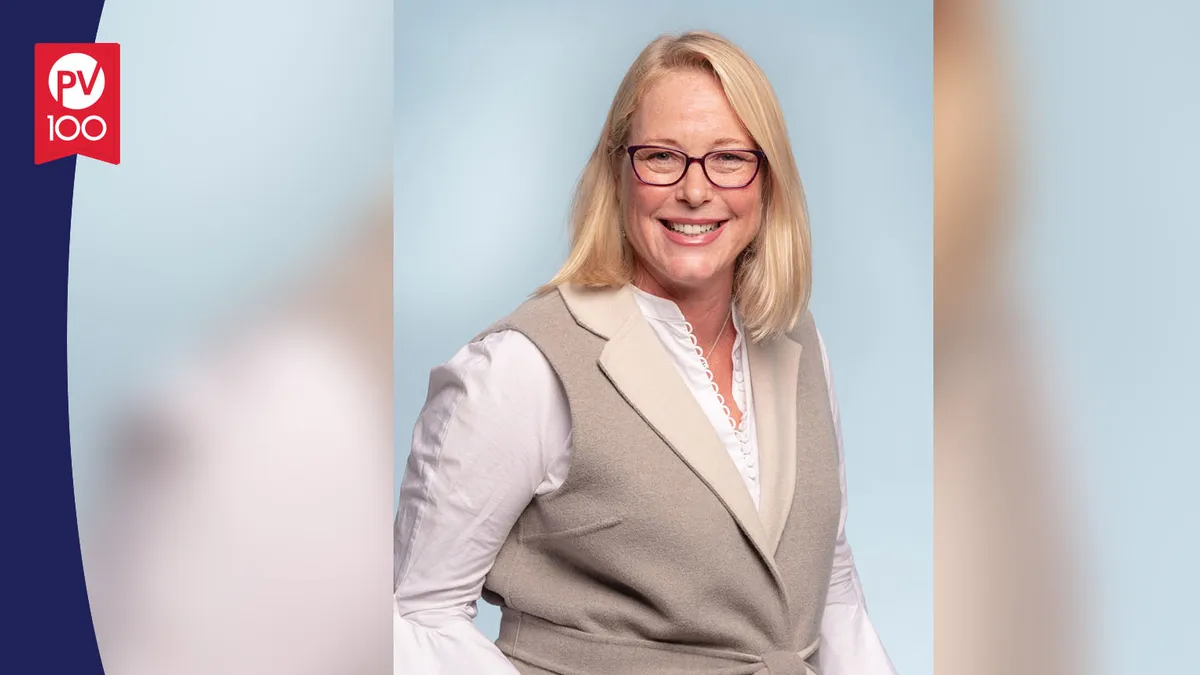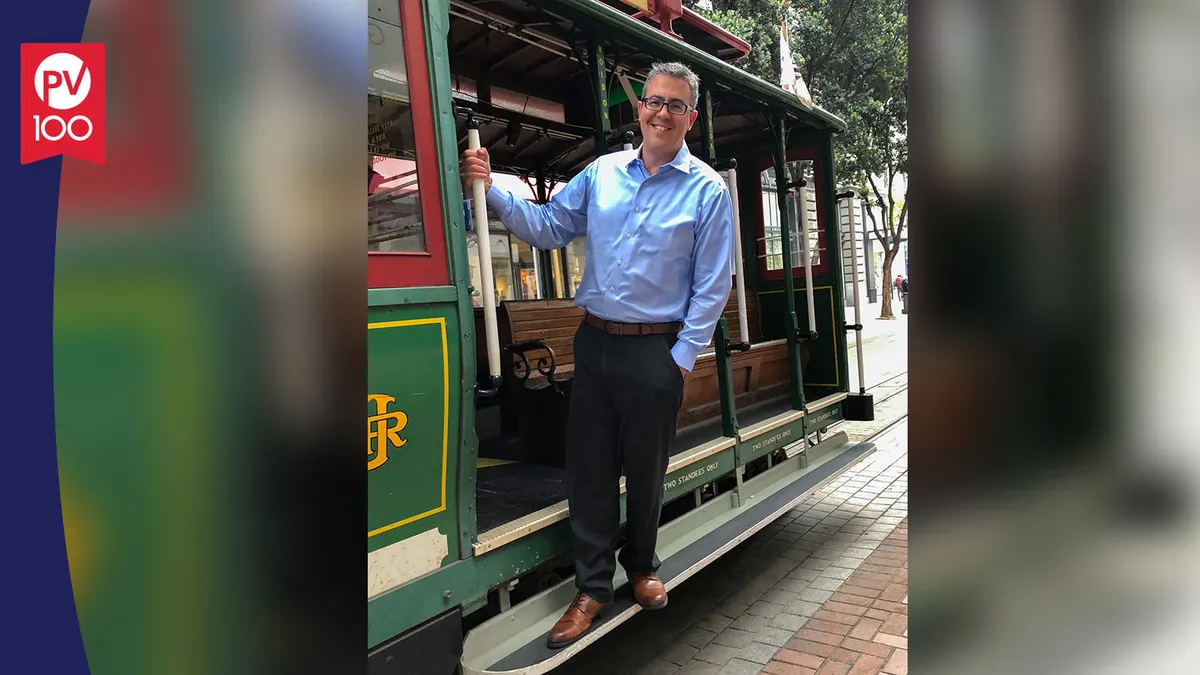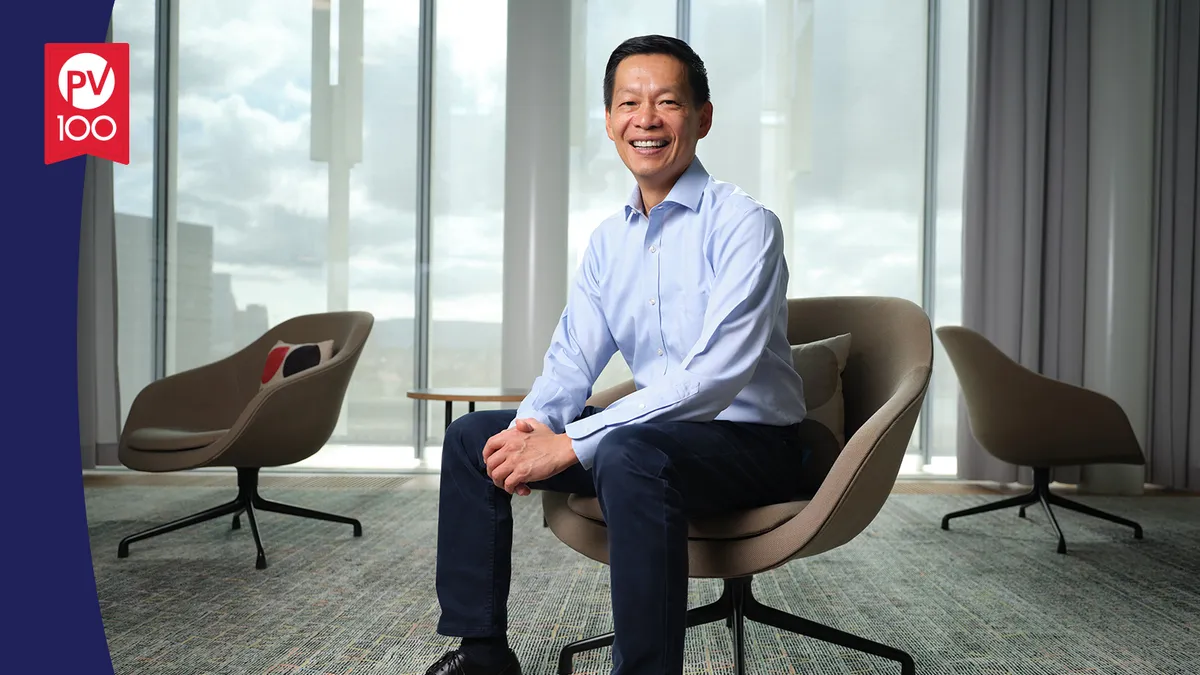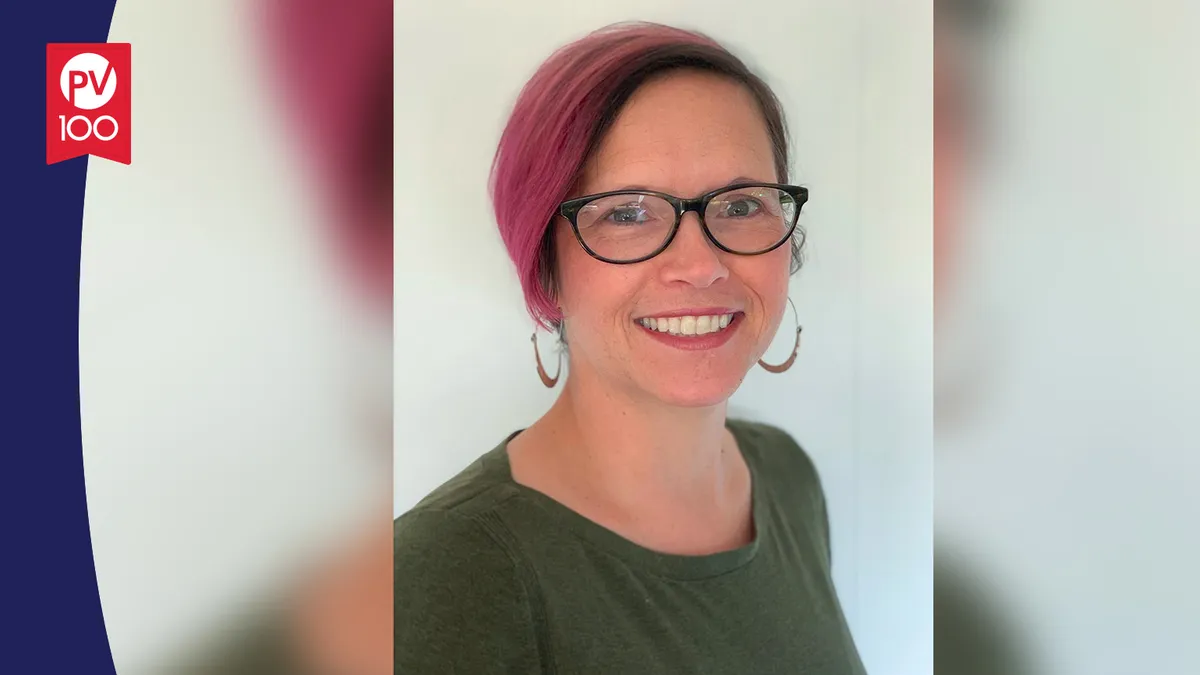Editor’s note: This story is part of our 2022 PharmaVoice 100 feature.
It takes a special leader to guide a biotech company from a “small research-focused startup to a fast-growing company with clinical aspirations,” as Faraz Ali’s nominator writes.
But that’s what Tenaya Therapeutics, which has a pipeline of early-stage therapeutic programs in development for rare heart conditions, has in Ali.
Ali joined the company four years ago as its CEO after stints at Bluebird bio, Regenxbio, Genzyme and GE Healthcare, and since then, he has pushed Tenaya to expand its vision, including driving the build-out and operational launch in June of its Genetic Medicines Manufacturing Center in Union City, Calif.
“I have seen Tenaya both before and after Faraz’s appointment as CEO. Faraz has proven to be a deliberate and forward-thinking leader who has had tremendous impact on our progress as a company striving to tackle heart disease and on our culture,” his nominator wrote.
Here, Ali discusses his leadership style, the reasons he’s energized by the work Tenaya is doing to provide people with heart disease treatments and why it’s important for leaders and organizations to take risks on its employees.
PharmaVoice: What is your blue ocean?
Faraz Ali: What we are working on at Tenaya Therapeutics is a great example of the pursuit of a blue ocean strategy, as it involves the pursuit of large untapped opportunities in the field [of] heart disease with innovative science and a differentiated strategy. Heart disease is the leading cause of death in the world, more than all oncology combined. This therapeutic area has historically been dominated by small molecules for large indications that have mostly been developed and commercialized by Big Pharma. Yet, there is a surprisingly low level of investment — and competition — in heart disease despite the sizable opportunity and the significant unmet medical need.
Tenaya was founded in 2016 with the idea of going after some of the toughest problems in cardiology by leveraging insights from human genetics and by applying novel therapeutic approaches including gene therapy, regenerative medicine and gene editing. We believe it is now possible to pursue potentially curative therapies that address the underlying causes of both rare and prevalent forms of heart disease. Among our early programs is a first-in-class AAV-based gene therapy (TN-201) to address the leading genetic cause of hypertrophic cardiomyopathy, for which we expect to file an IND in 2022.
How would you describe your leadership style?
I'm authentically passionate about mission, patients, people and culture. My greatest professional satisfaction and success has come in situations where that passion has been ignited. That passion makes it easy to work hard; to evangelize on behalf of new science and programs; to inspire and motivate various stakeholders; and to stay optimistic and positive despite setbacks in the near term and despite the odds stacked against success in the long term.
“One can only hope that, as leaders, we send enough of the right signals and run enough of the right experiments to overall benefit the company and move us in the direction of our goals and our mission.”
Faraz Ali
CEO, Tenaya Therapeutics
I try hard to balance long-term, big-picture vision and strategy with hard-nosed, day-to-day execution against near-term goals. My head is up in the clouds scanning the horizon for what is next and what feels impossible but is not. My hands and feet are solidly on the ground, putting one step in front of the other, sweating the details, leaving no stone unturned. It's a tough balance to strike. I don't claim to always get it right and respect the leaders who can consistently do this well.
How are you paying your success forward?
When I look back at the end of my professional life, I hope to measure my success in terms of helping bring forward therapies that saved or improved the lives of people living with serious diseases. I also hope to measure my success in terms of helping others to find their leadership potential to do the same.
I have benefited tremendously from the support of leaders who were willing to take a risk on me at various points in my career. They chose me for roles — often tough ones — for which I was theoretically not perfectly prepared based on my education or prior experiences. Those roles created opportunities for success and for learning that forced me to mature and grow on a nonlinear trajectory.
I now try to pay that forward by being willing to take risks on others. Employees at Tenaya have heard me say that “You took a risk on us by coming to Tenaya instead of going to other companies, and we owe it to you to take risks on you.” There are leaders in every function and at every level at Tenaya who may be in their specific leadership roles for the first time. Many of them are enjoying meaningful success. That is very gratifying.

